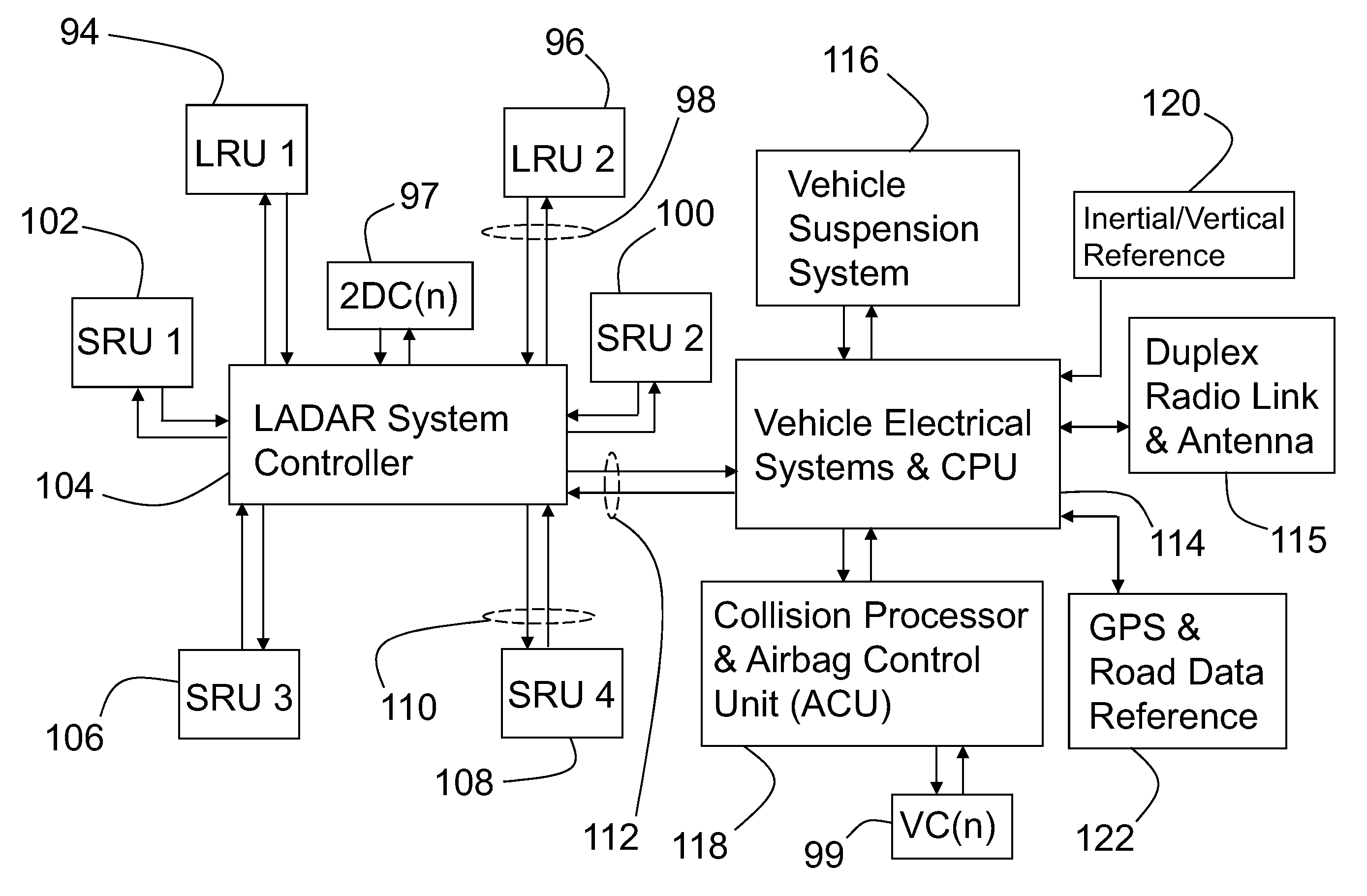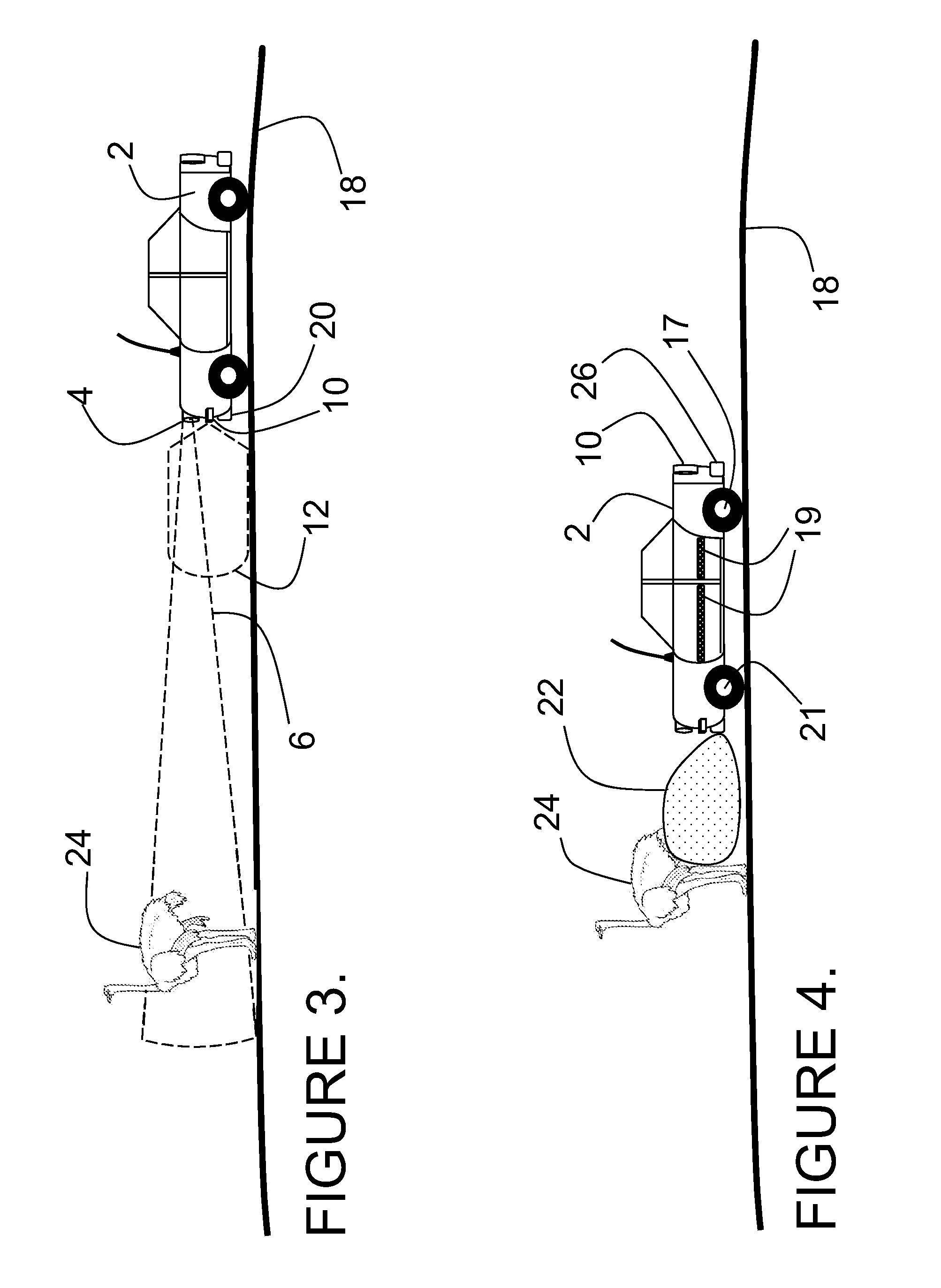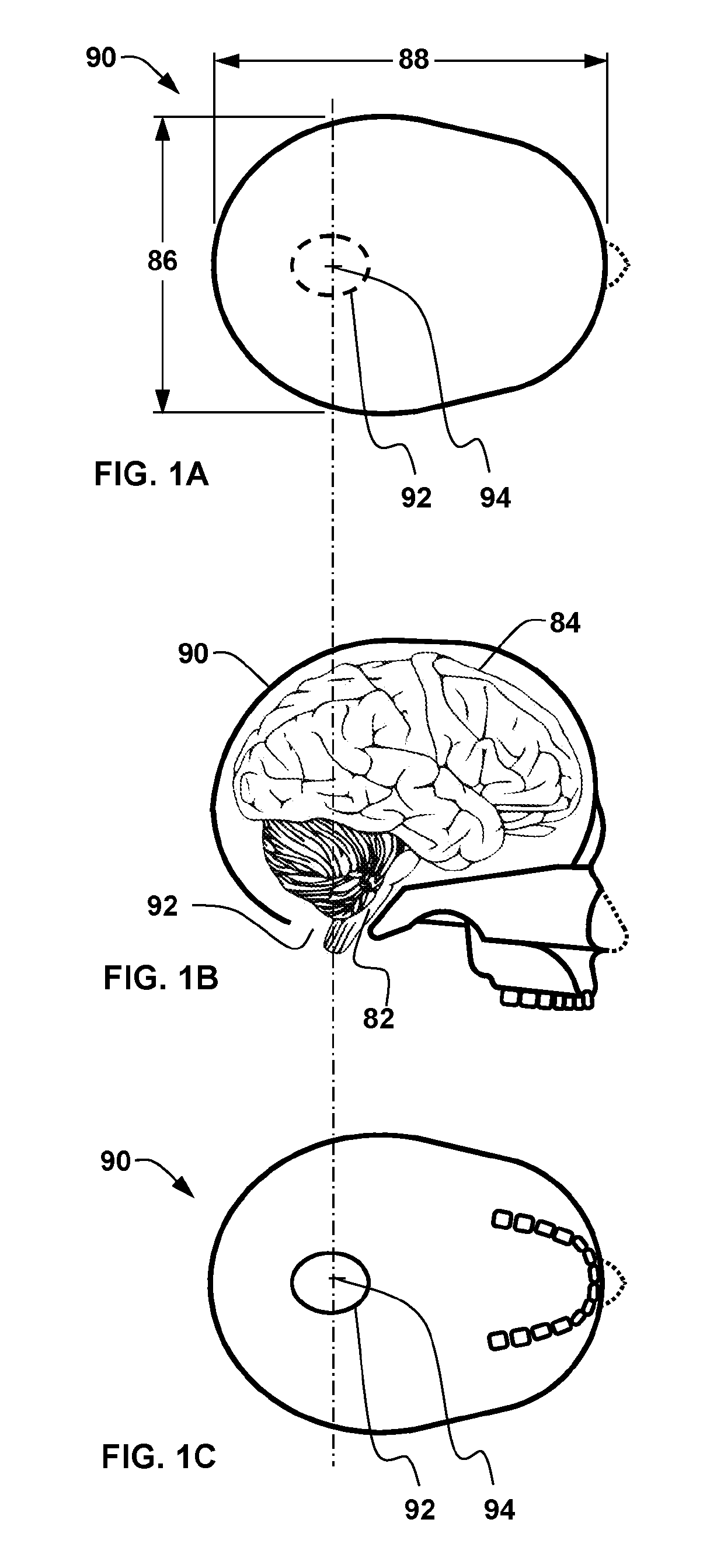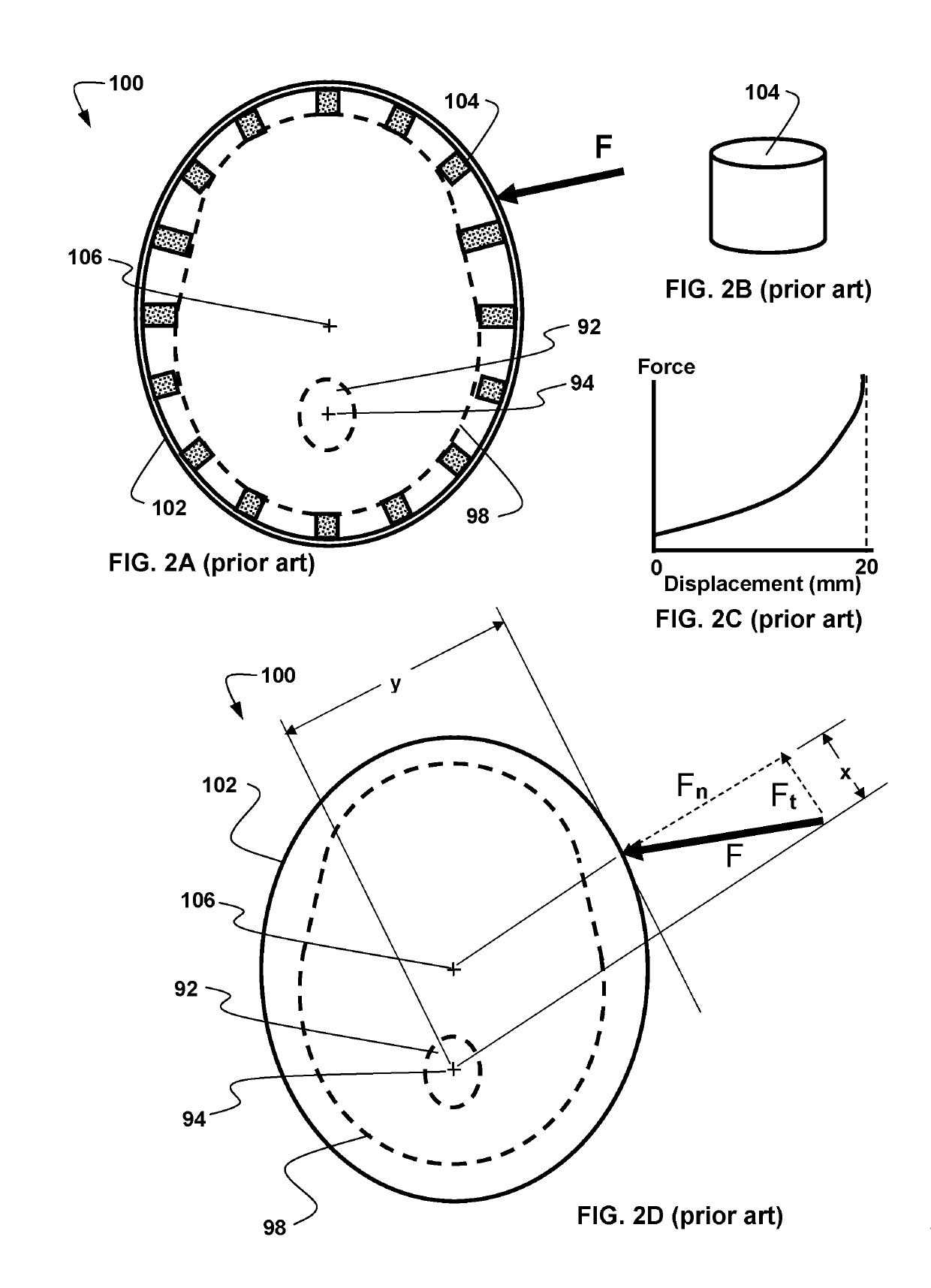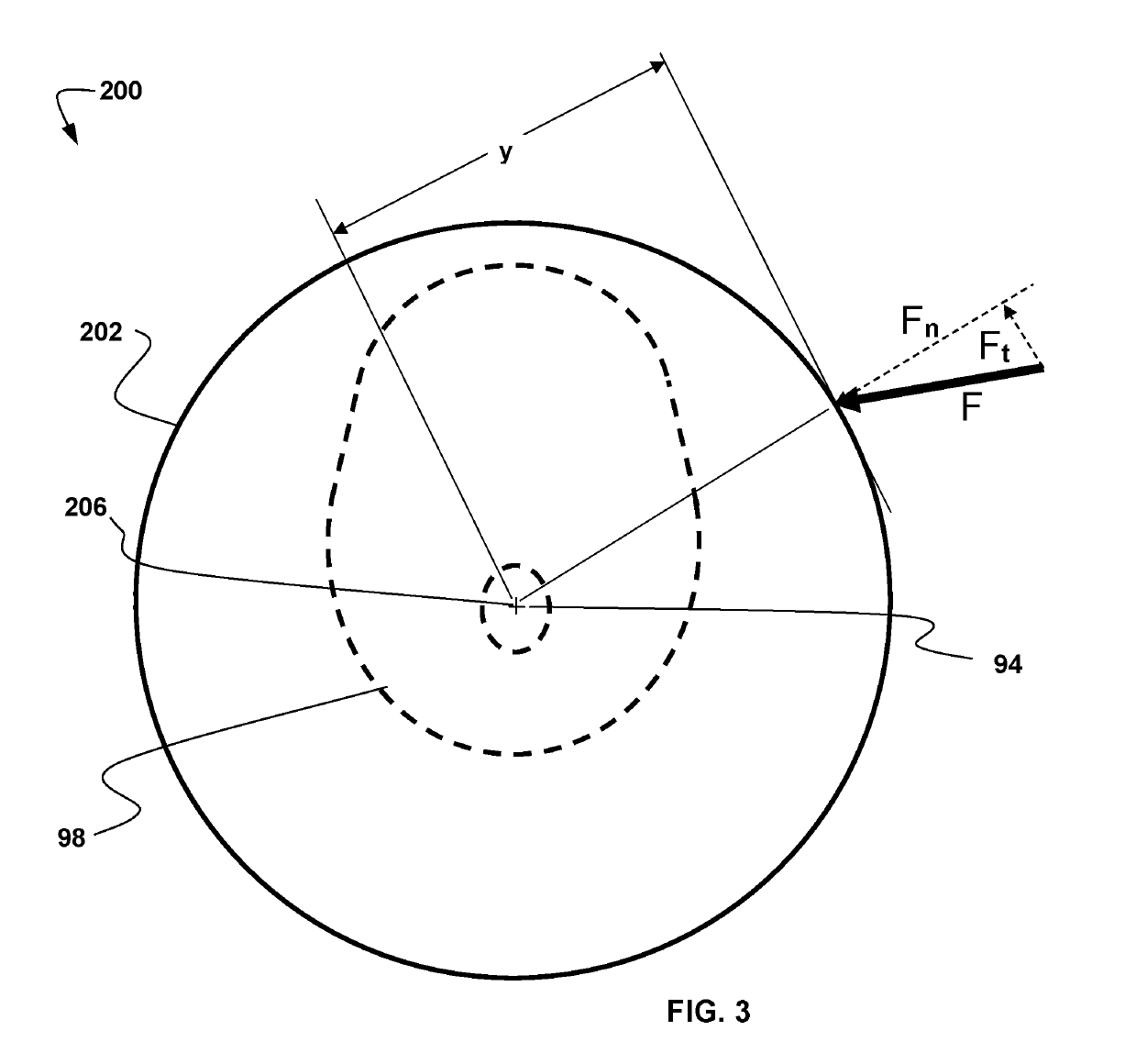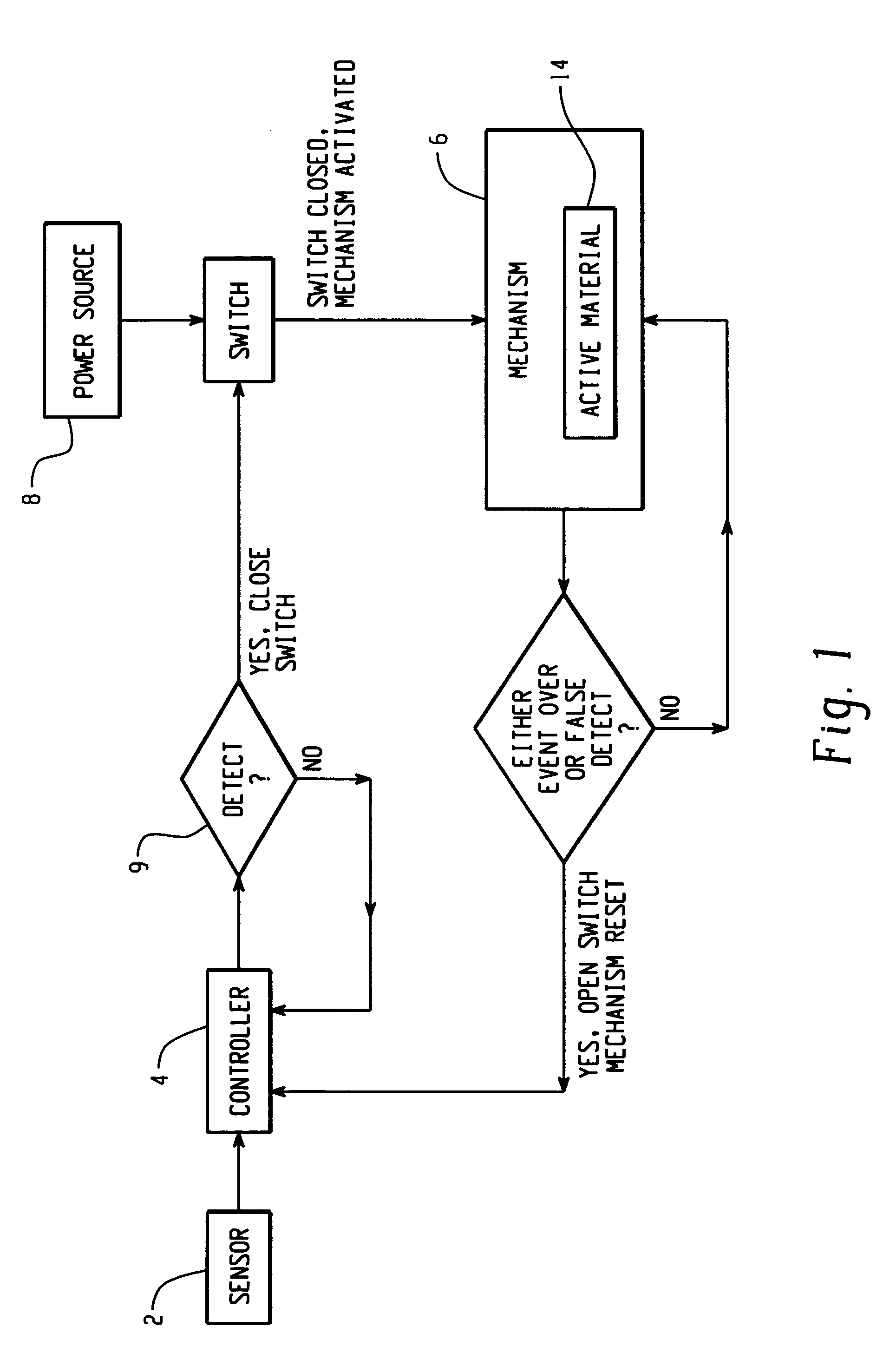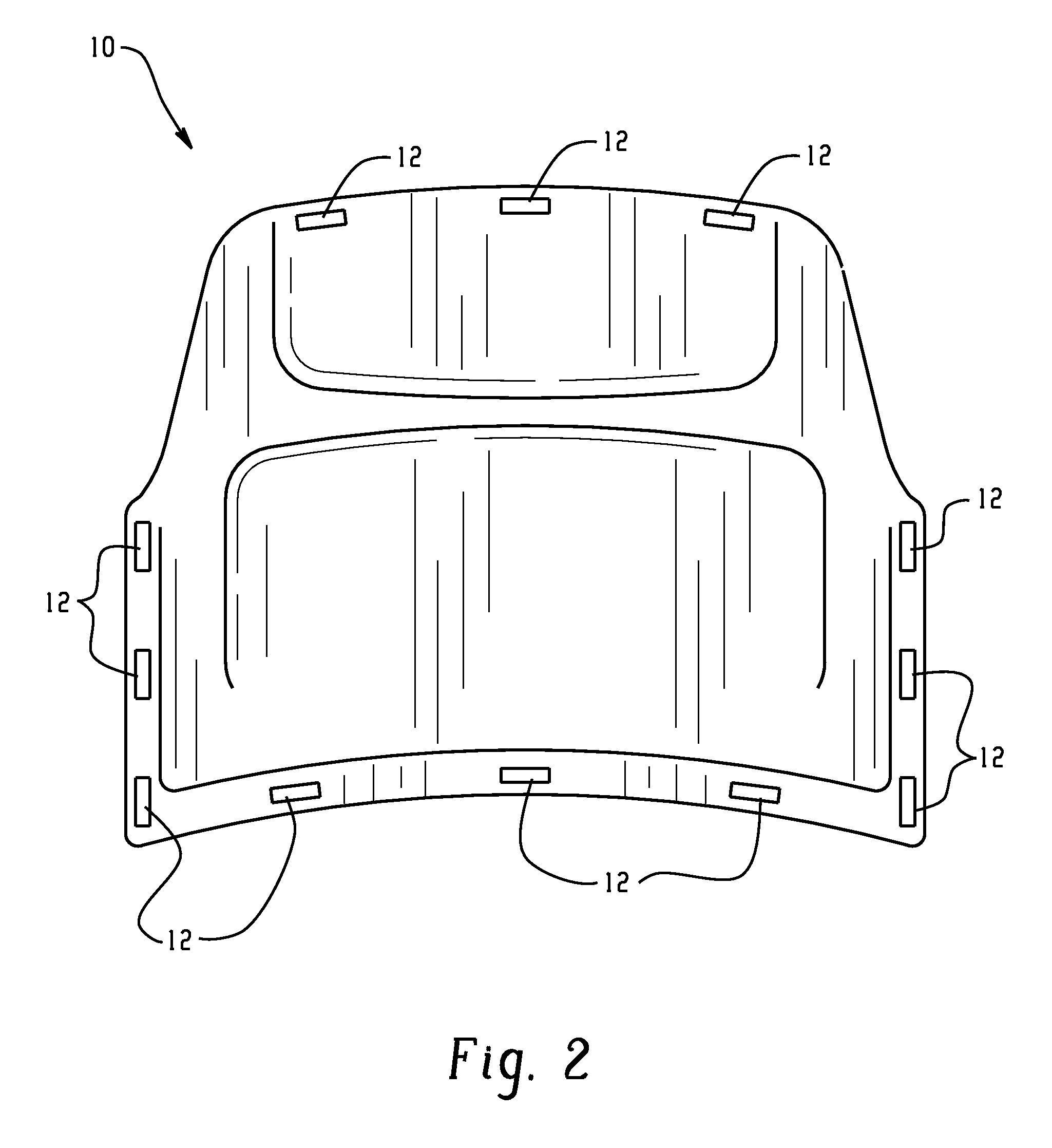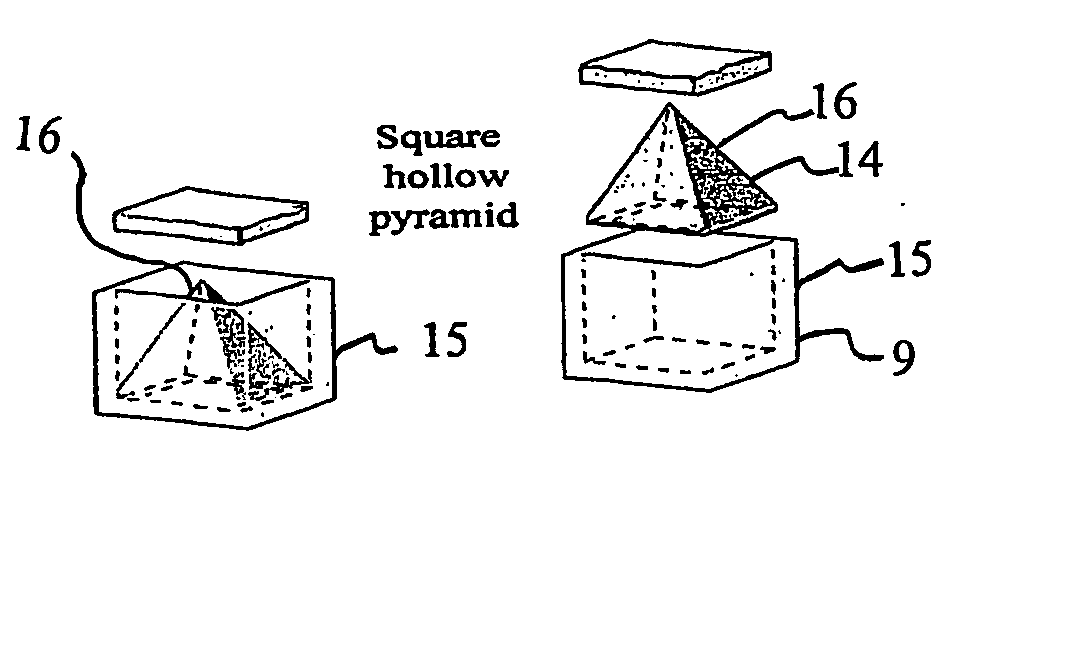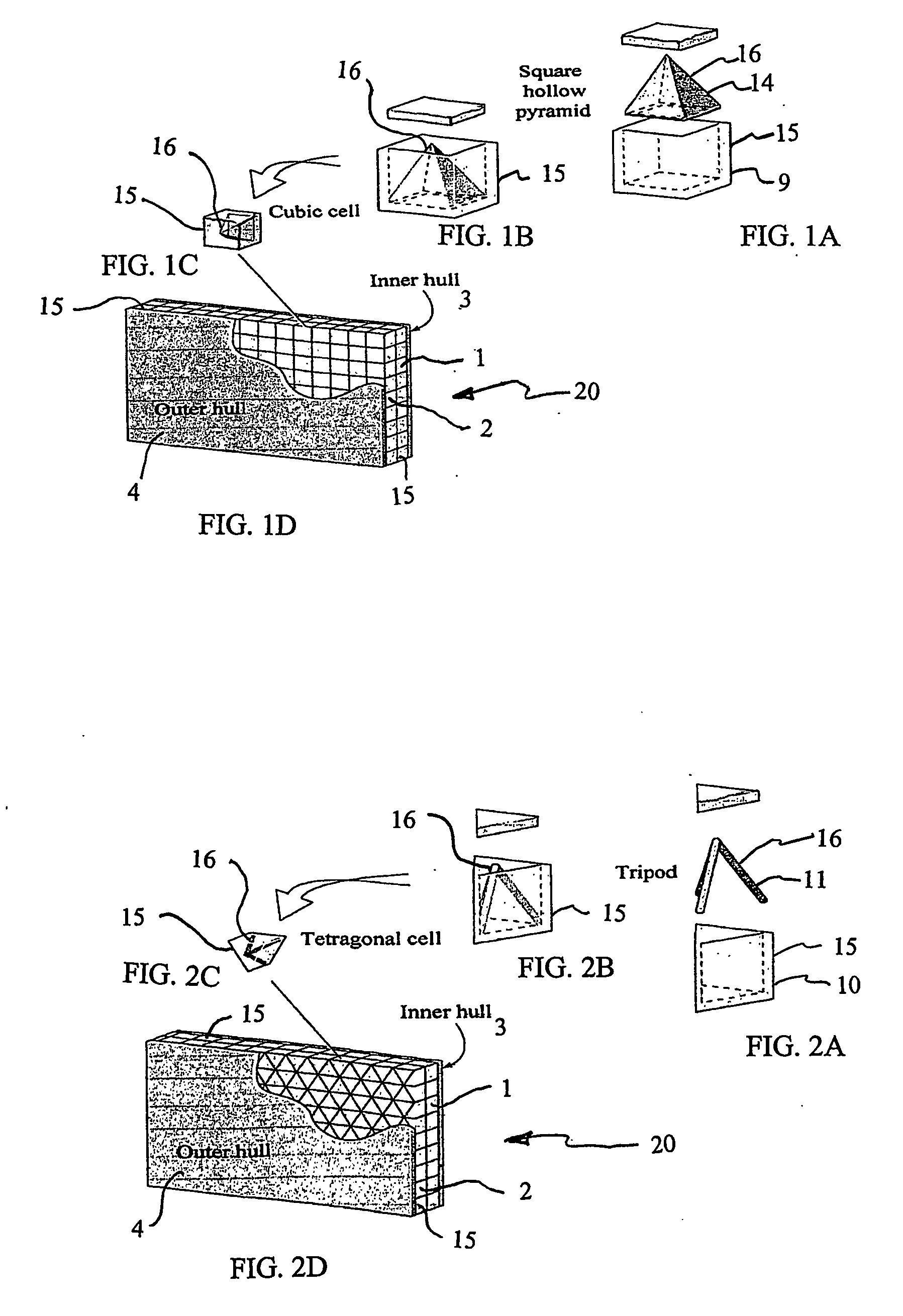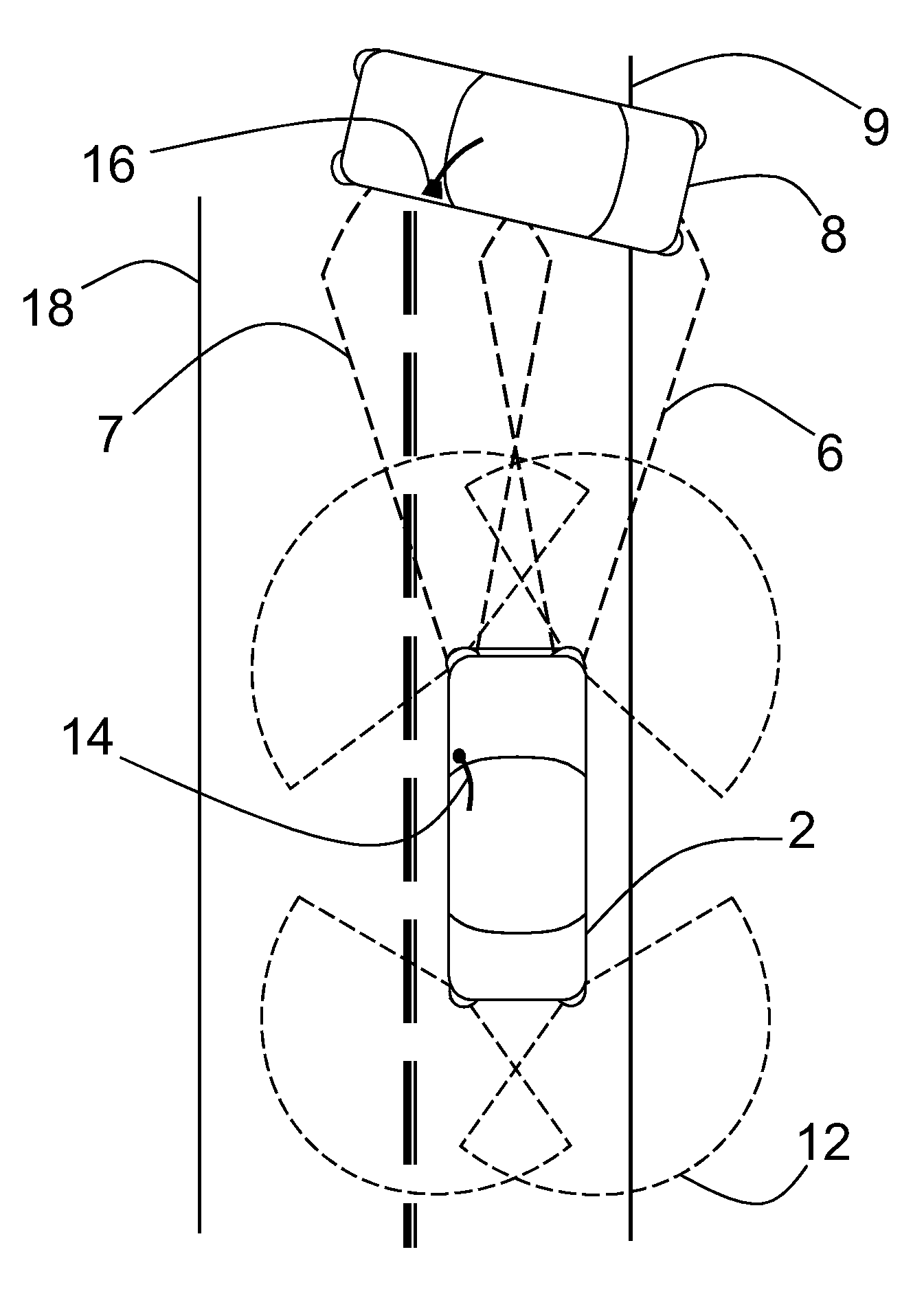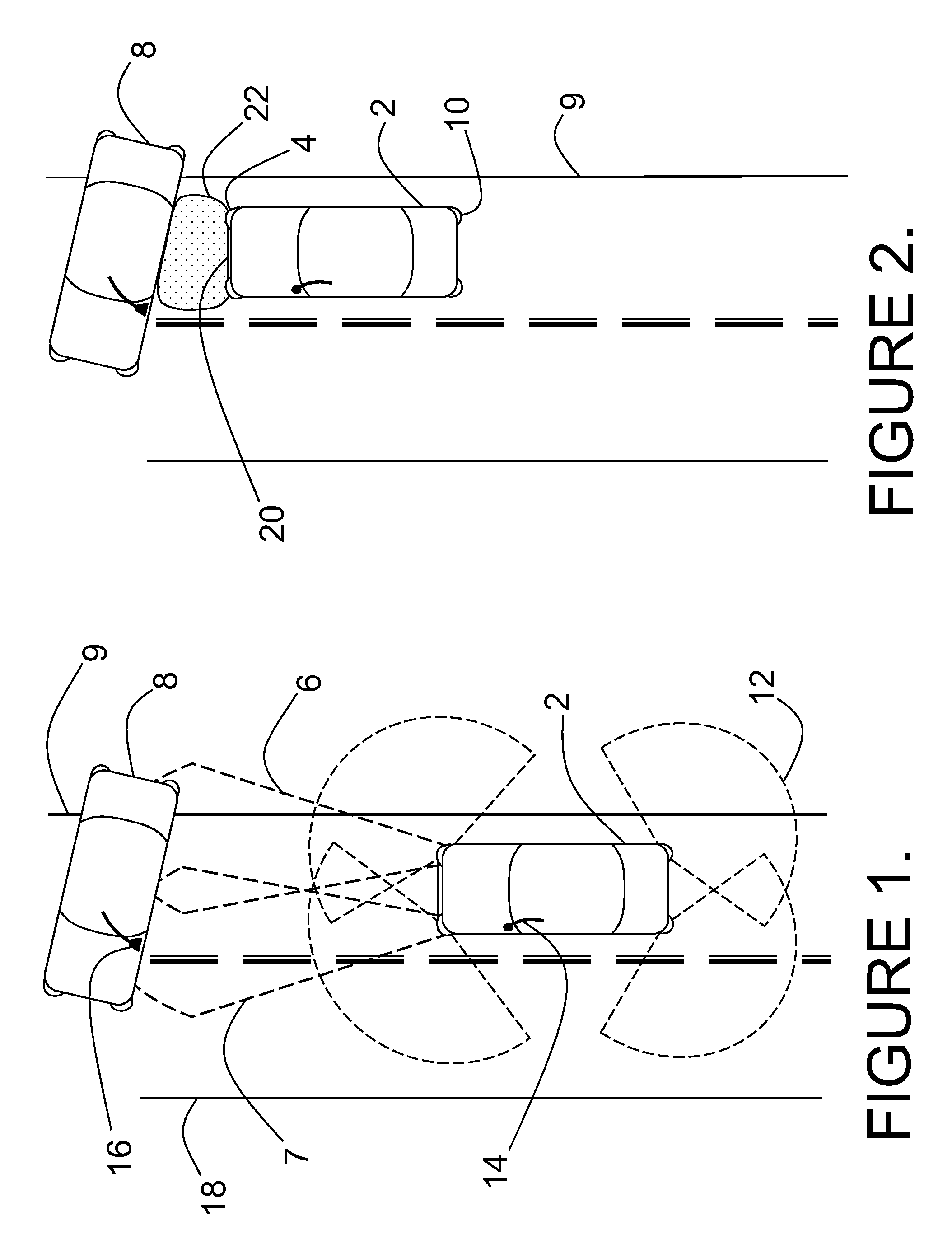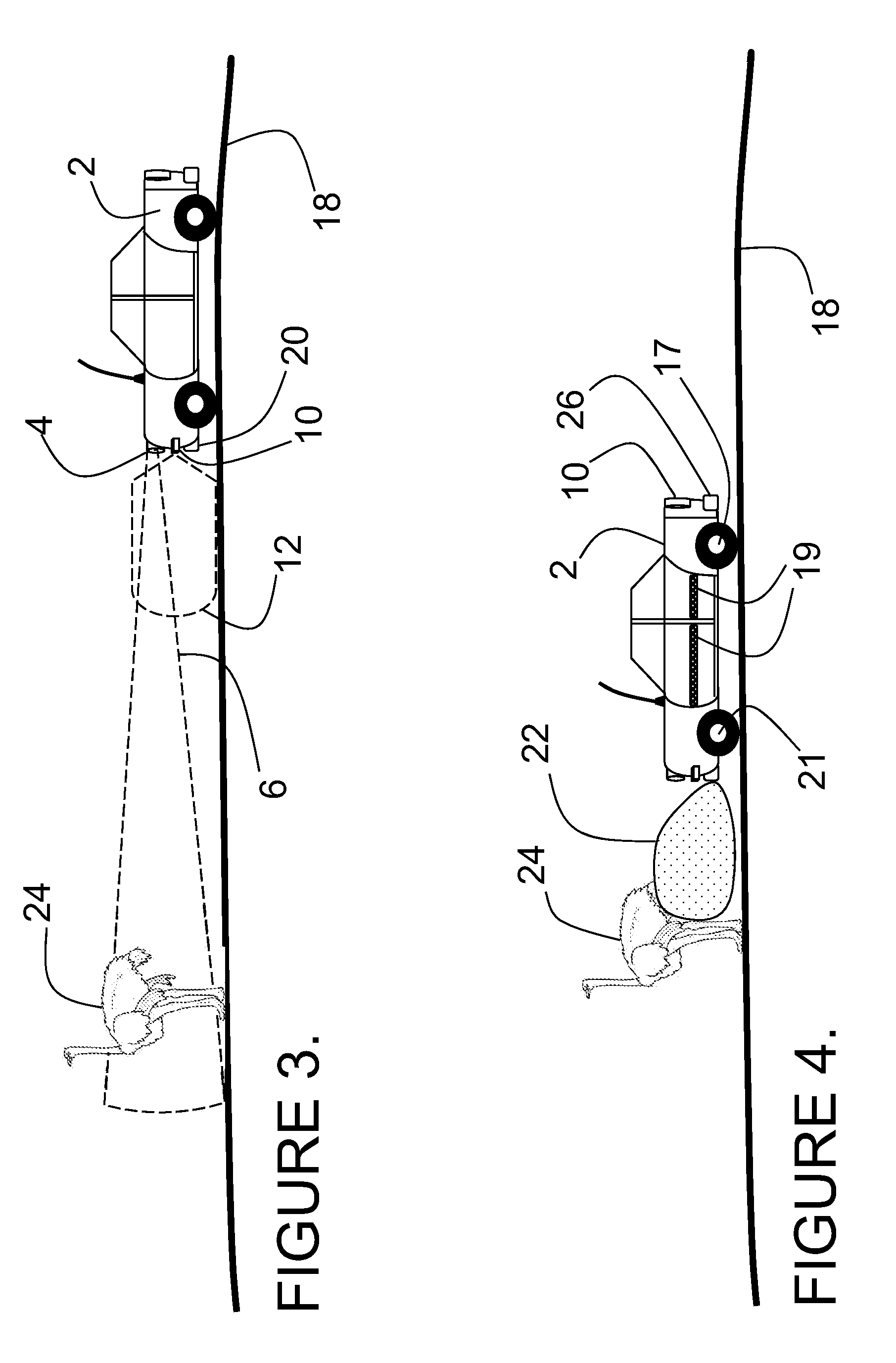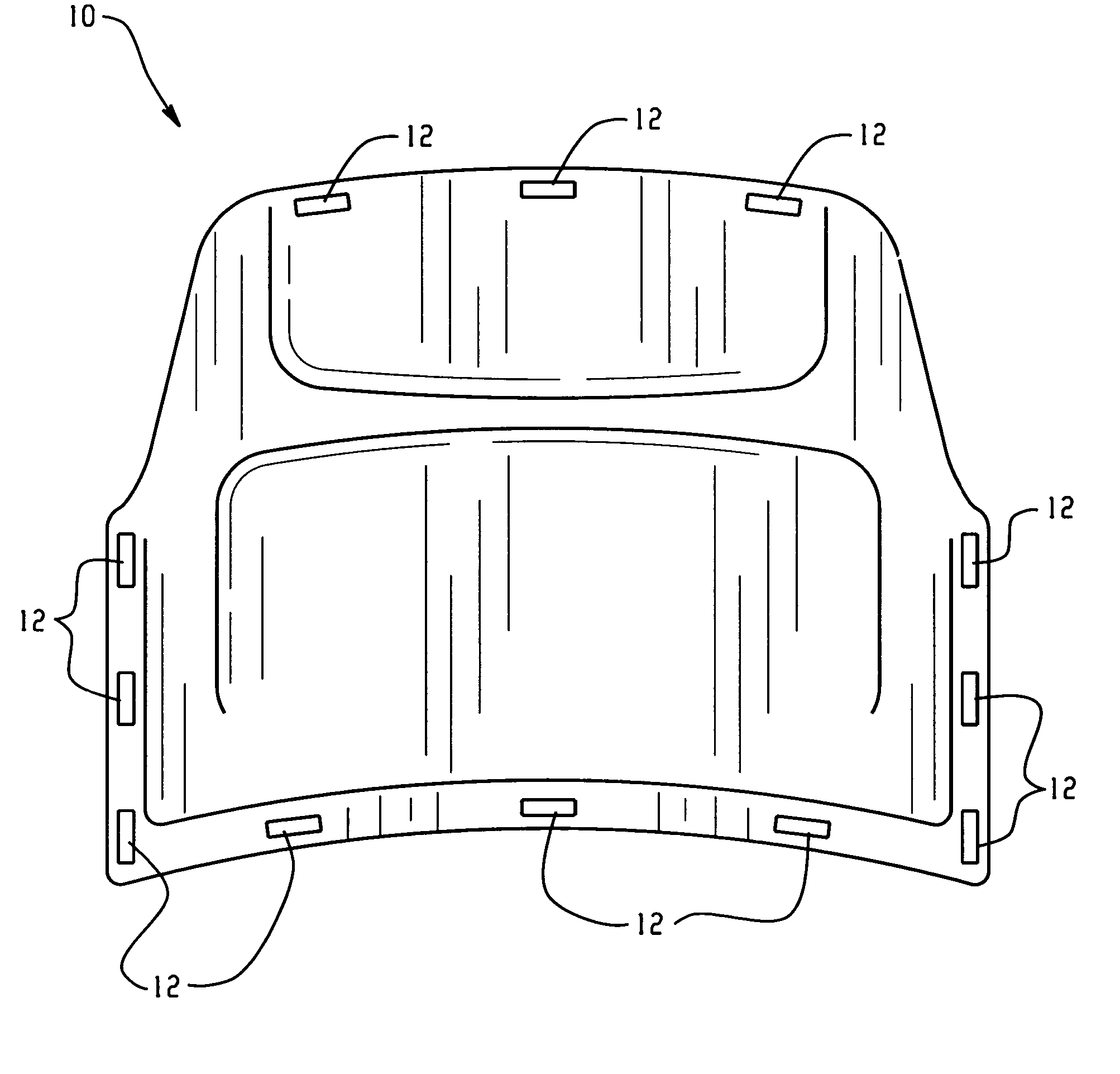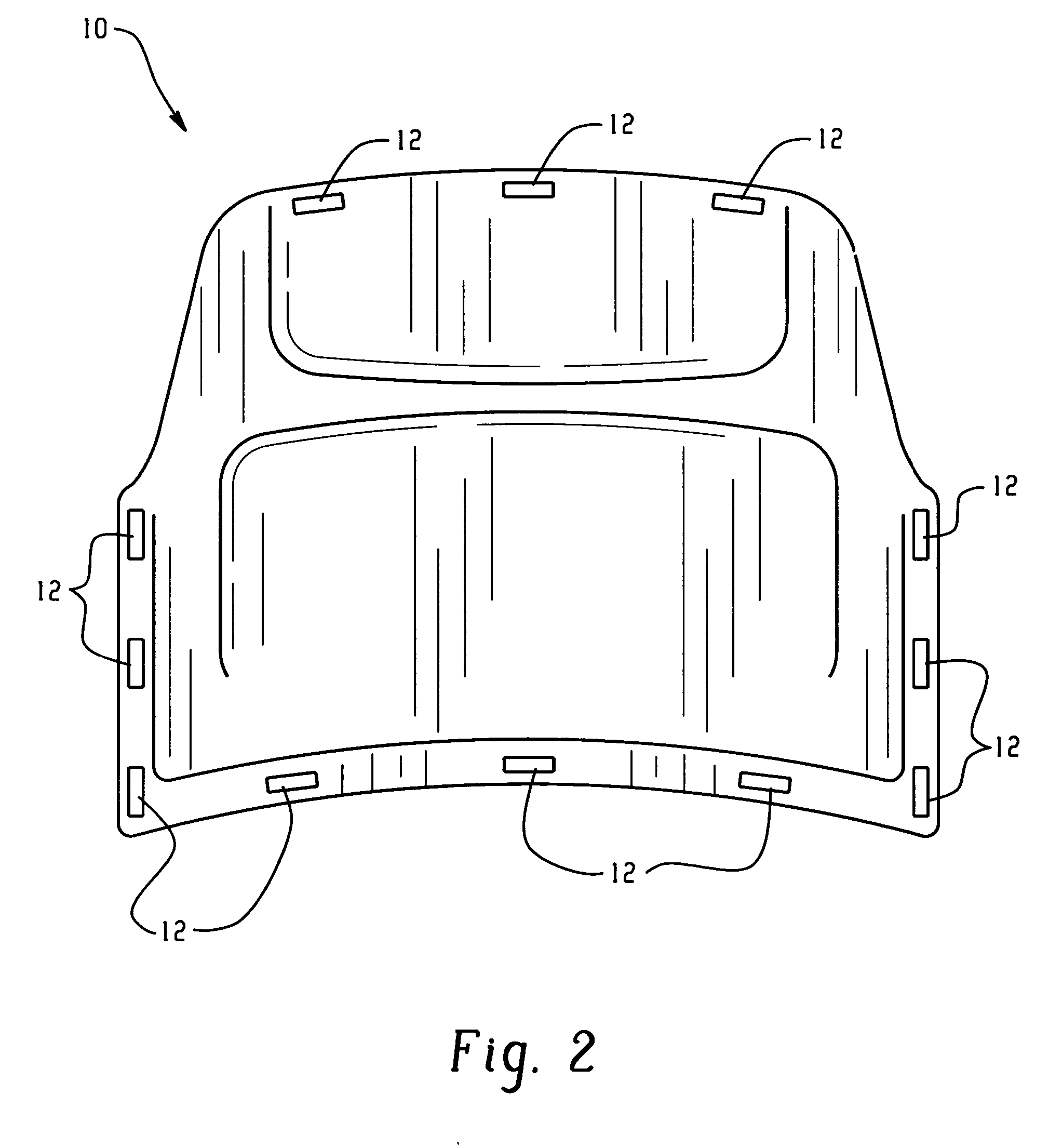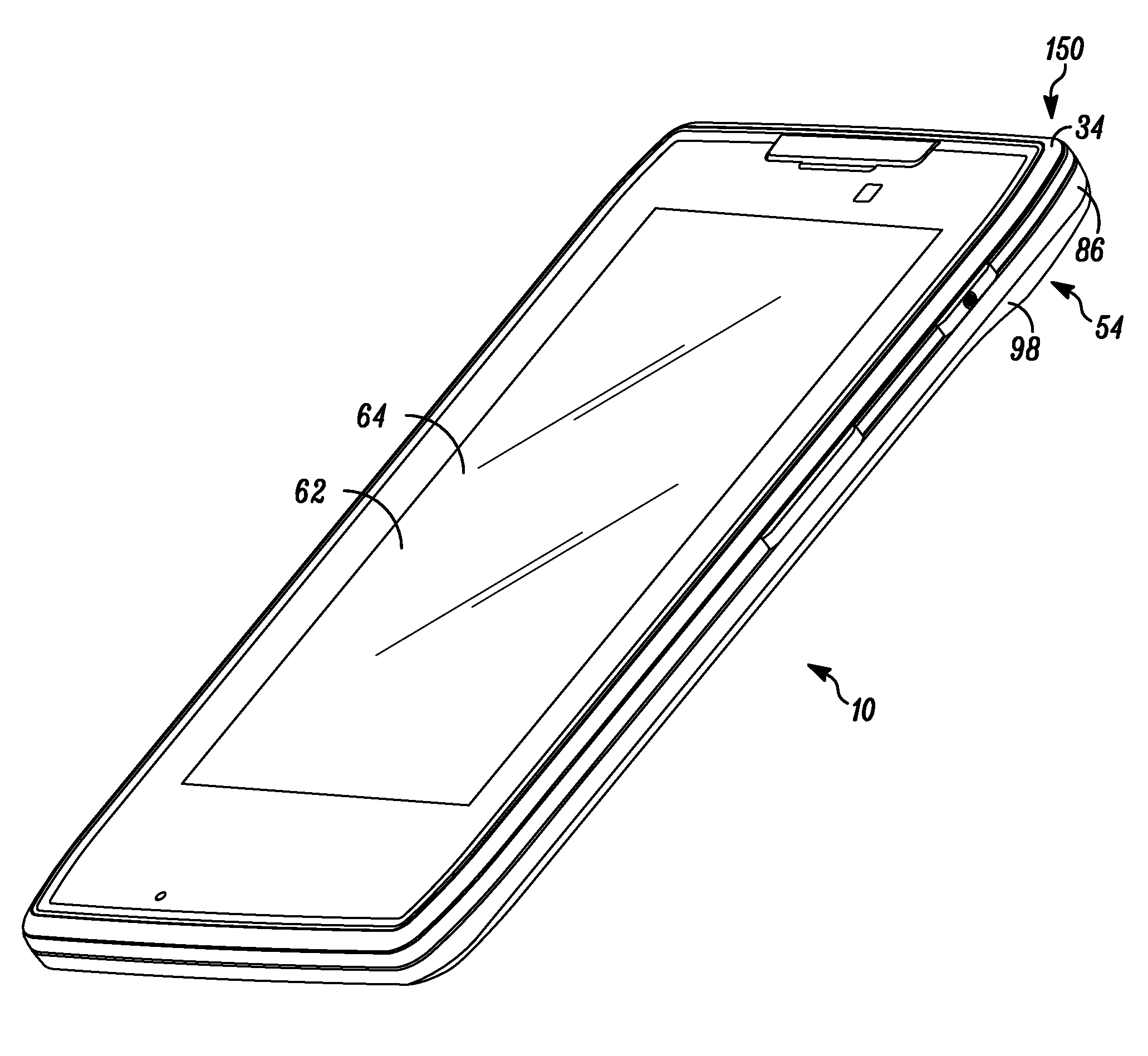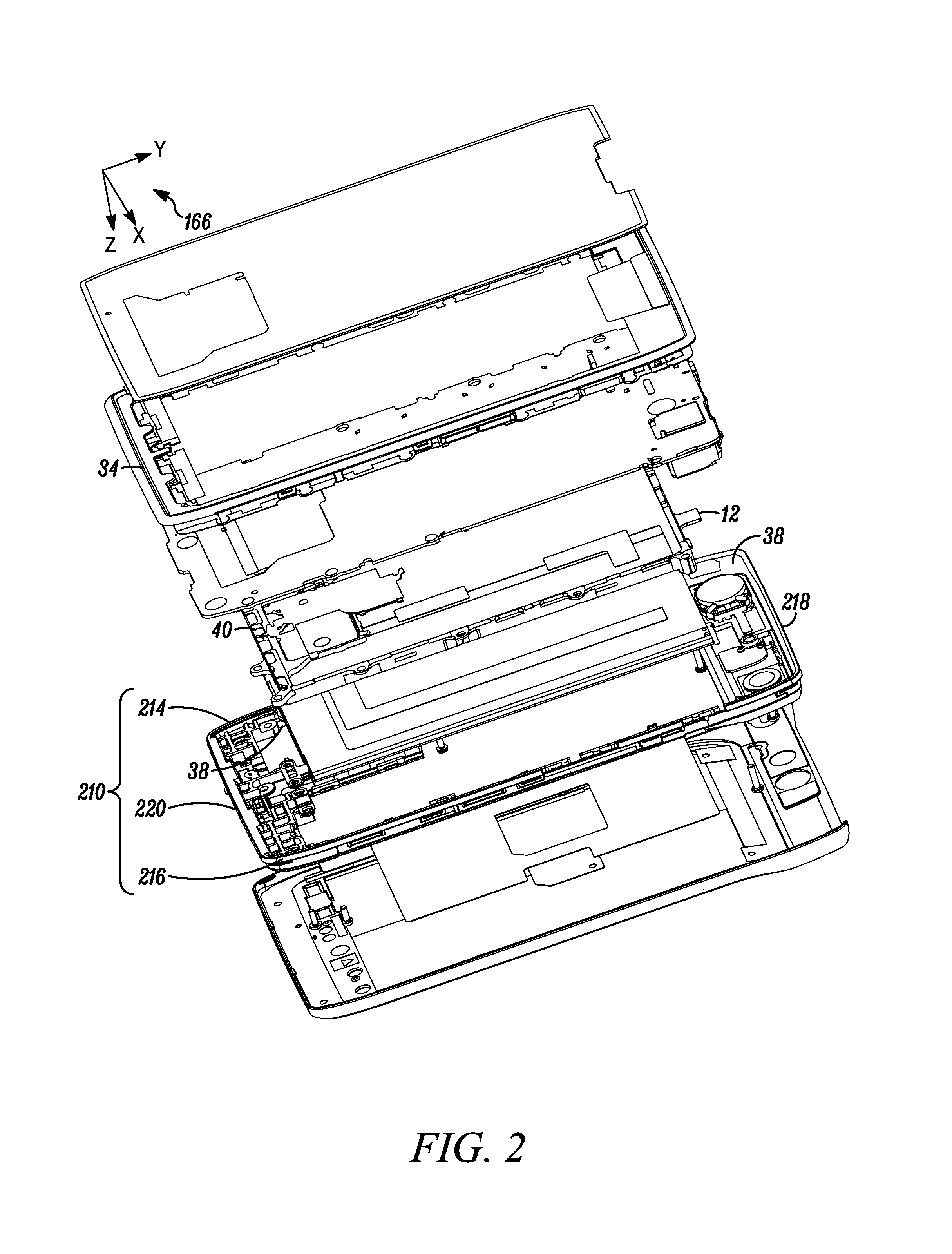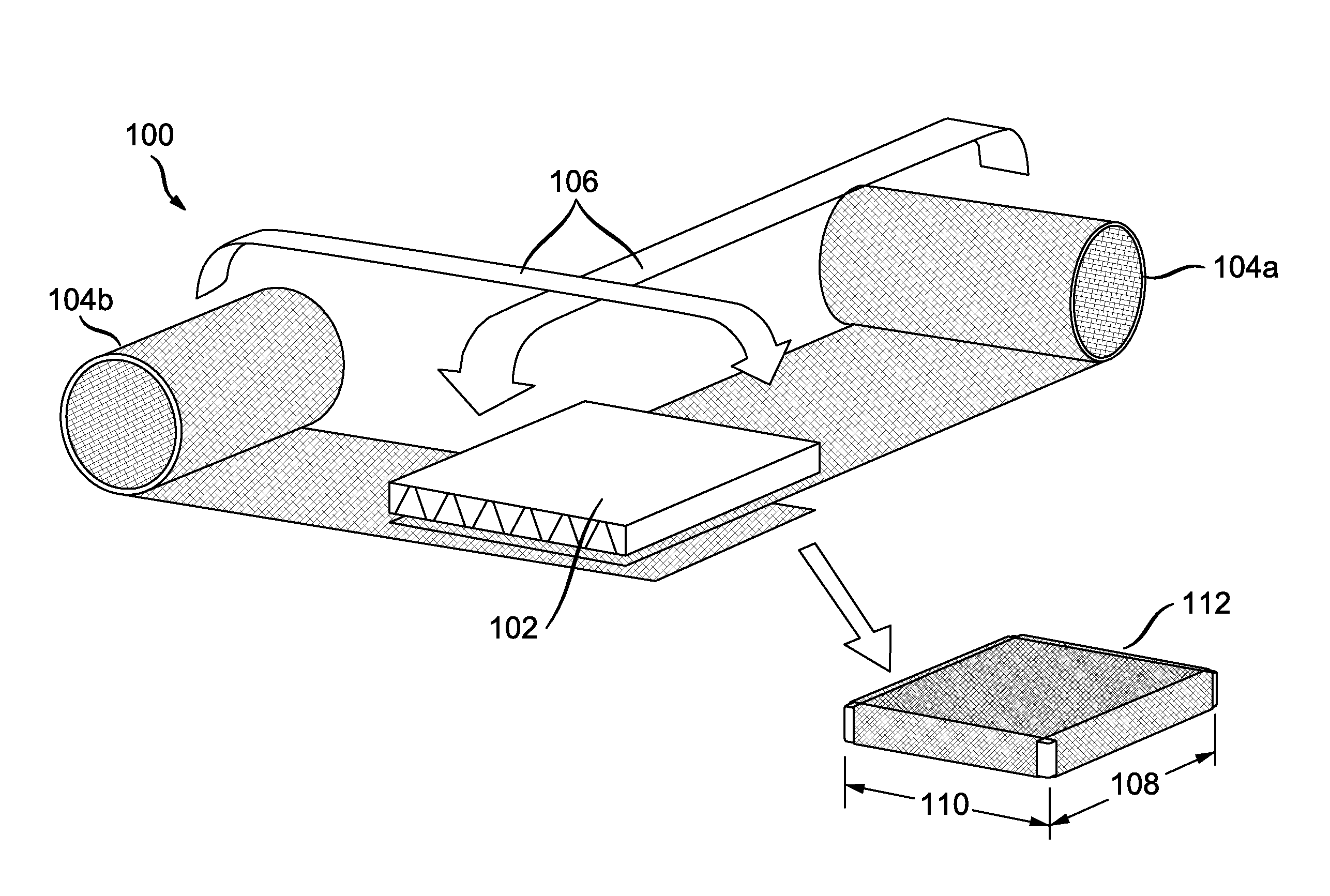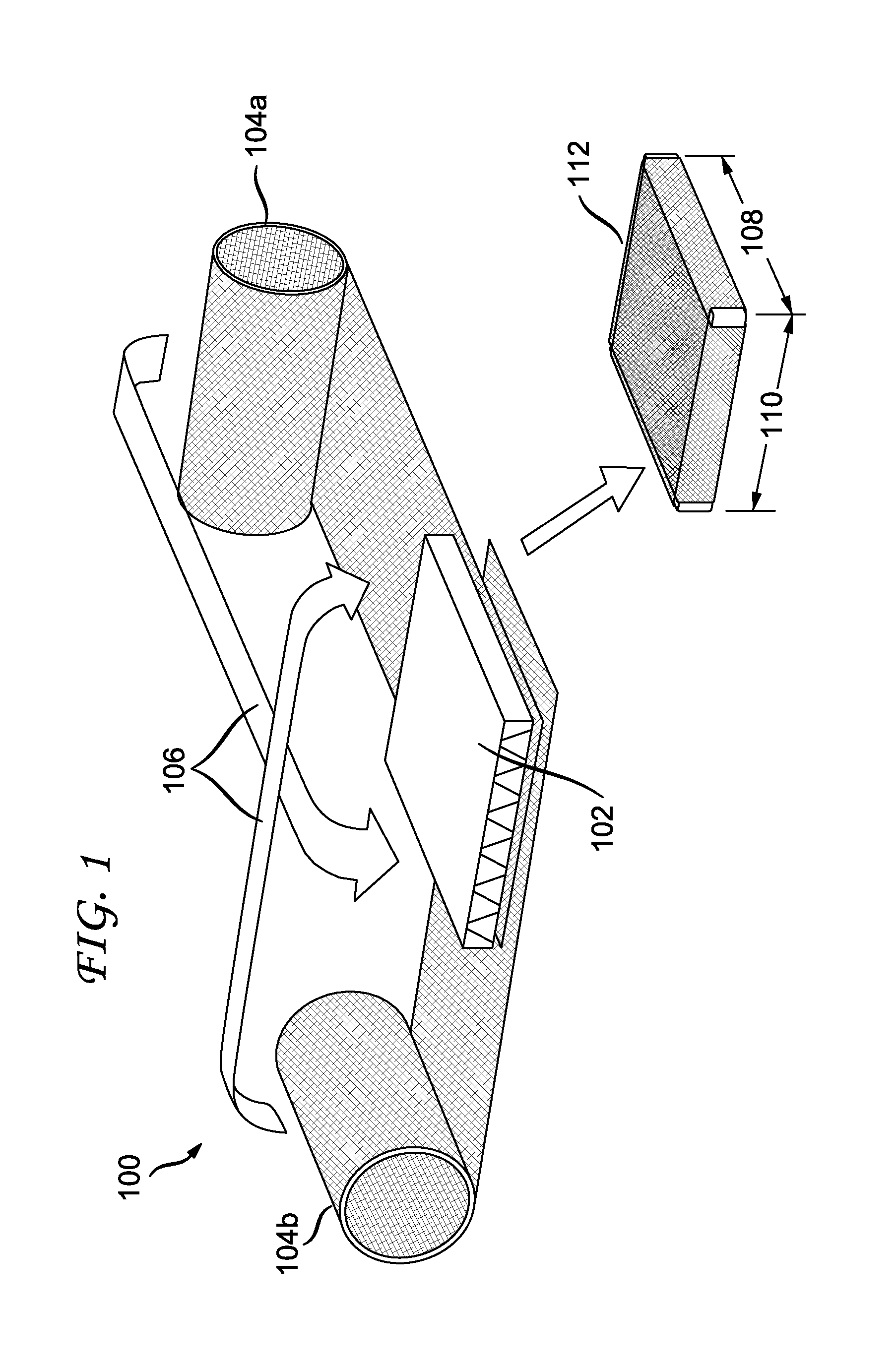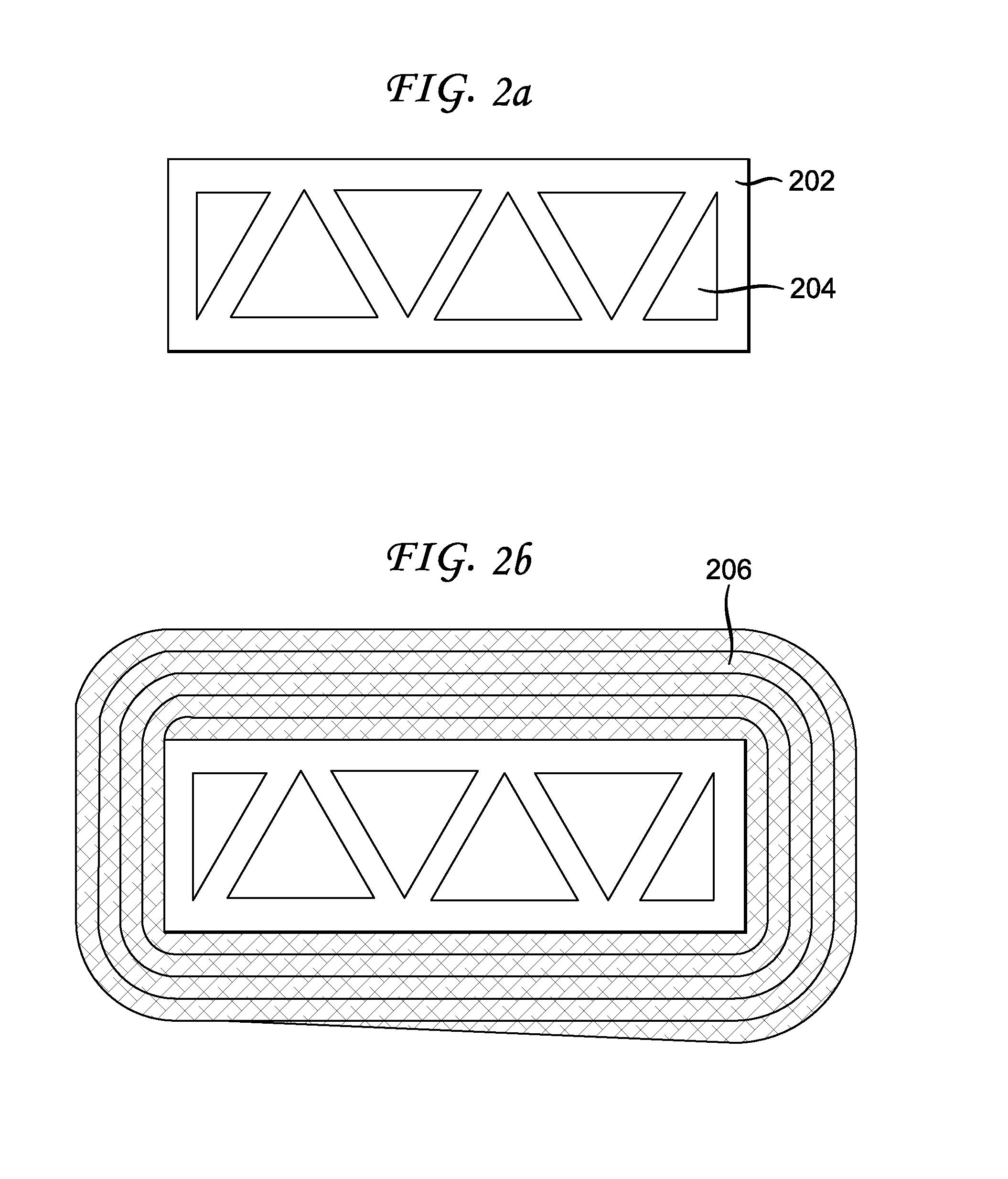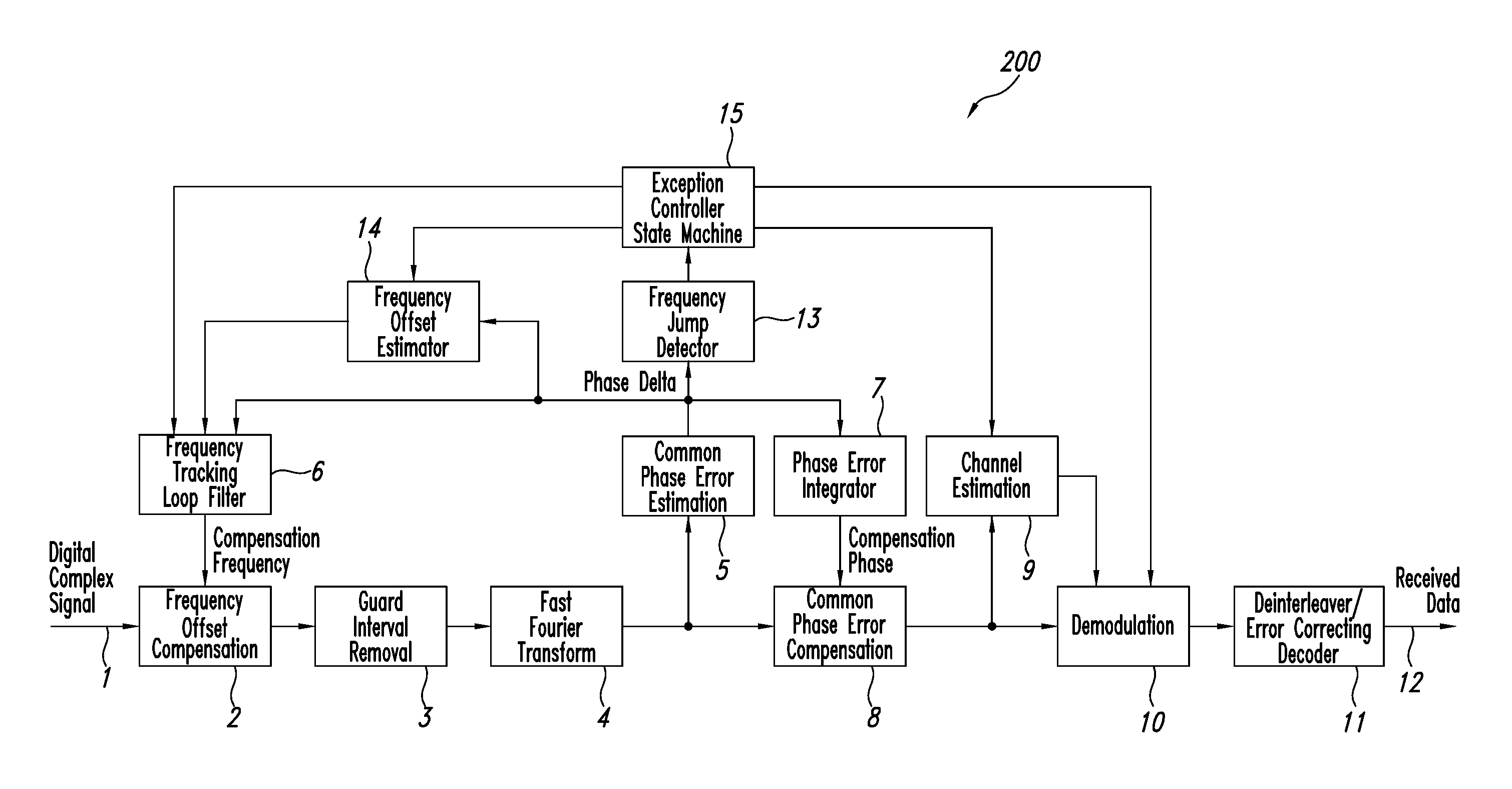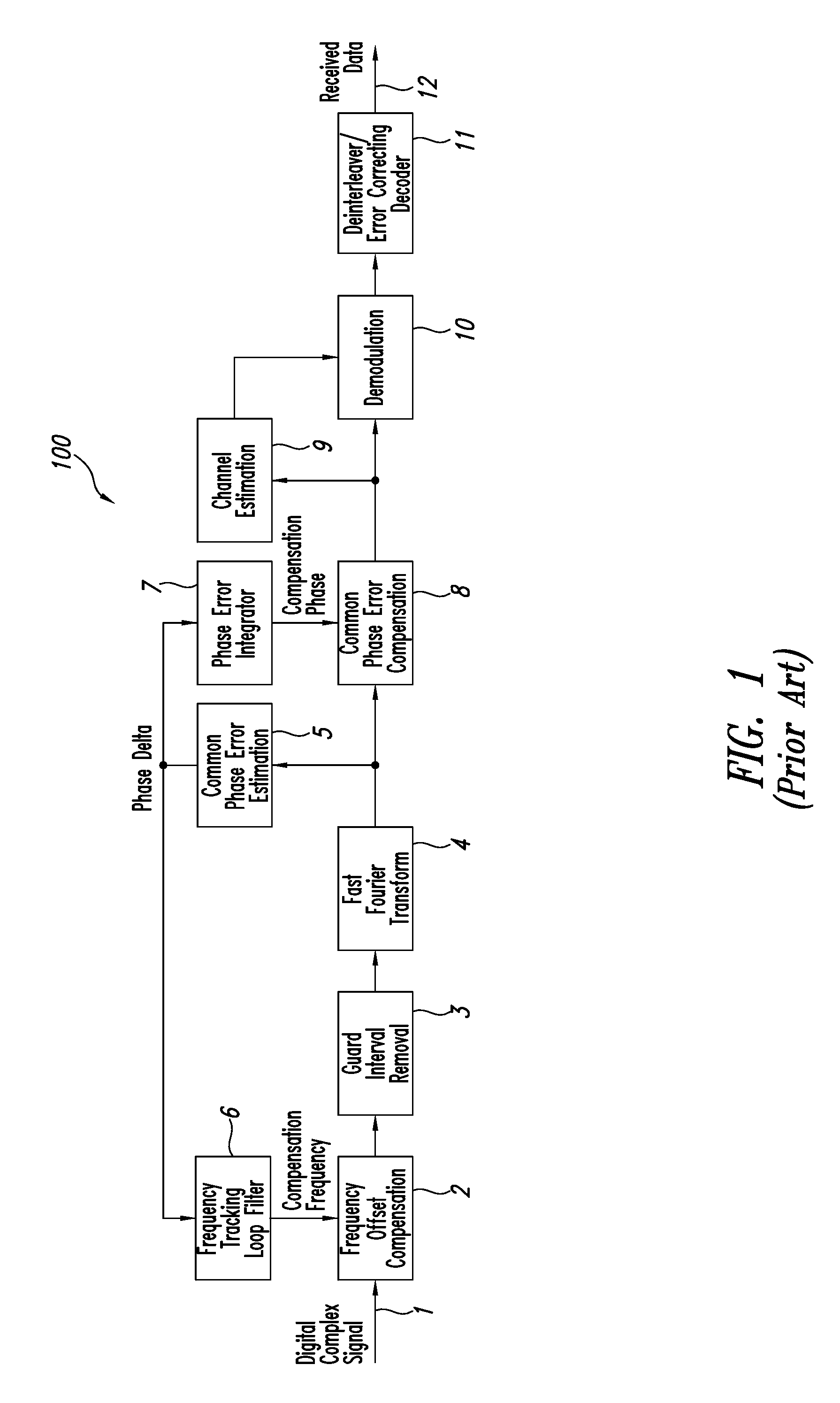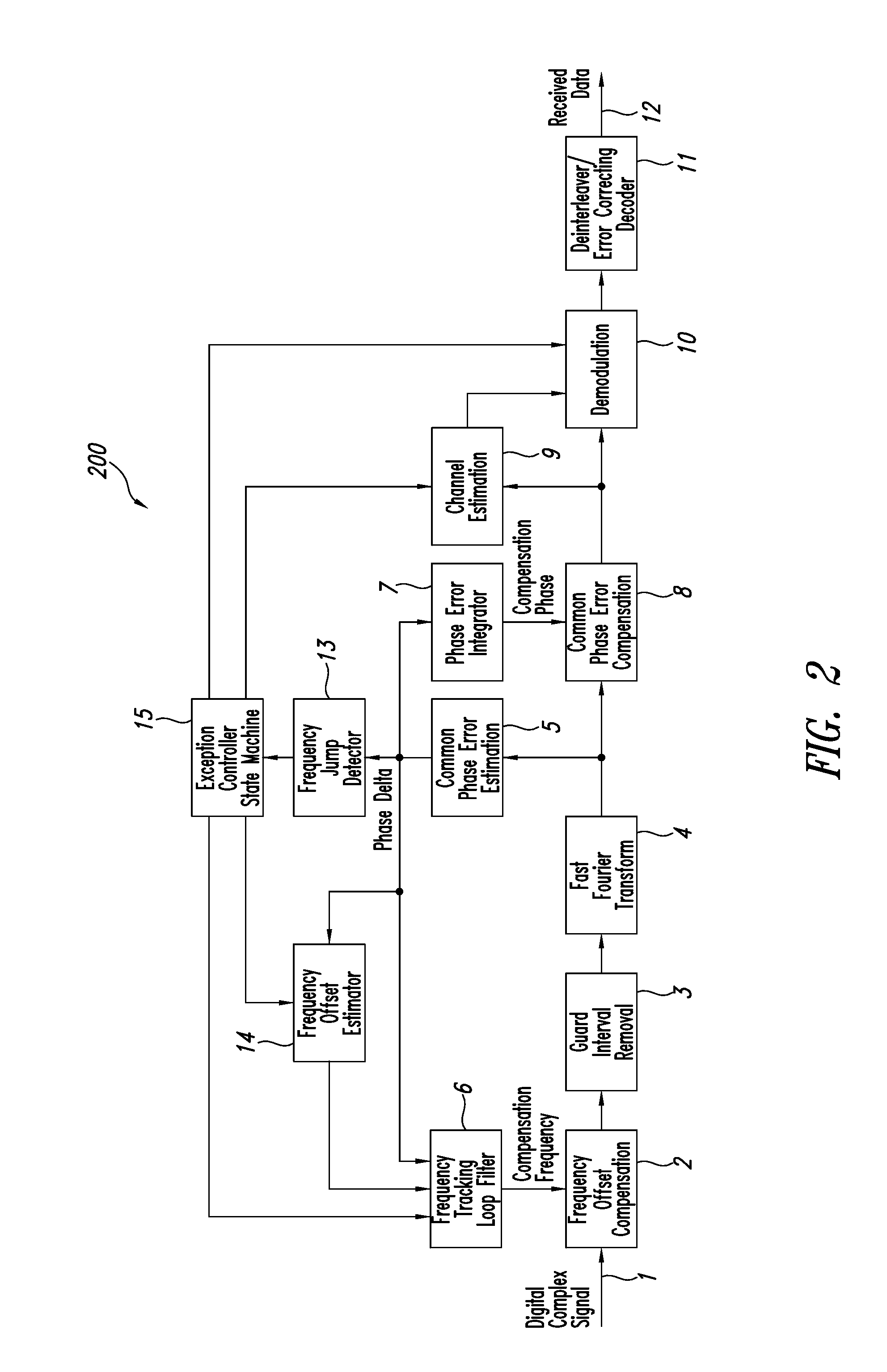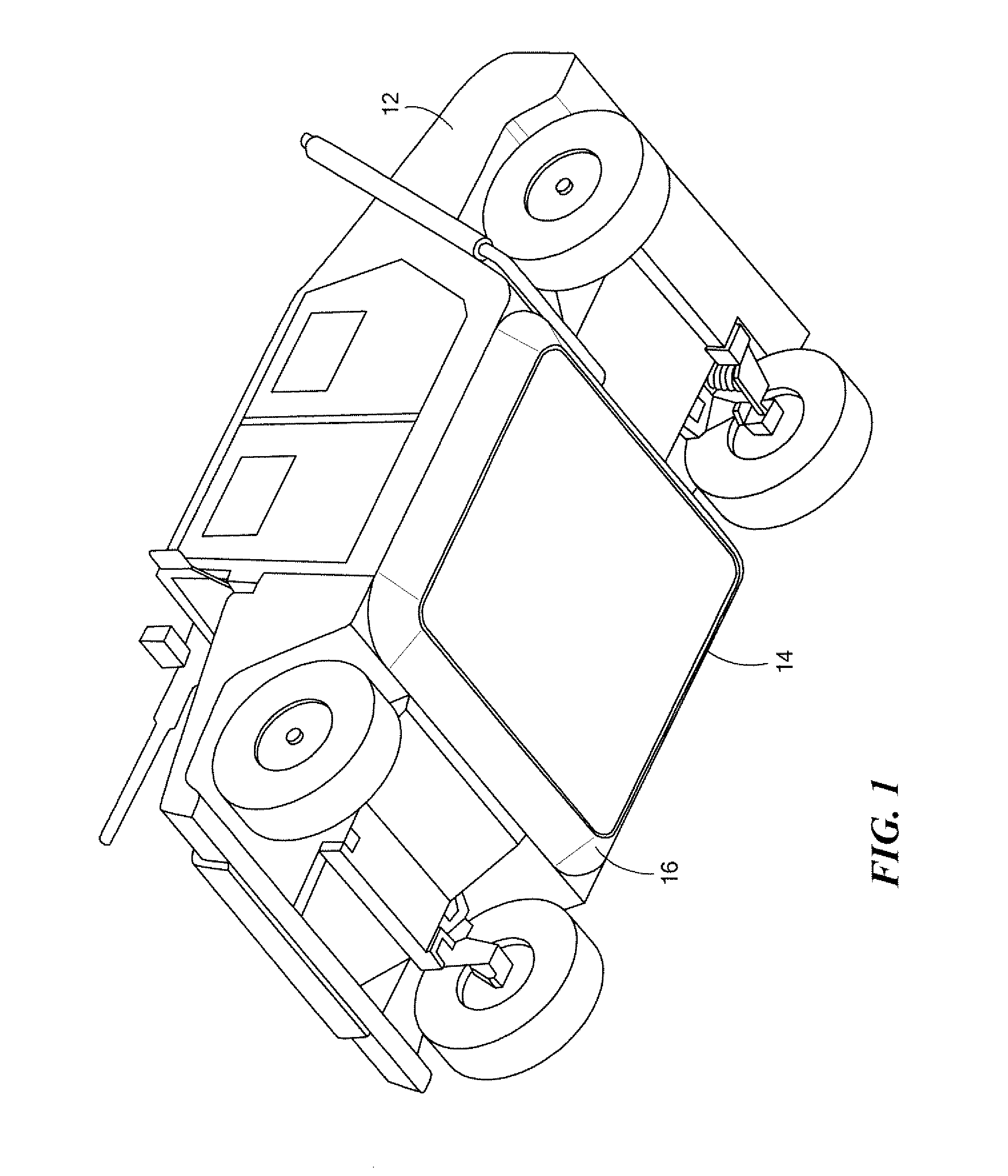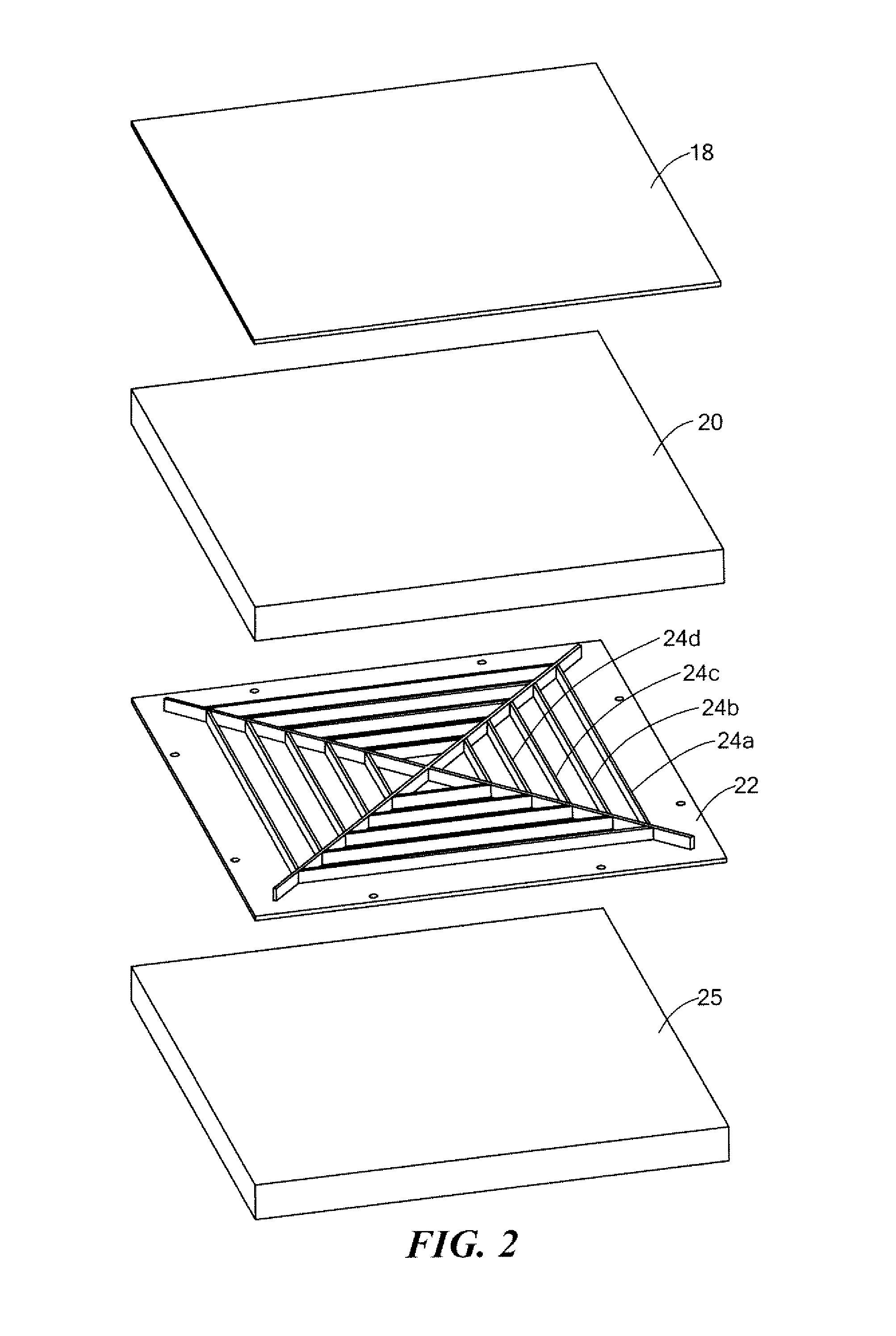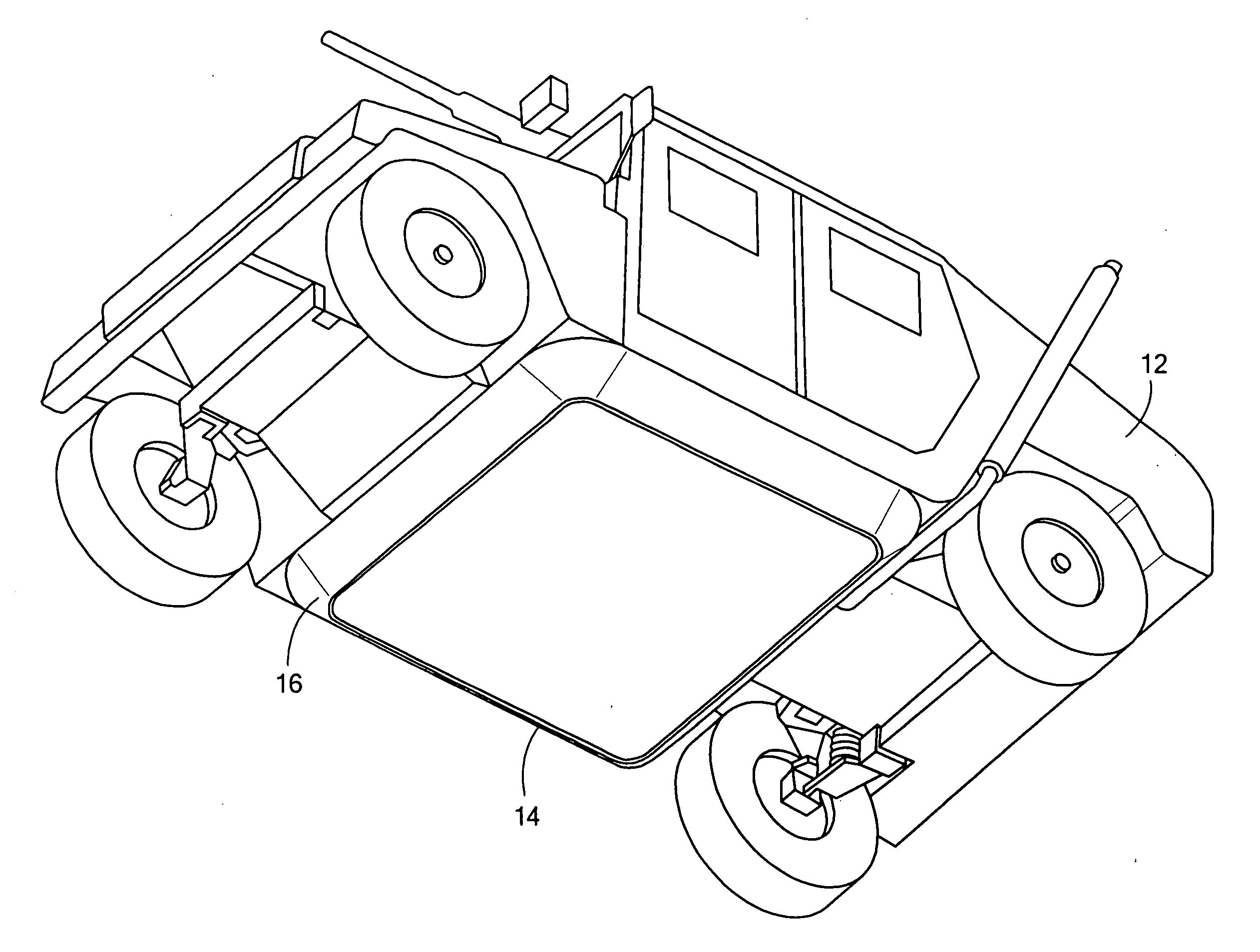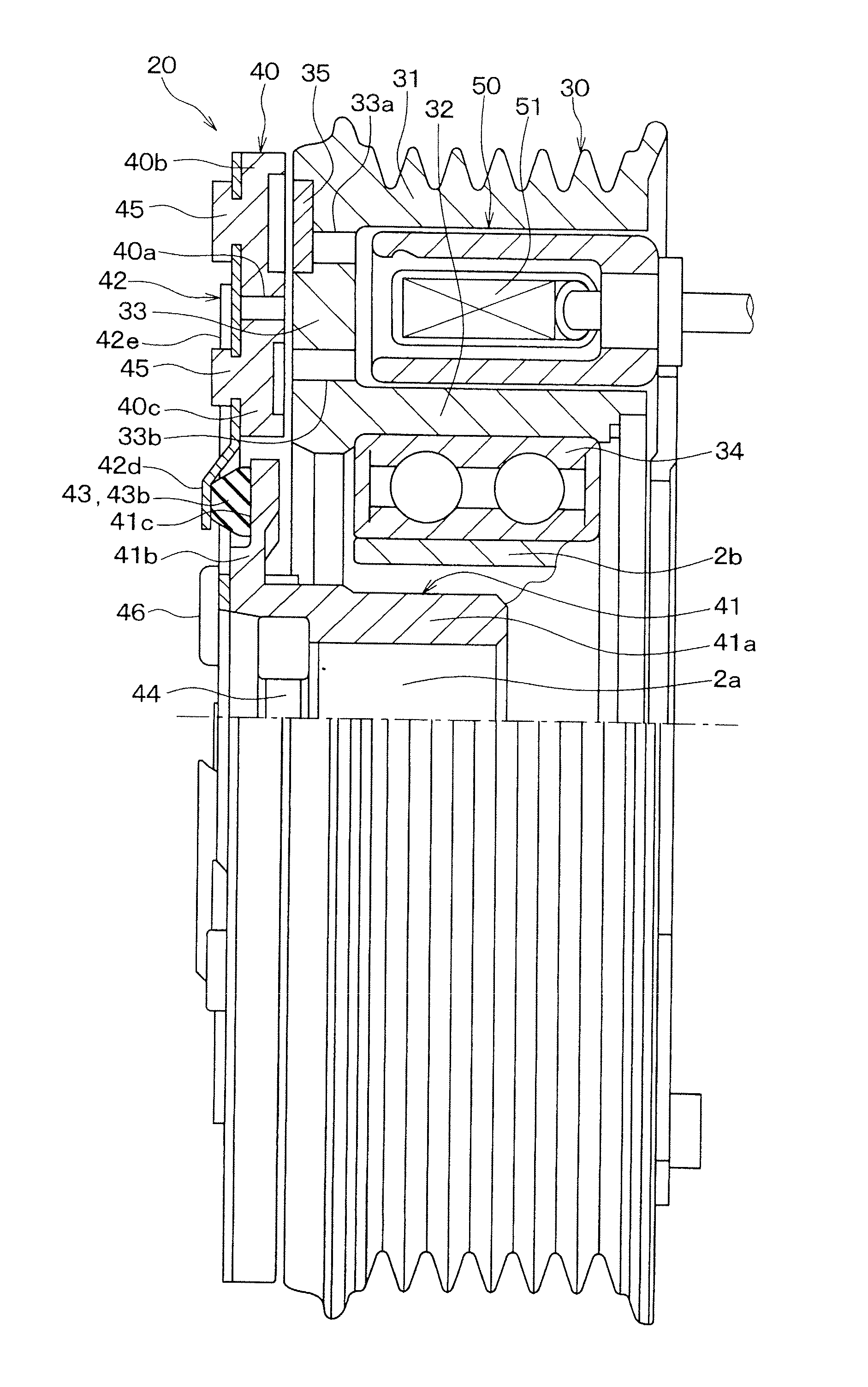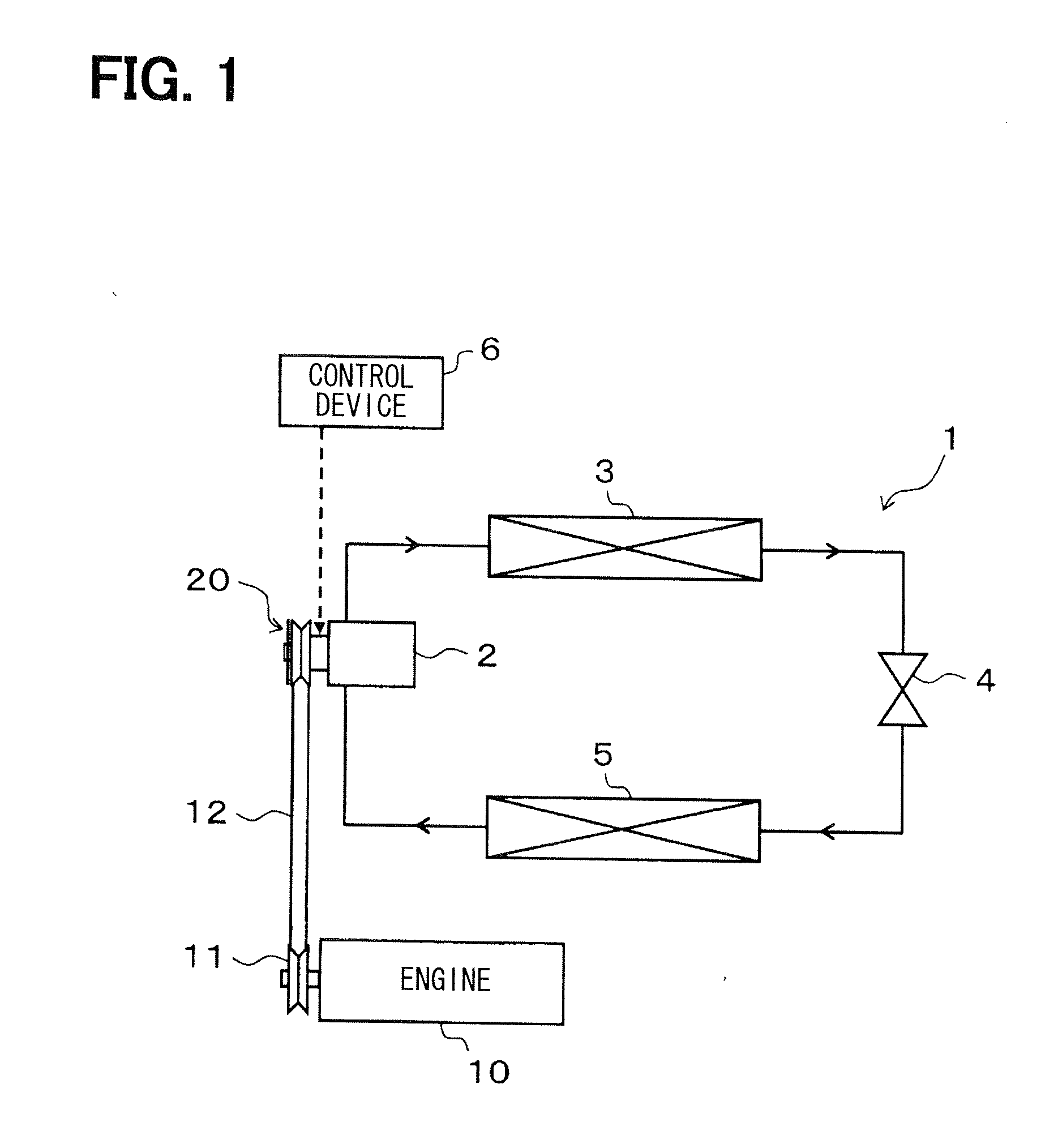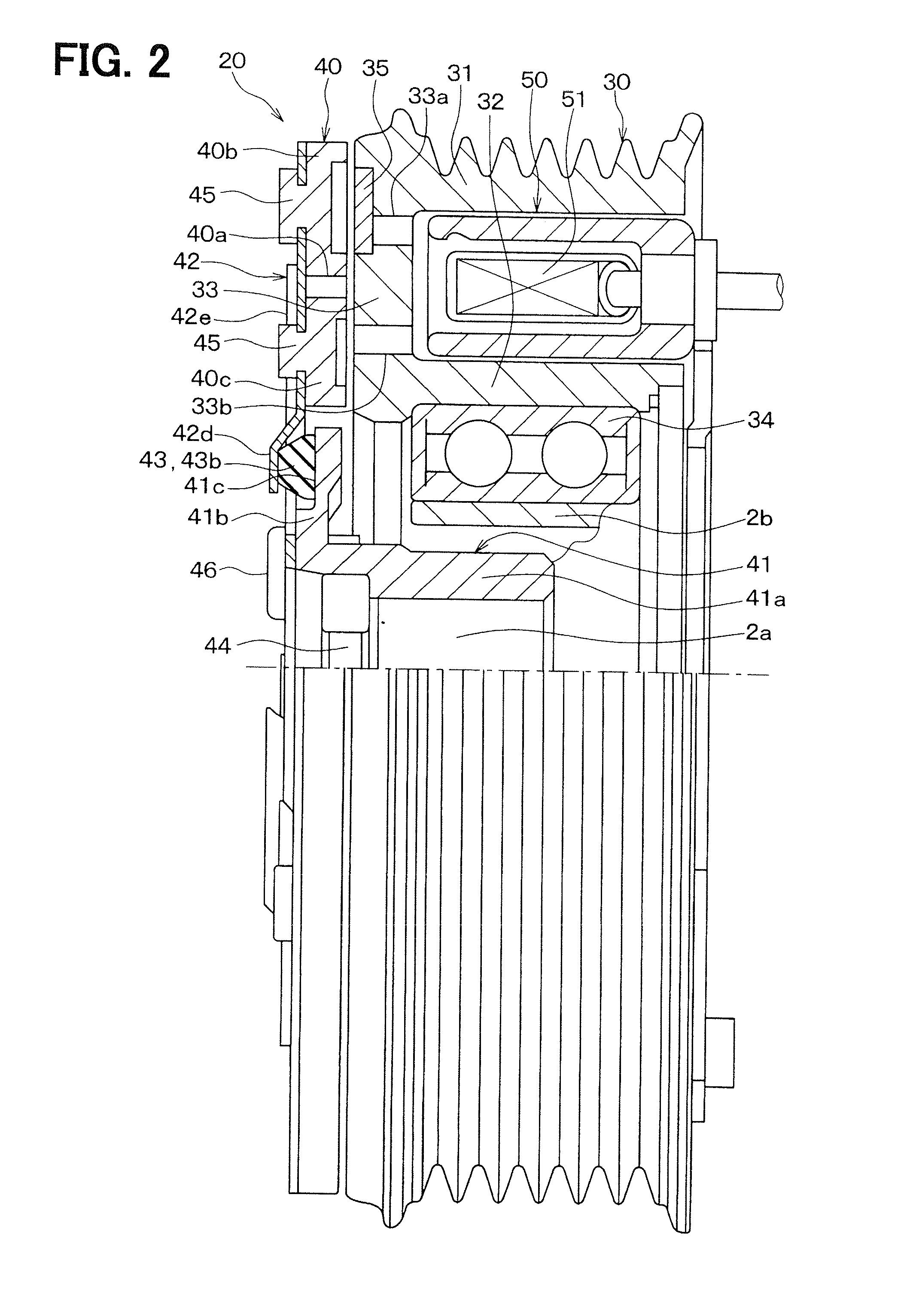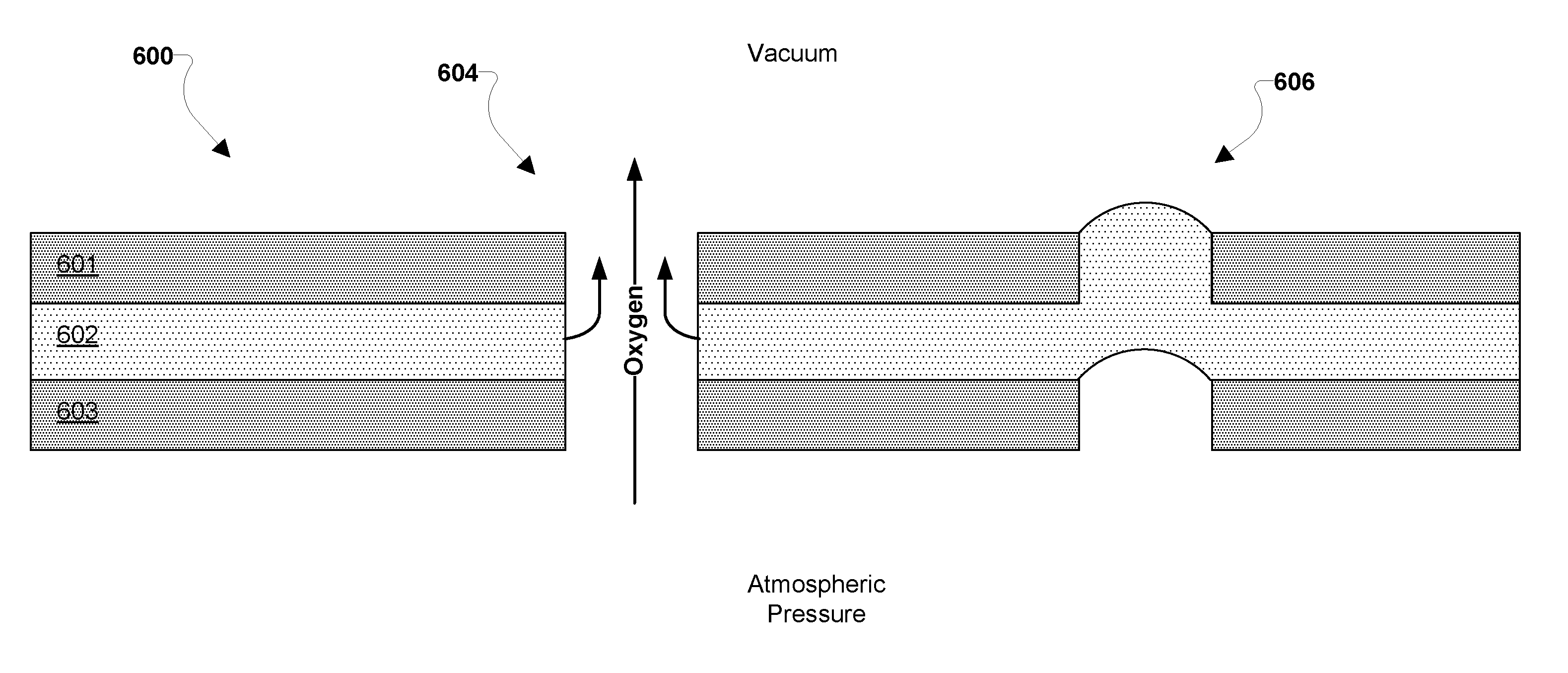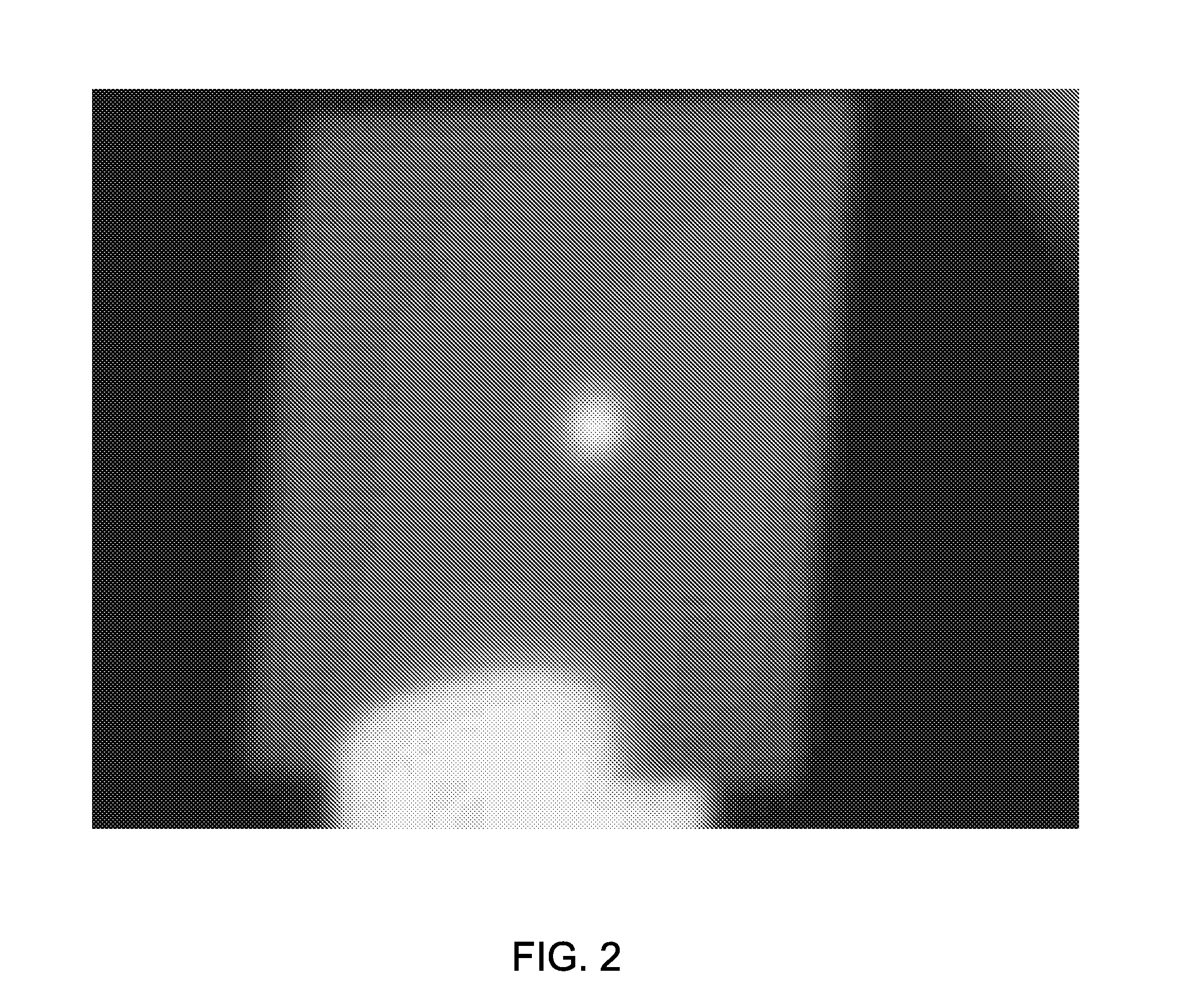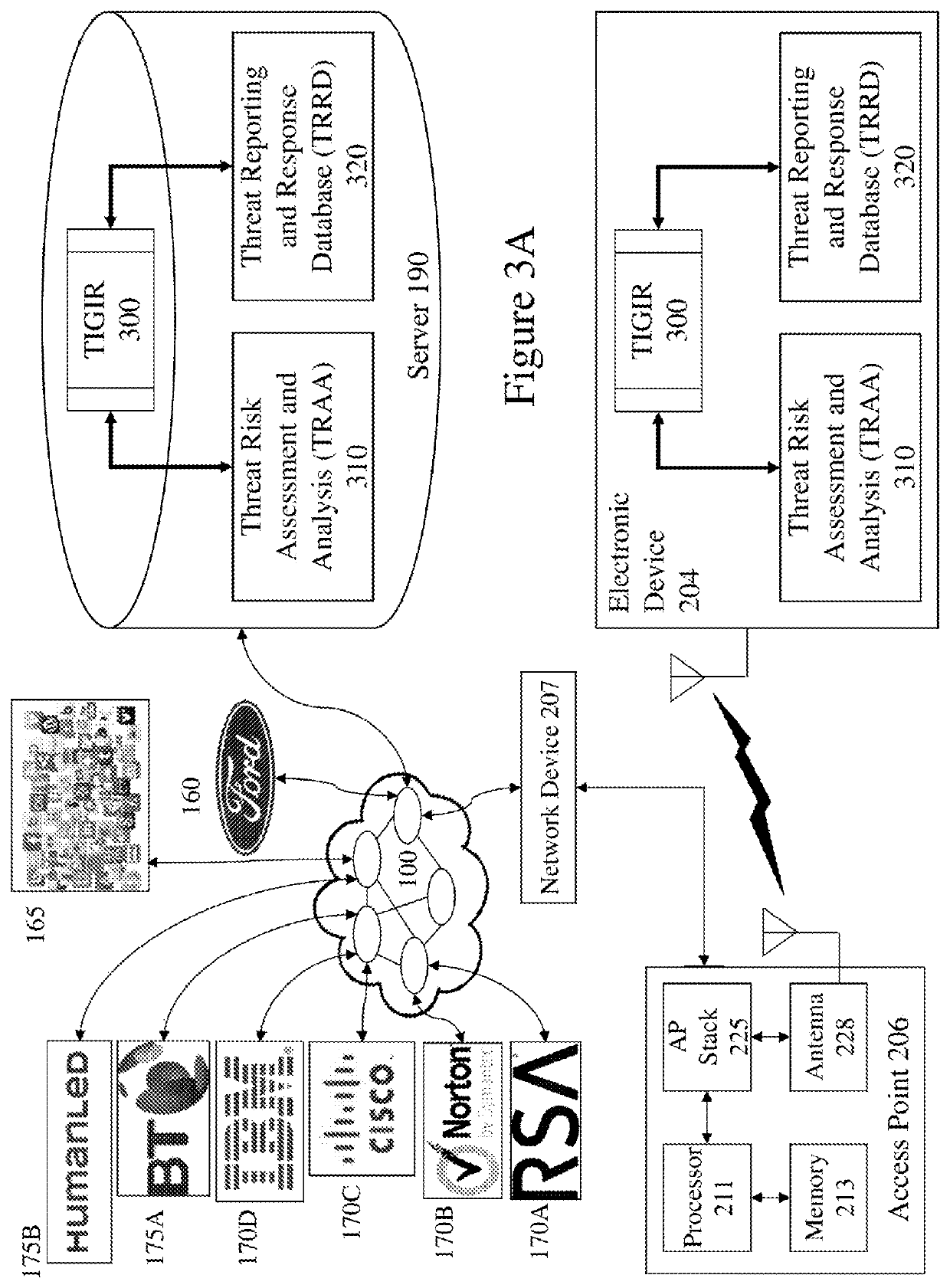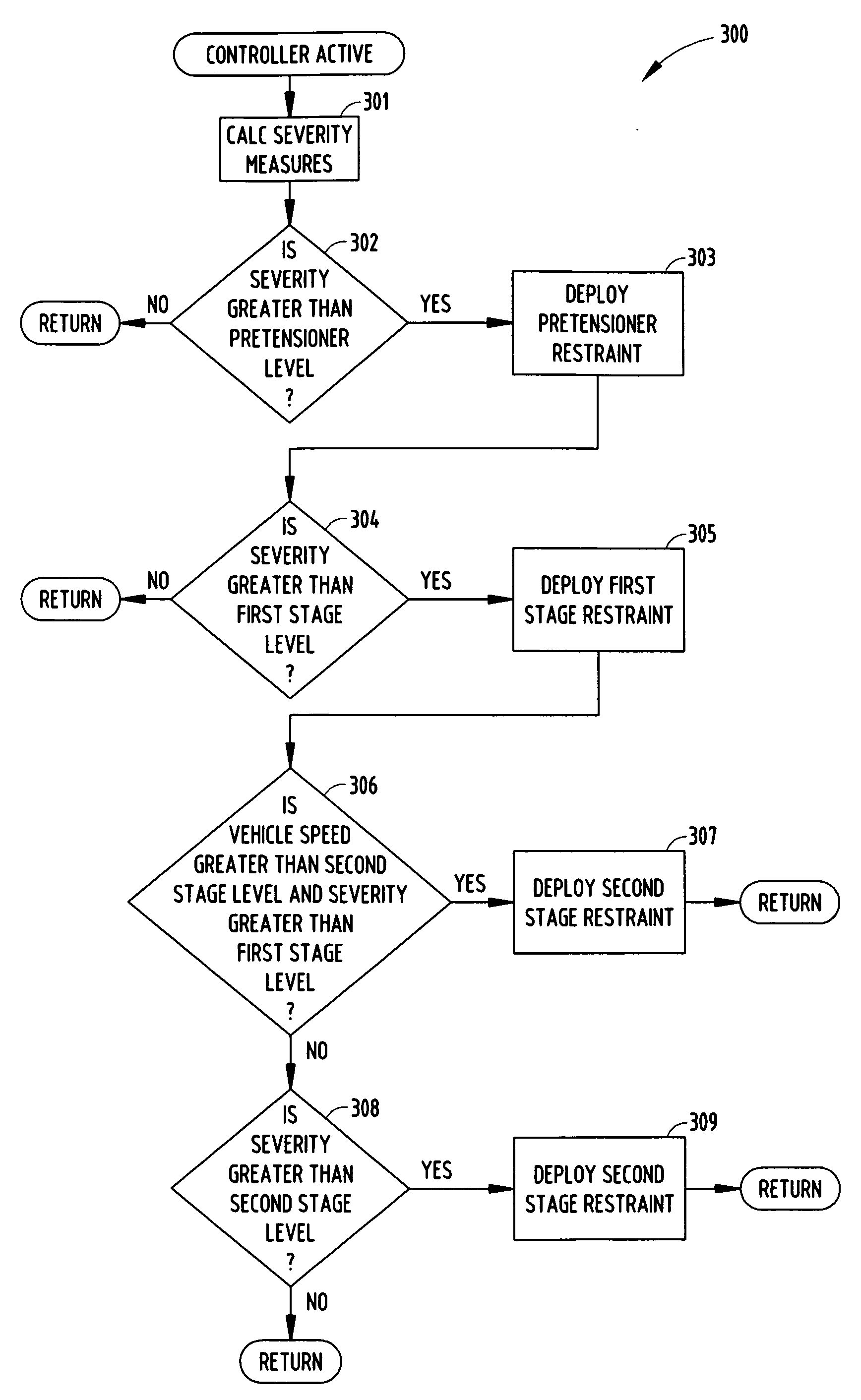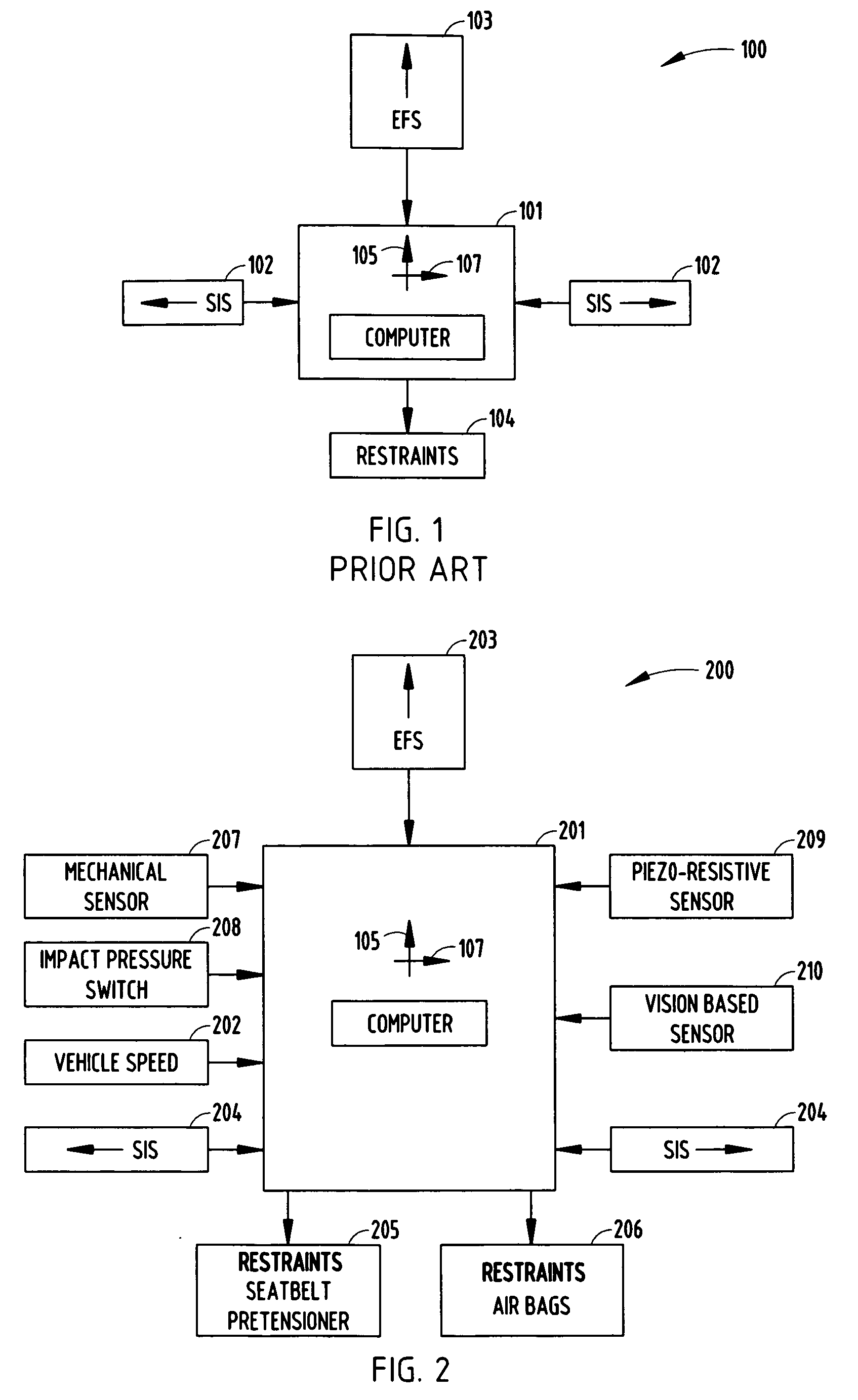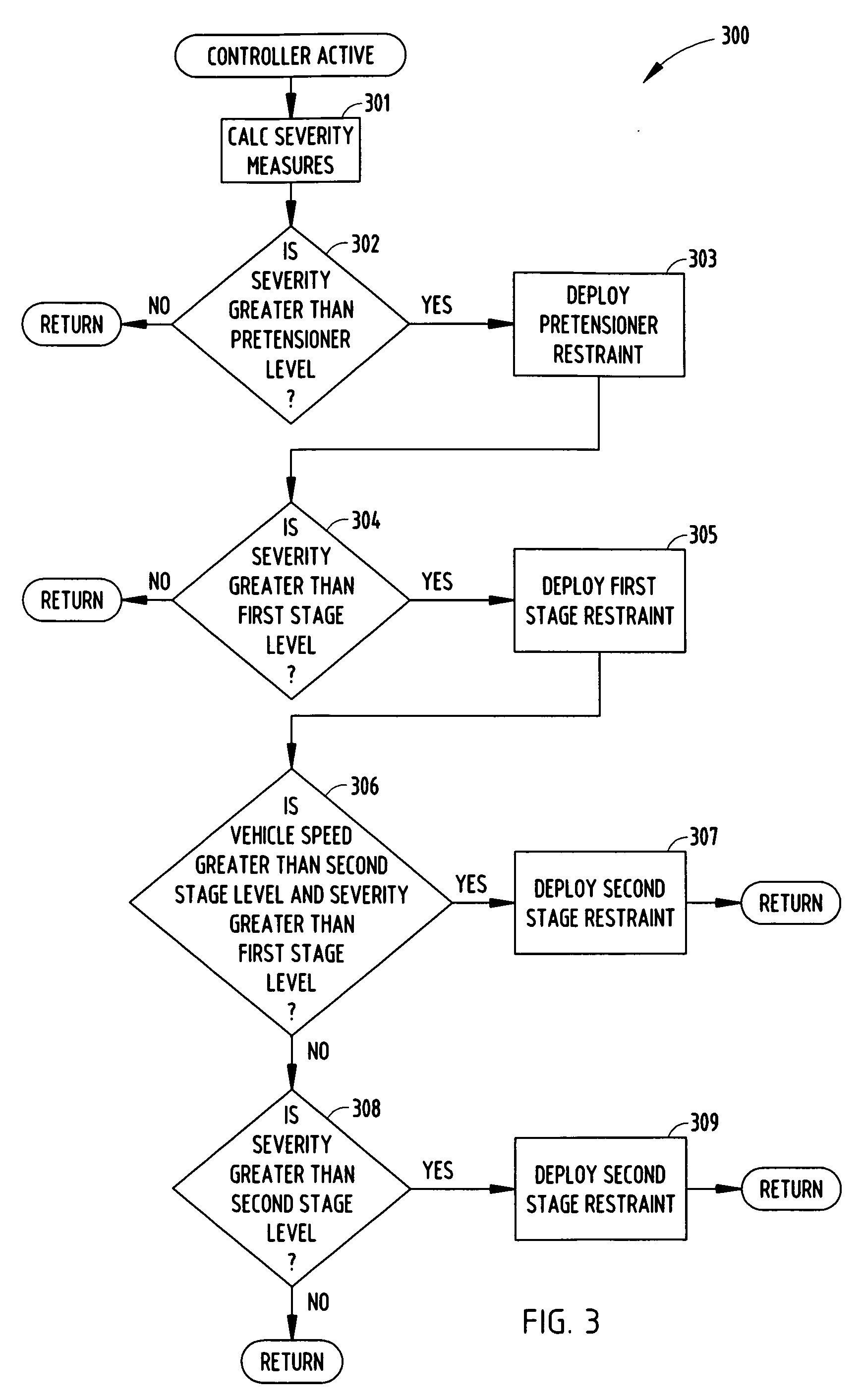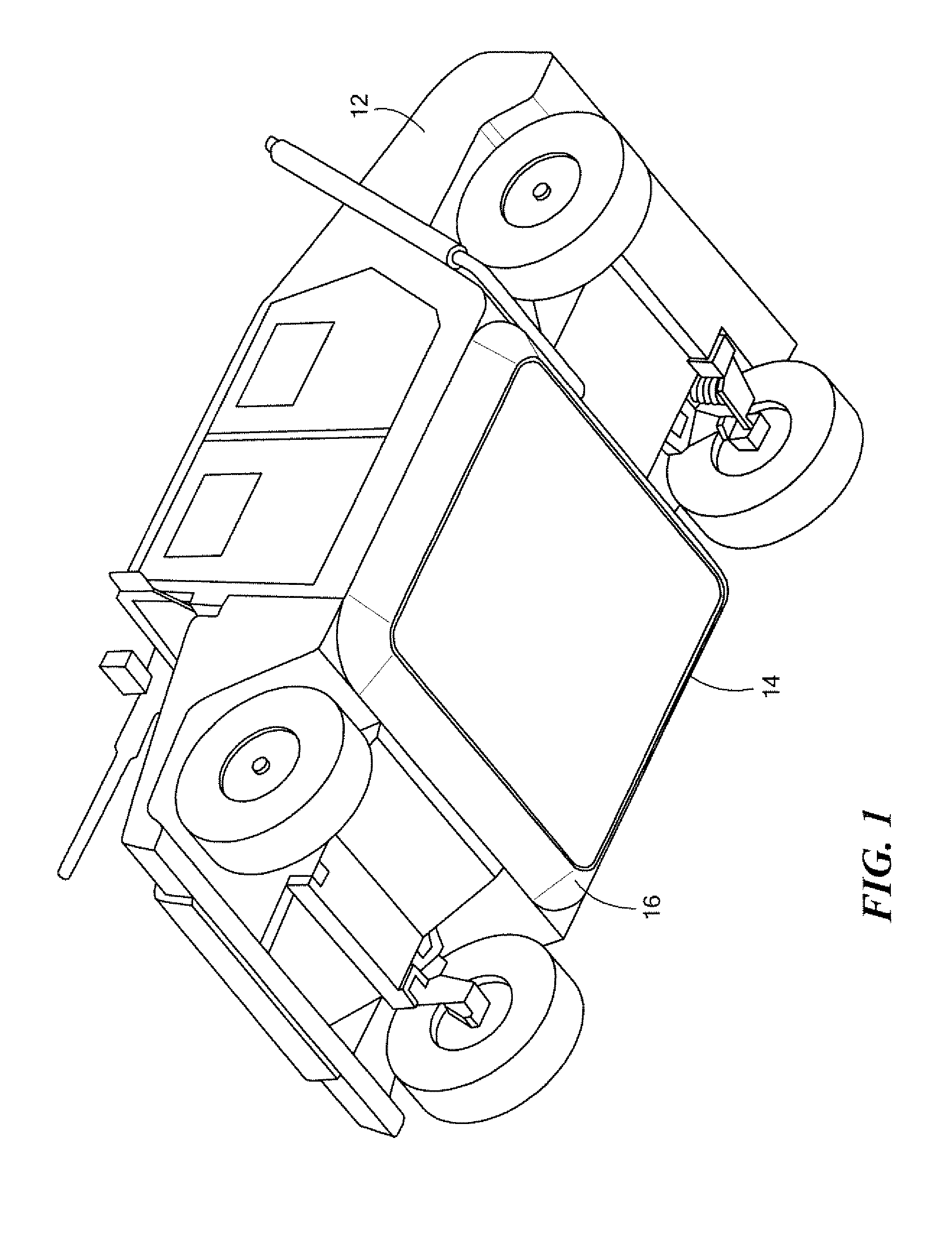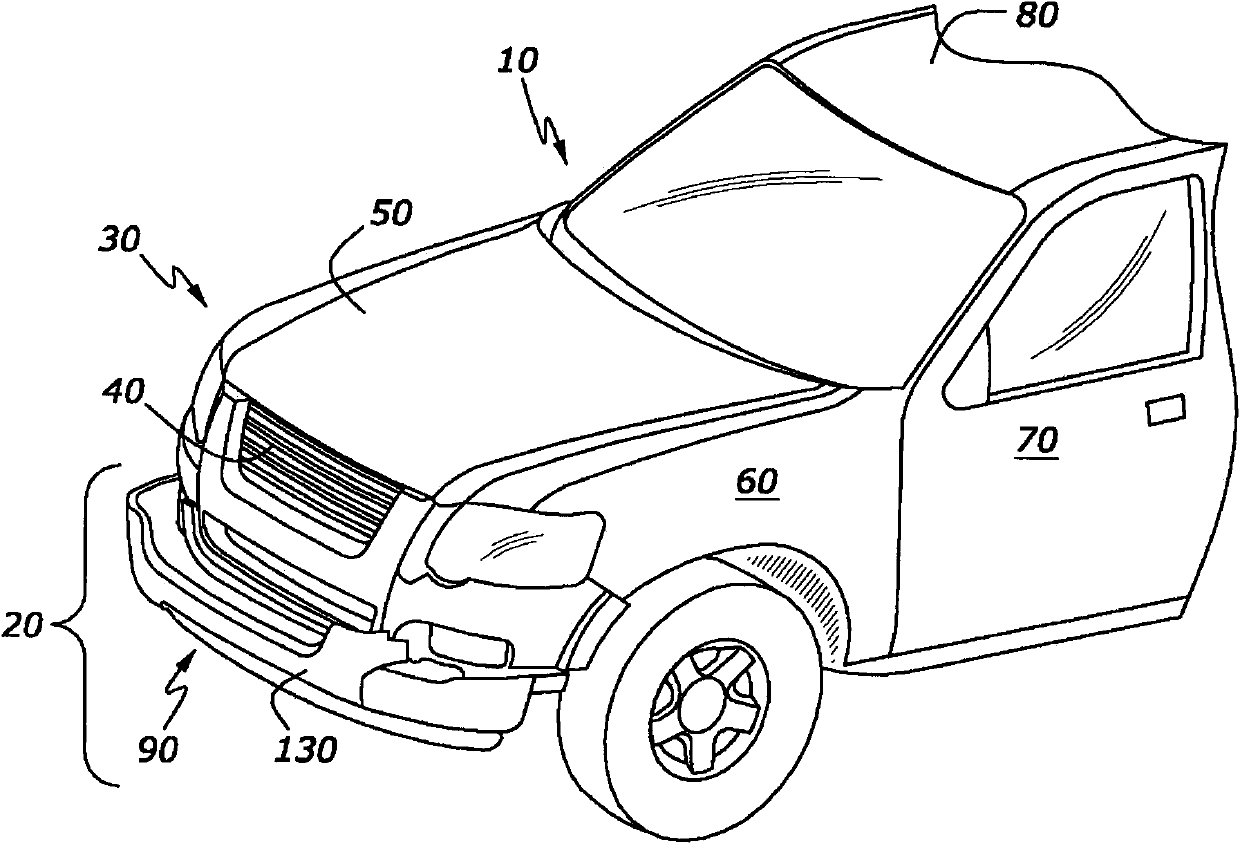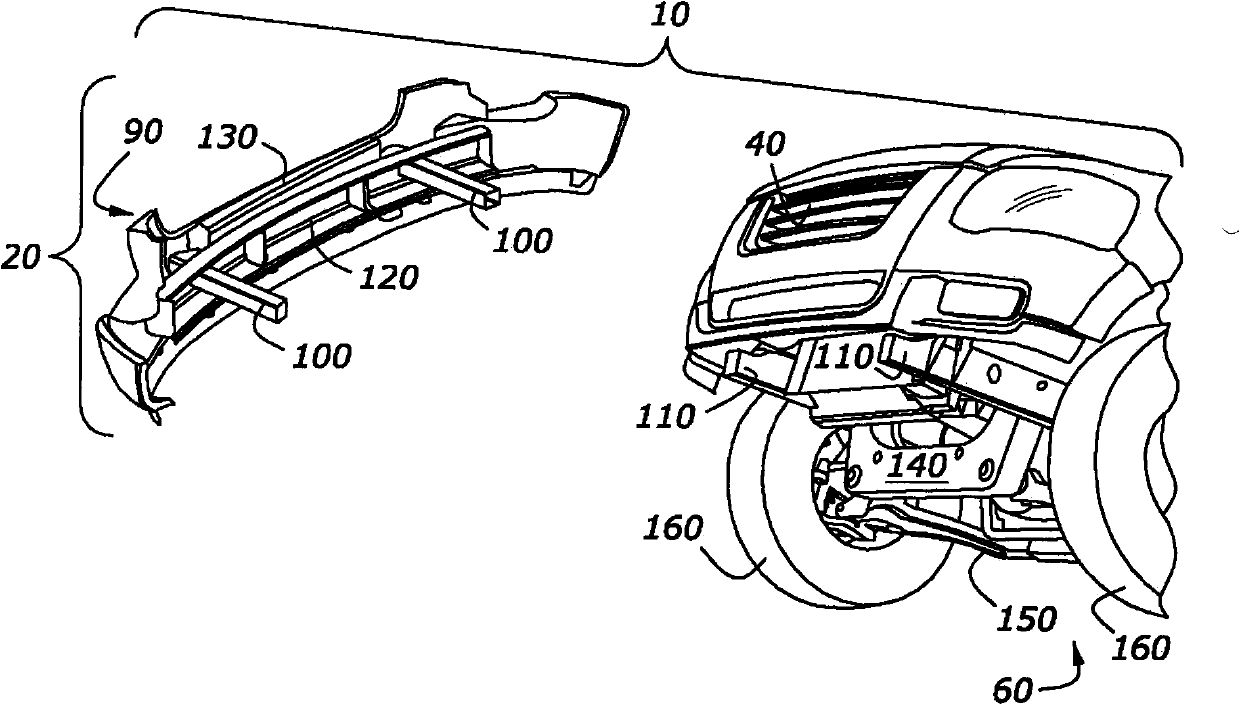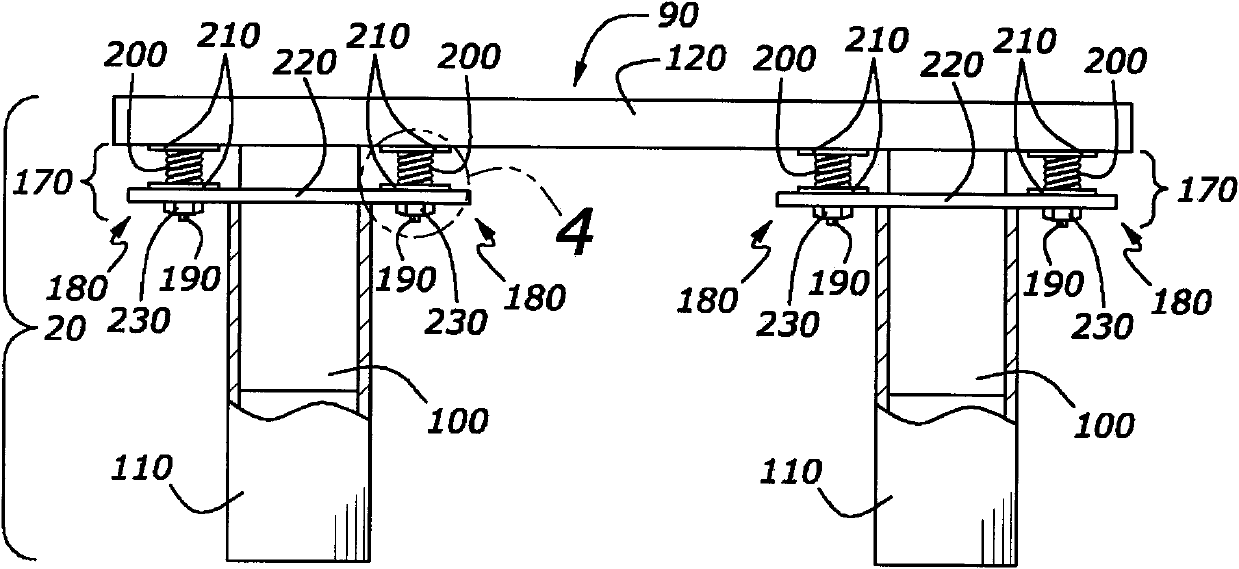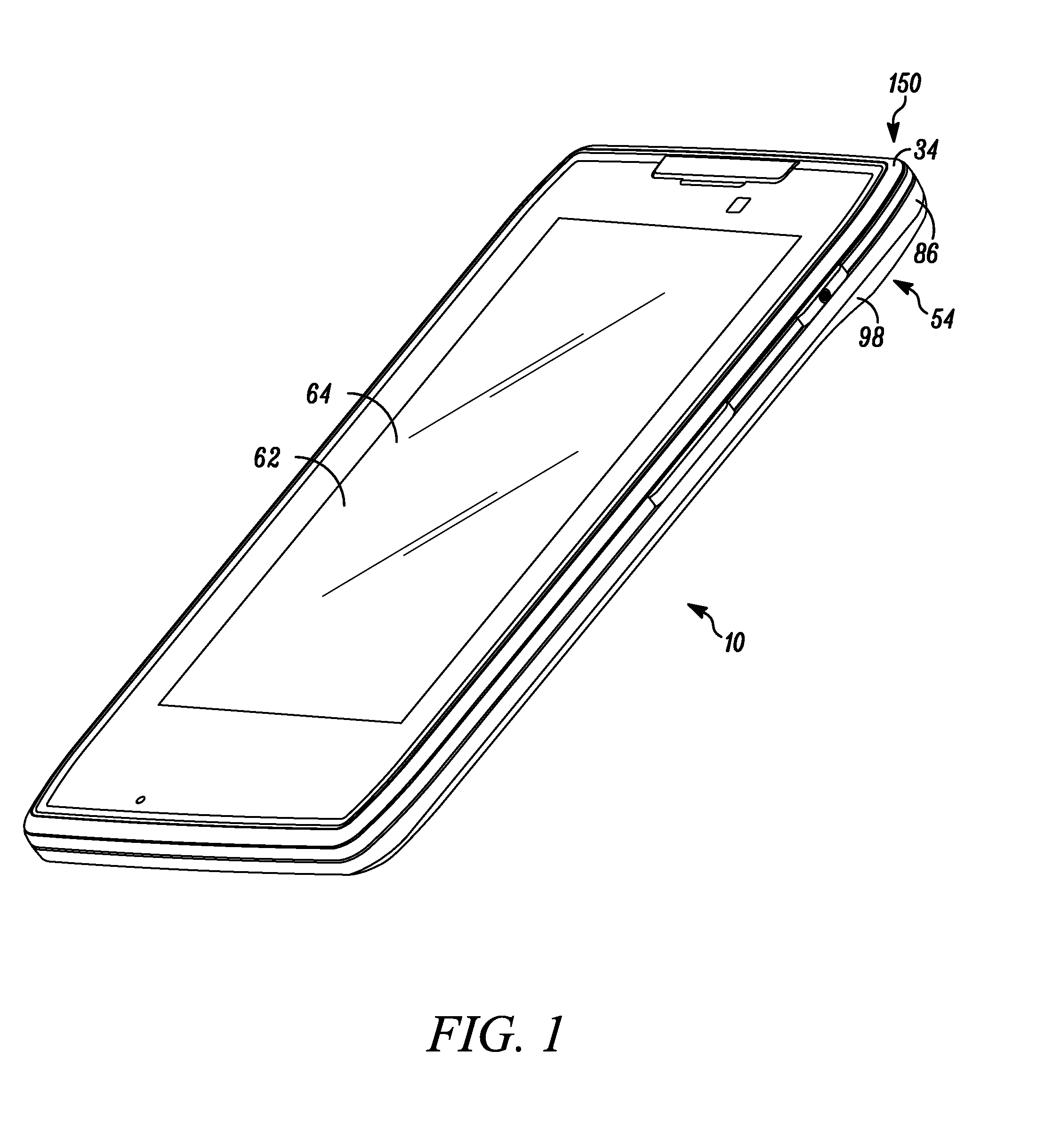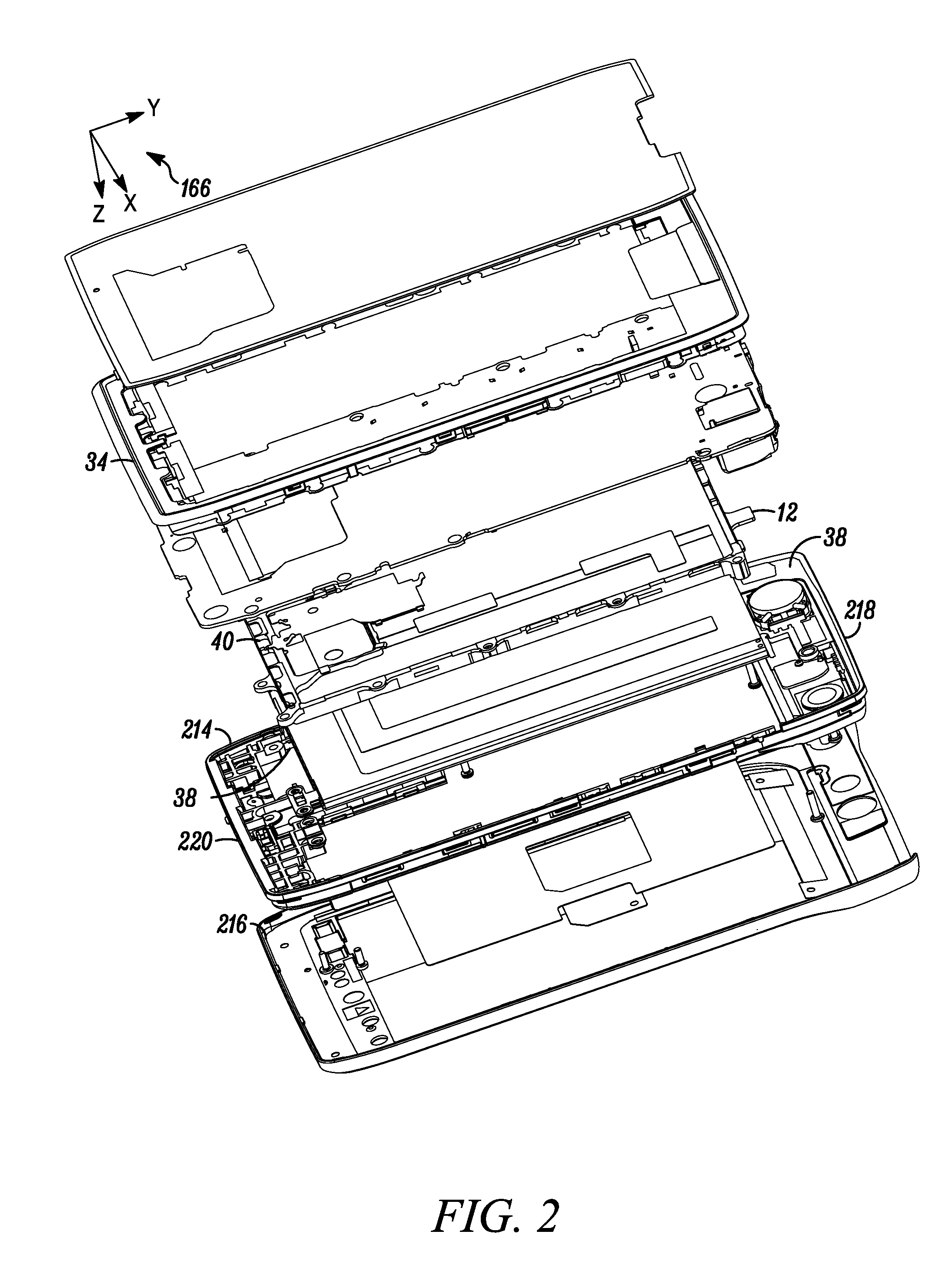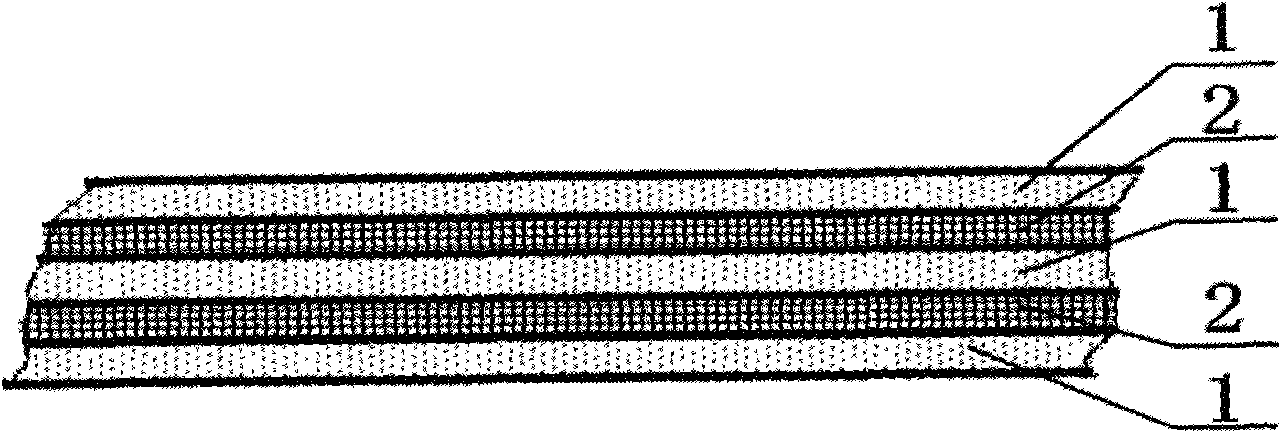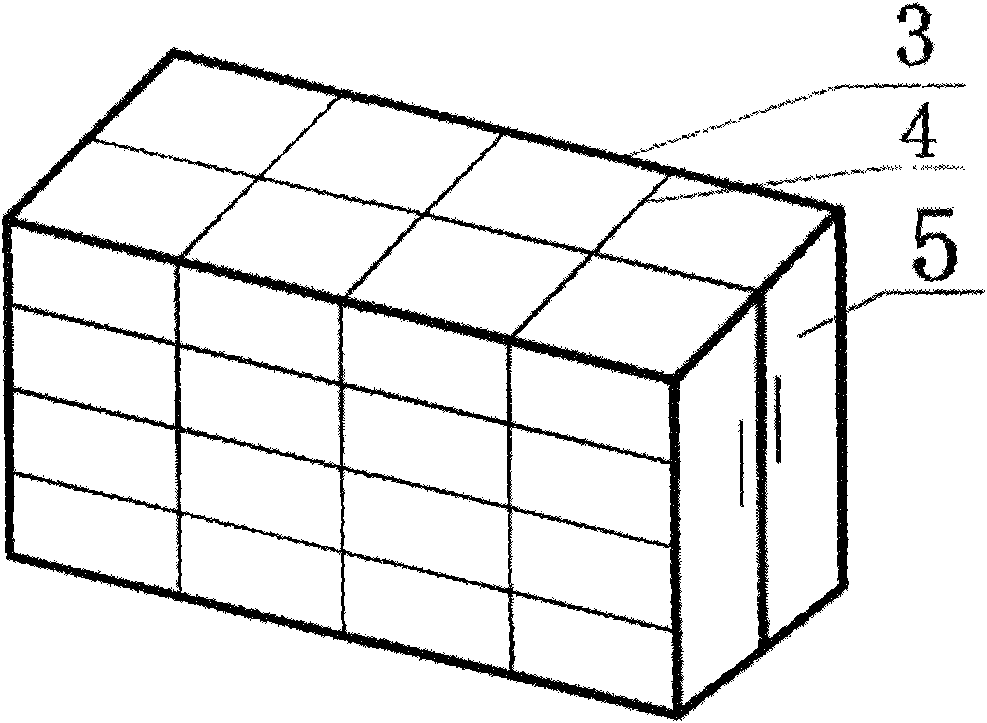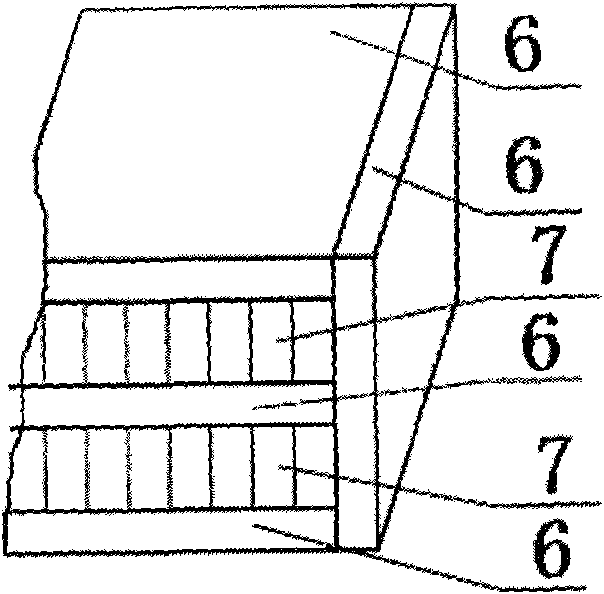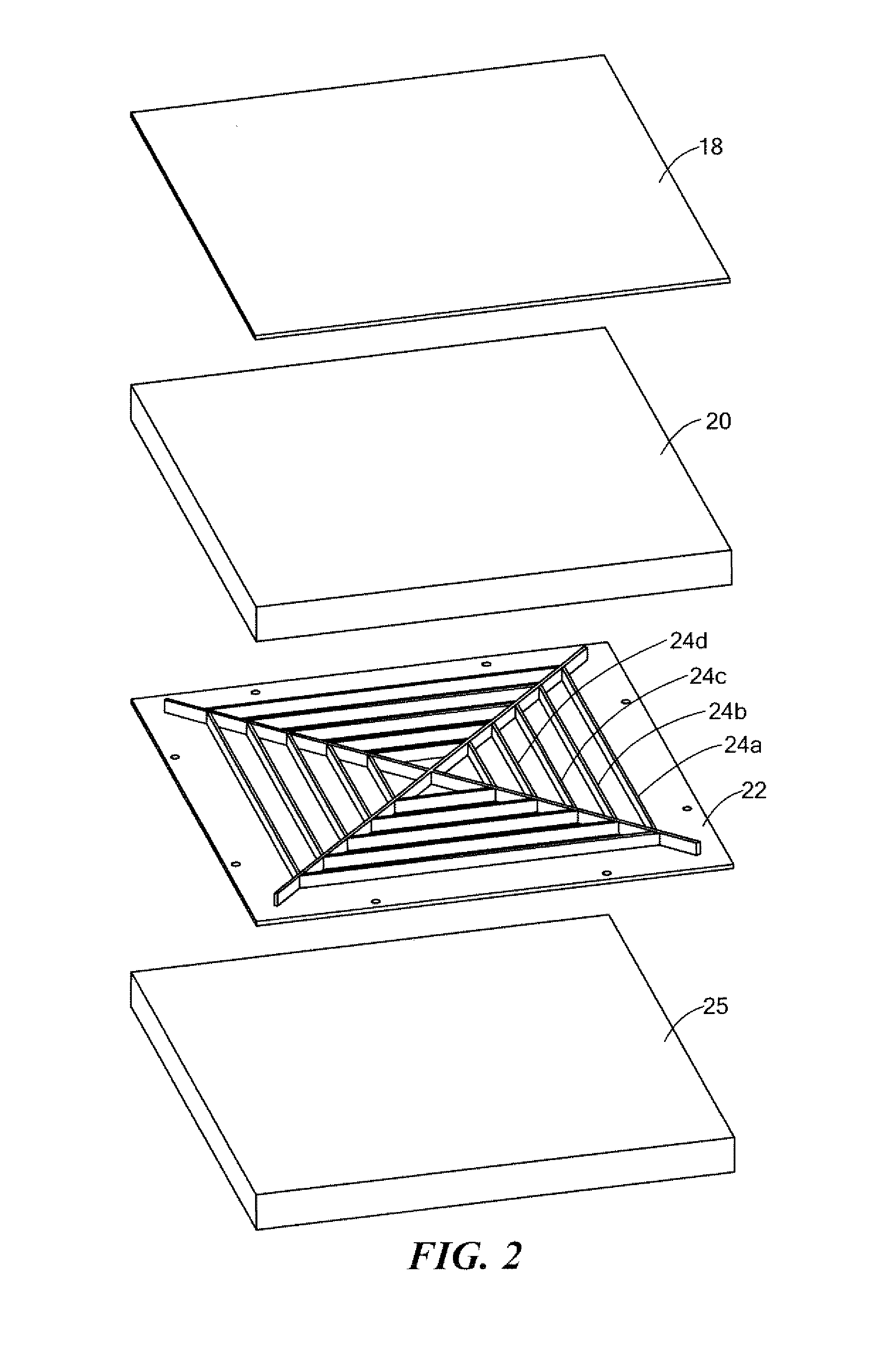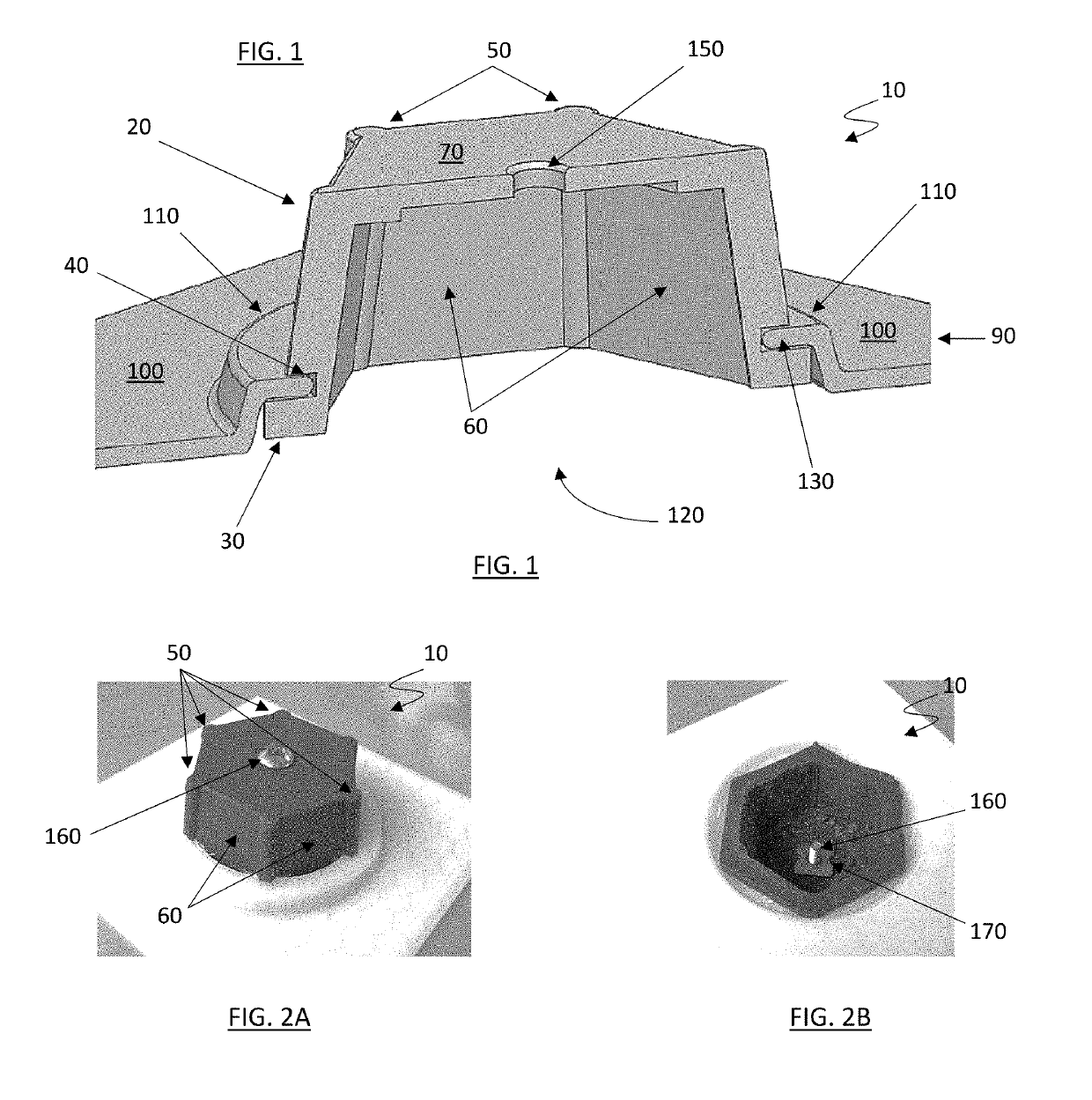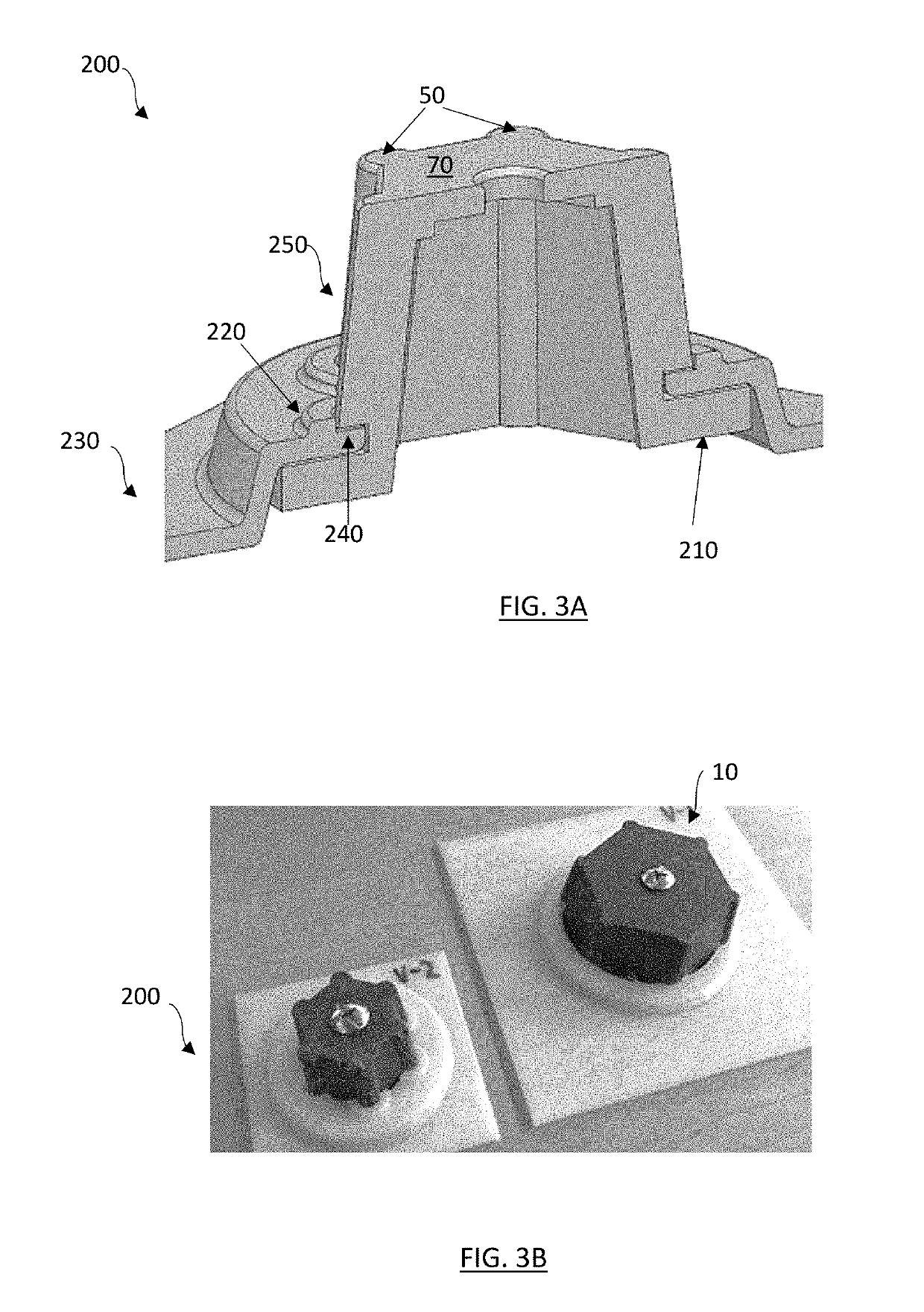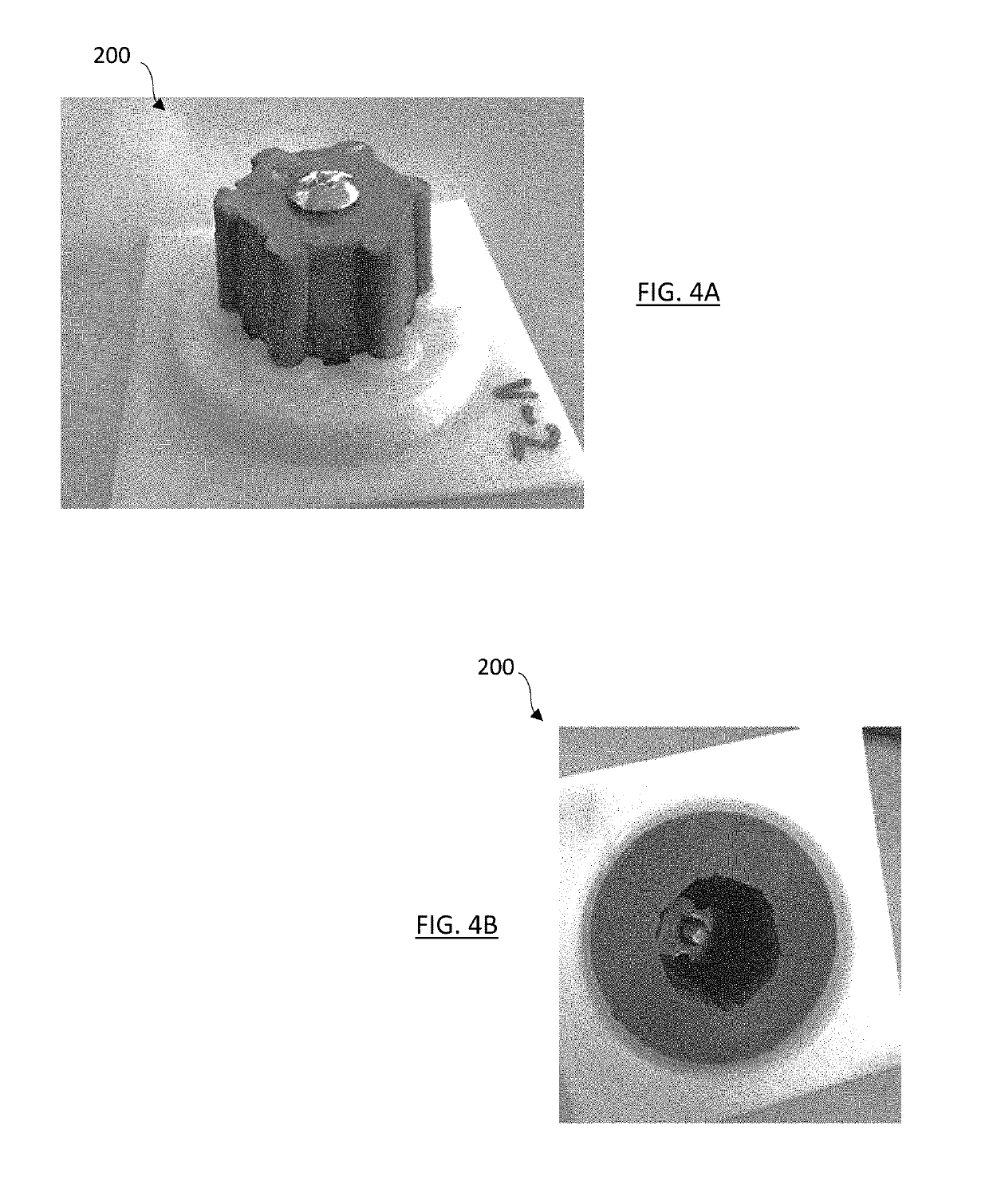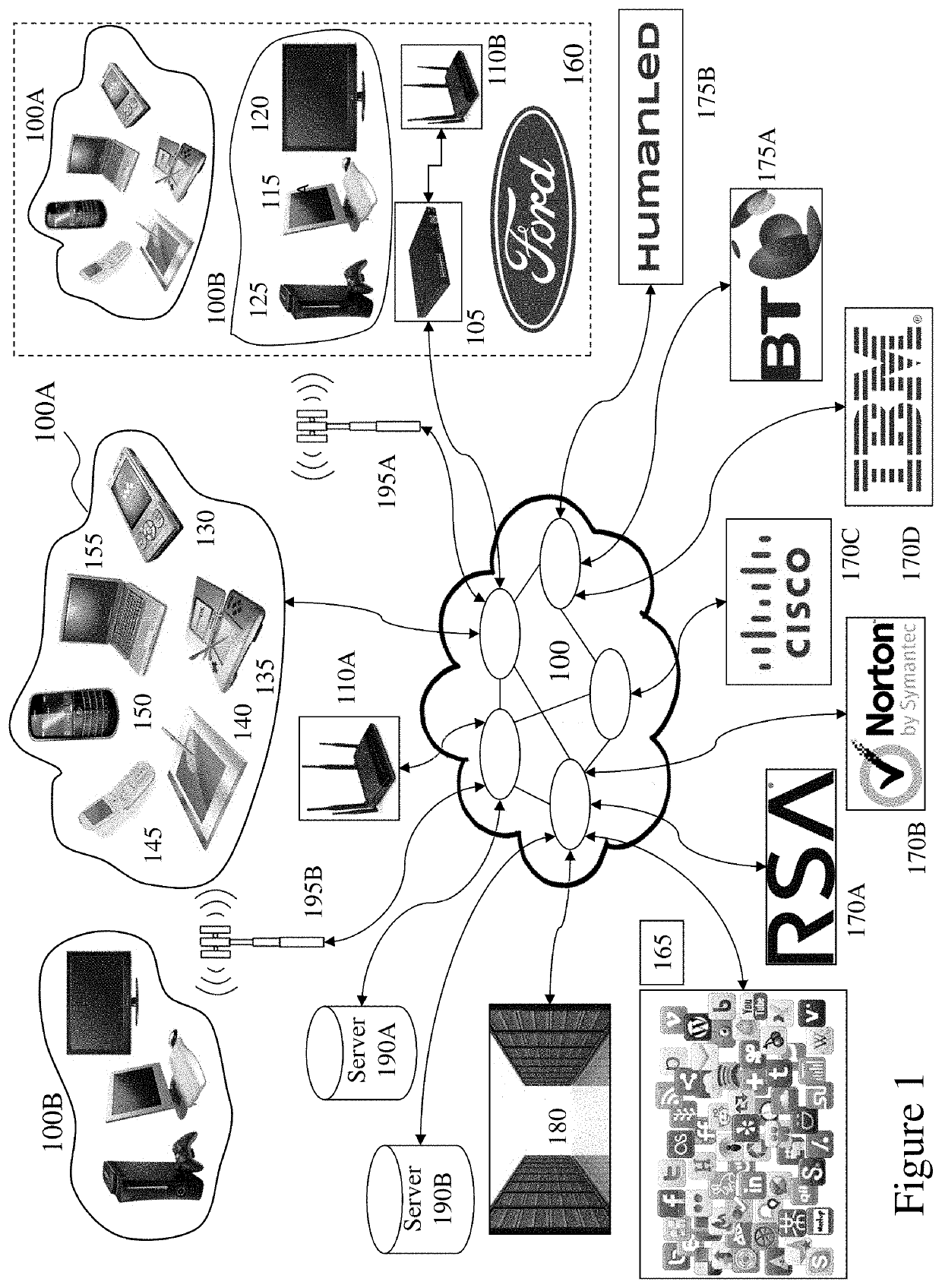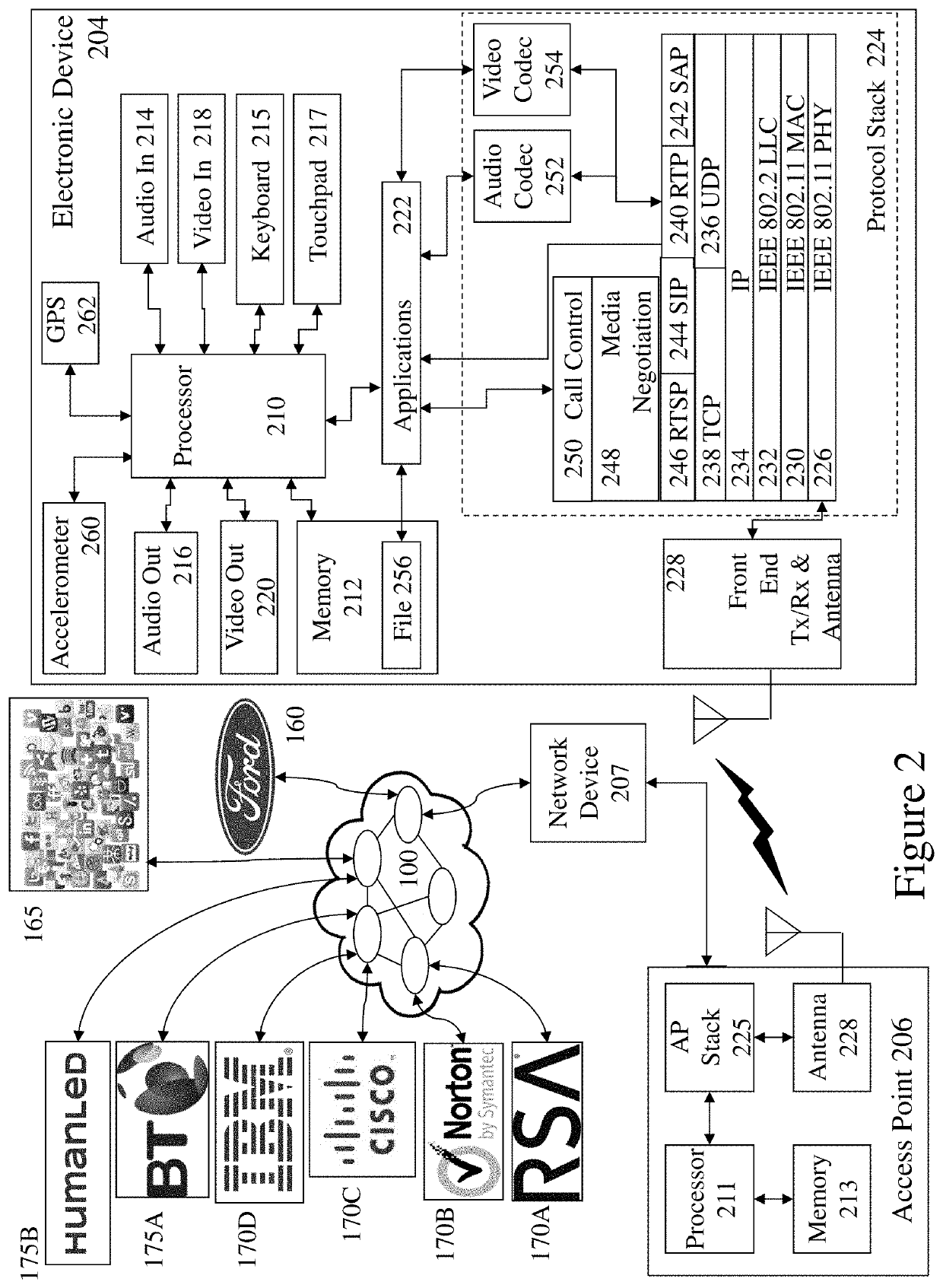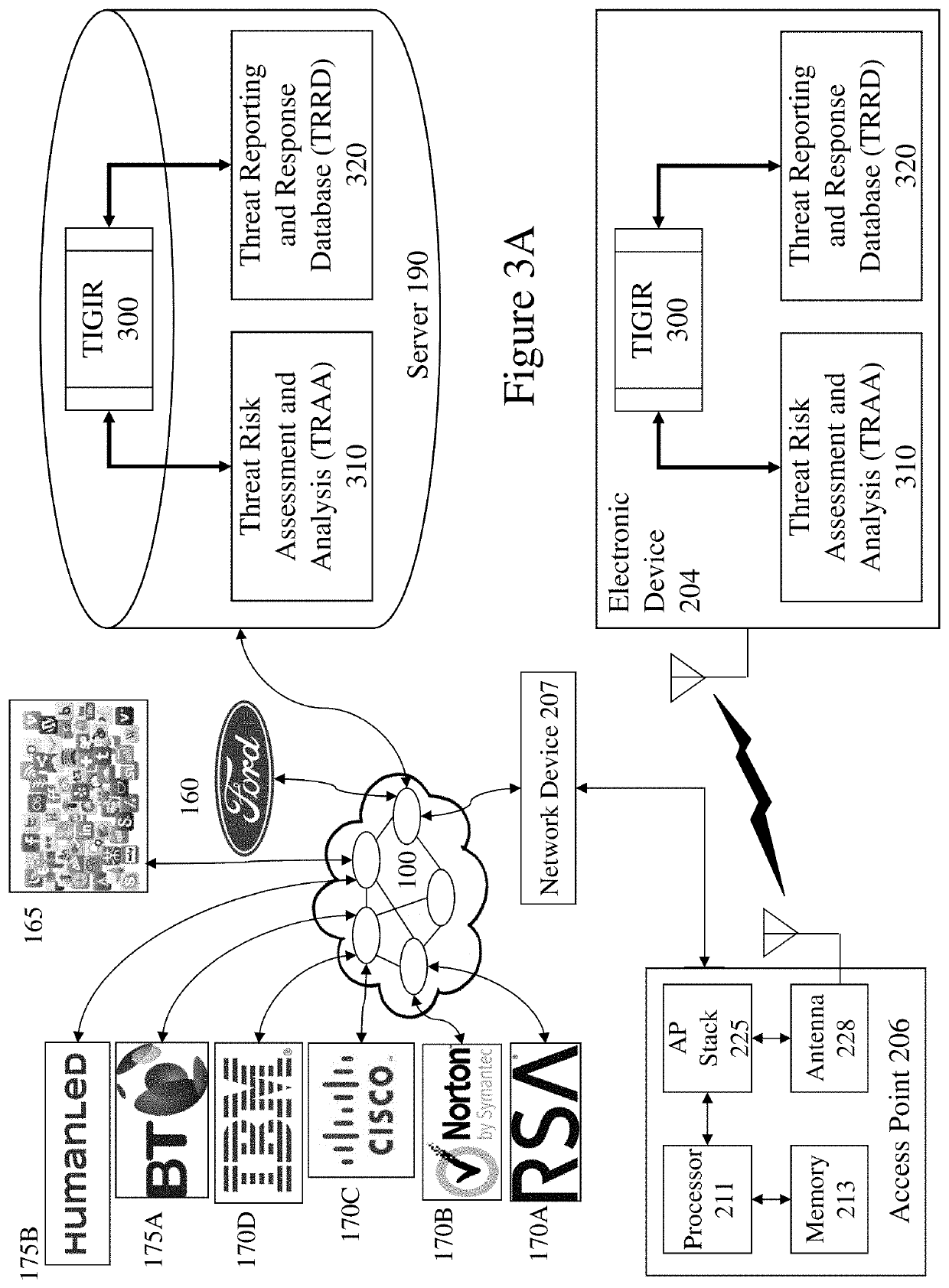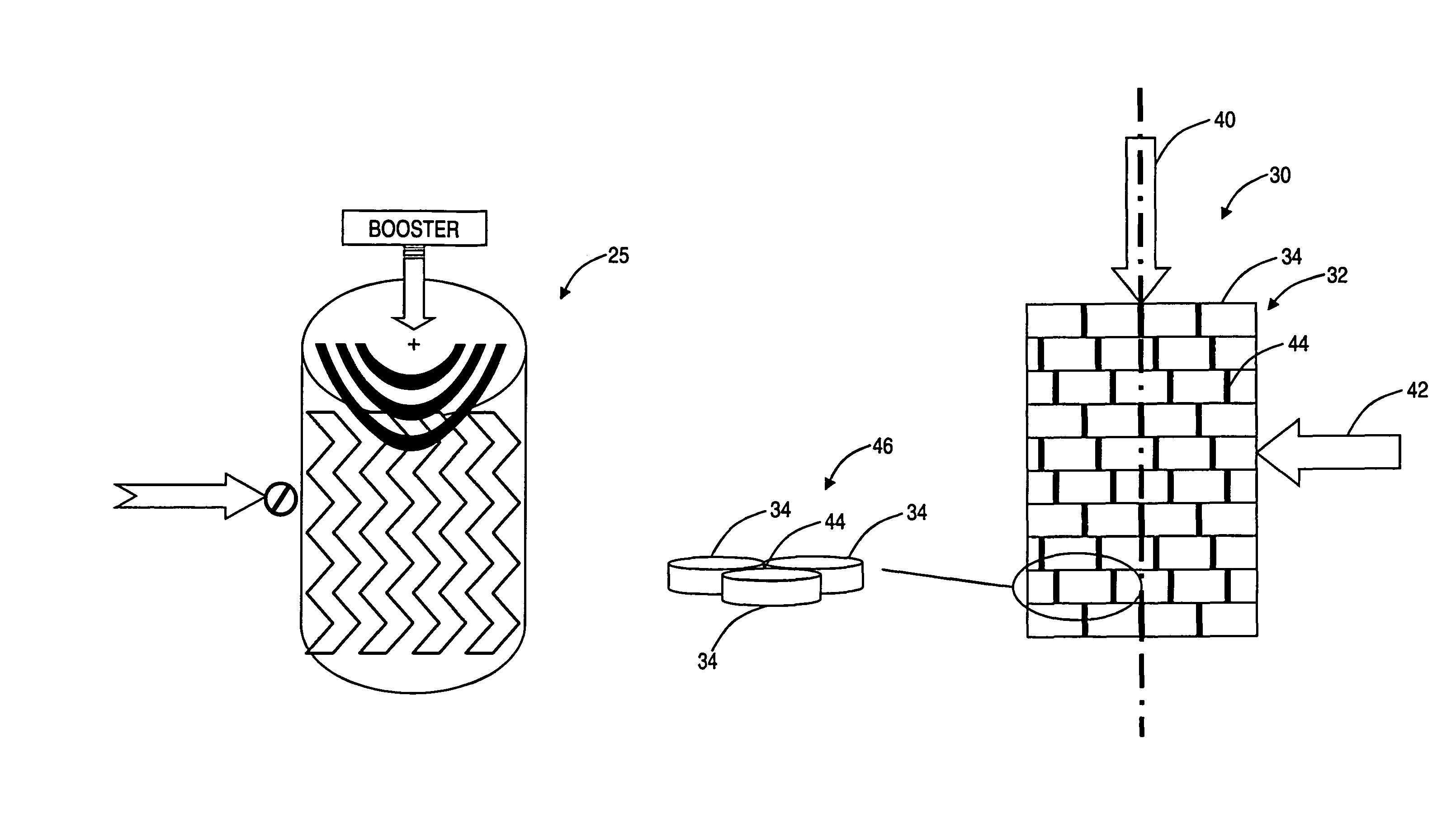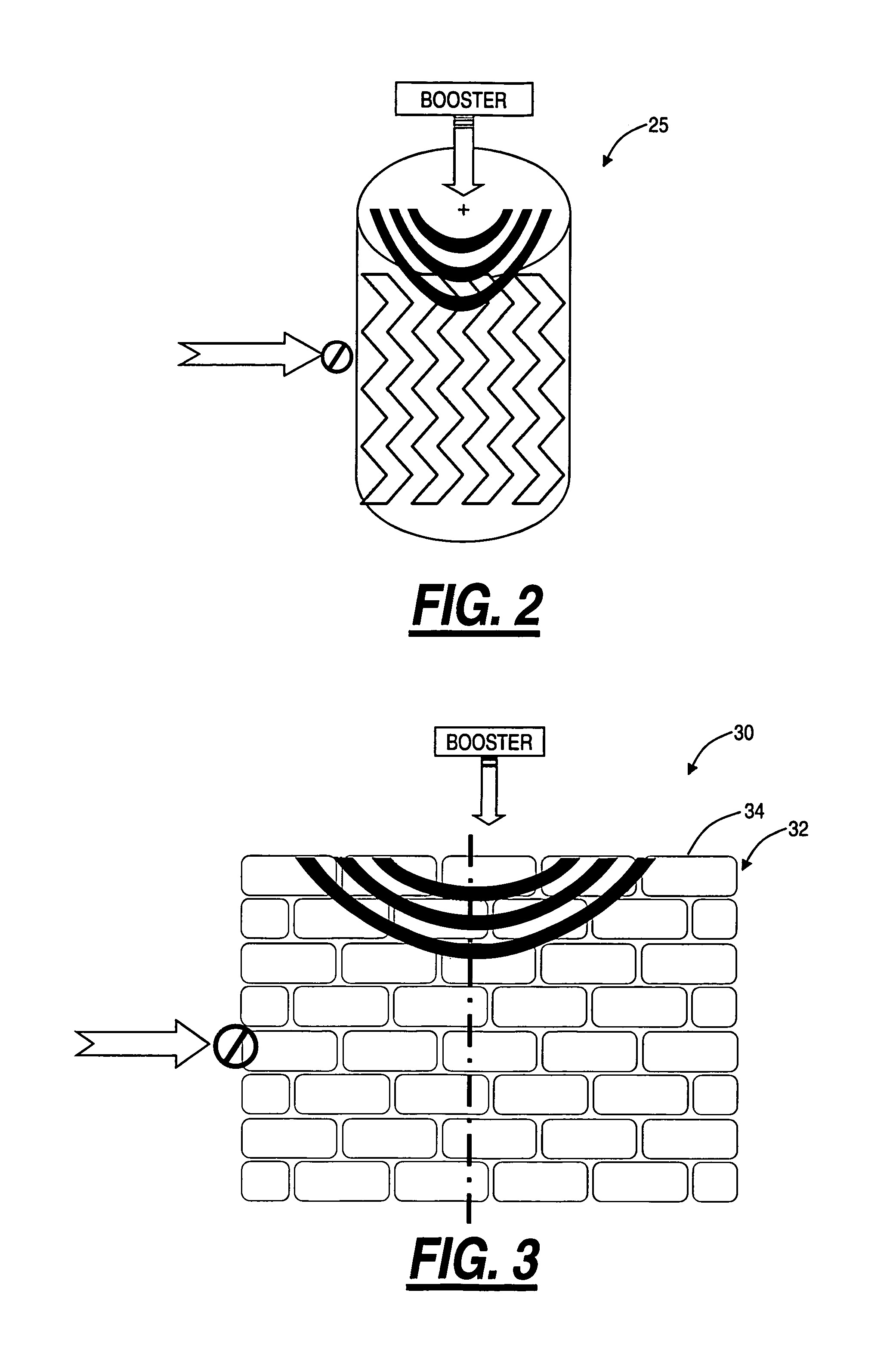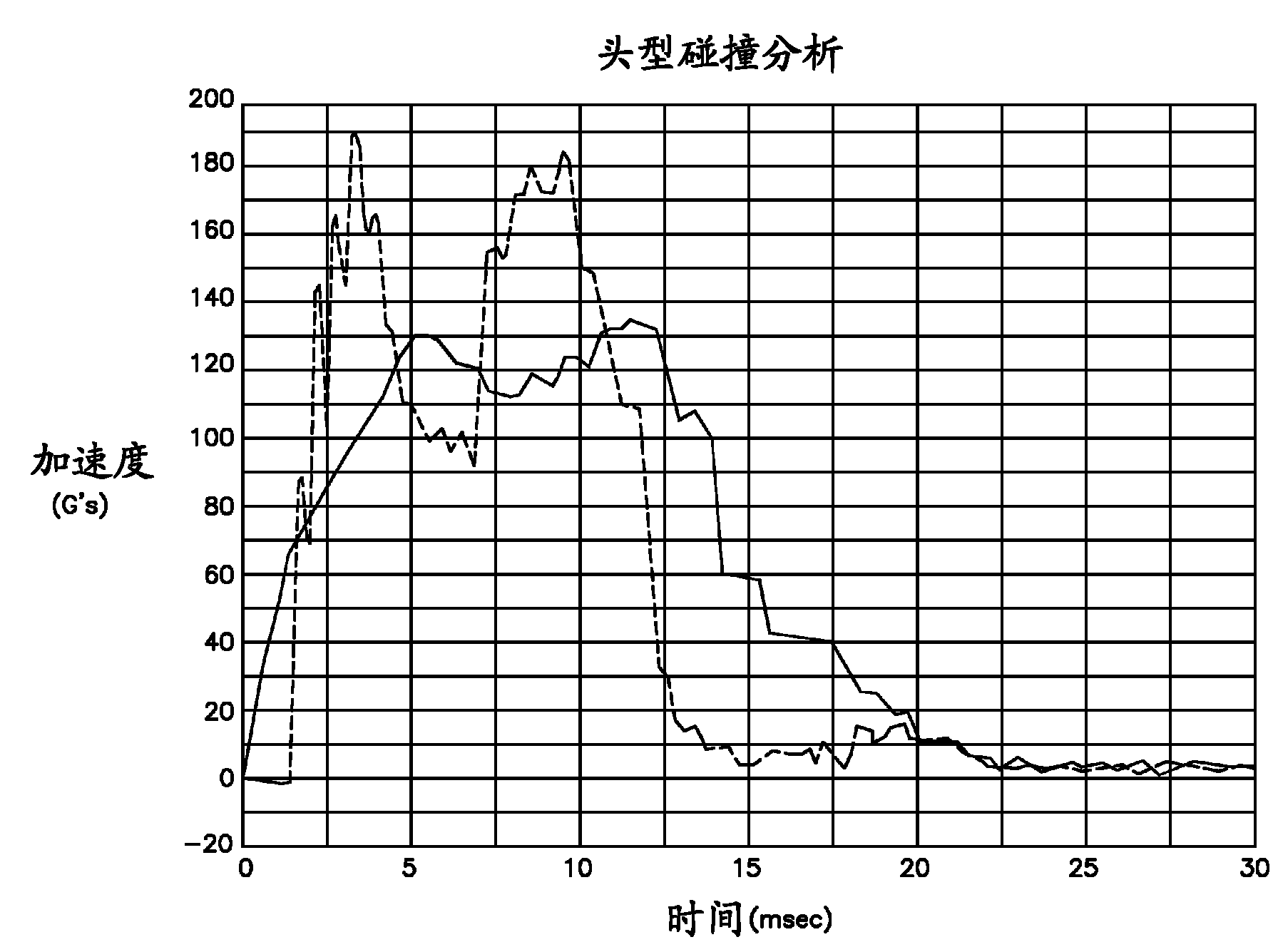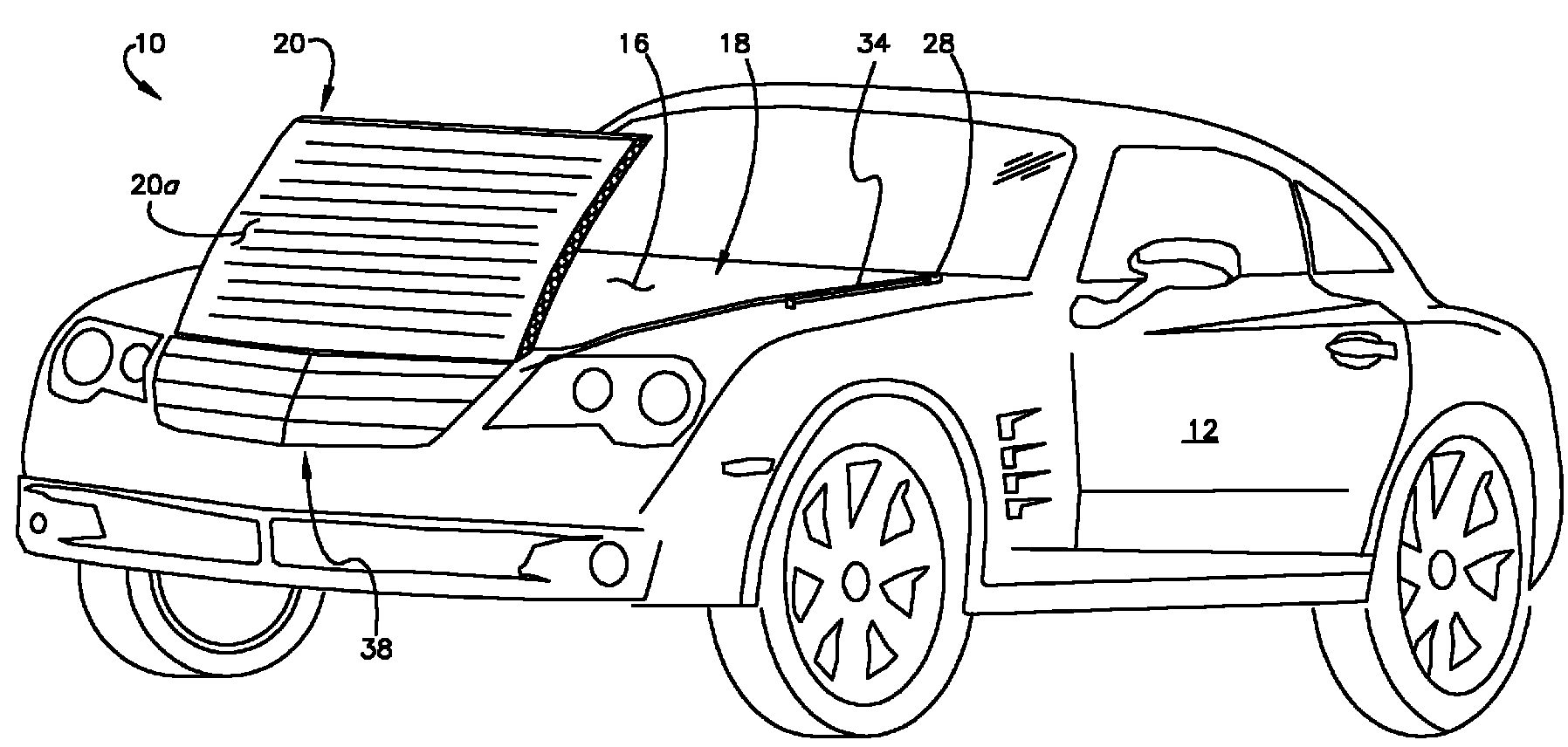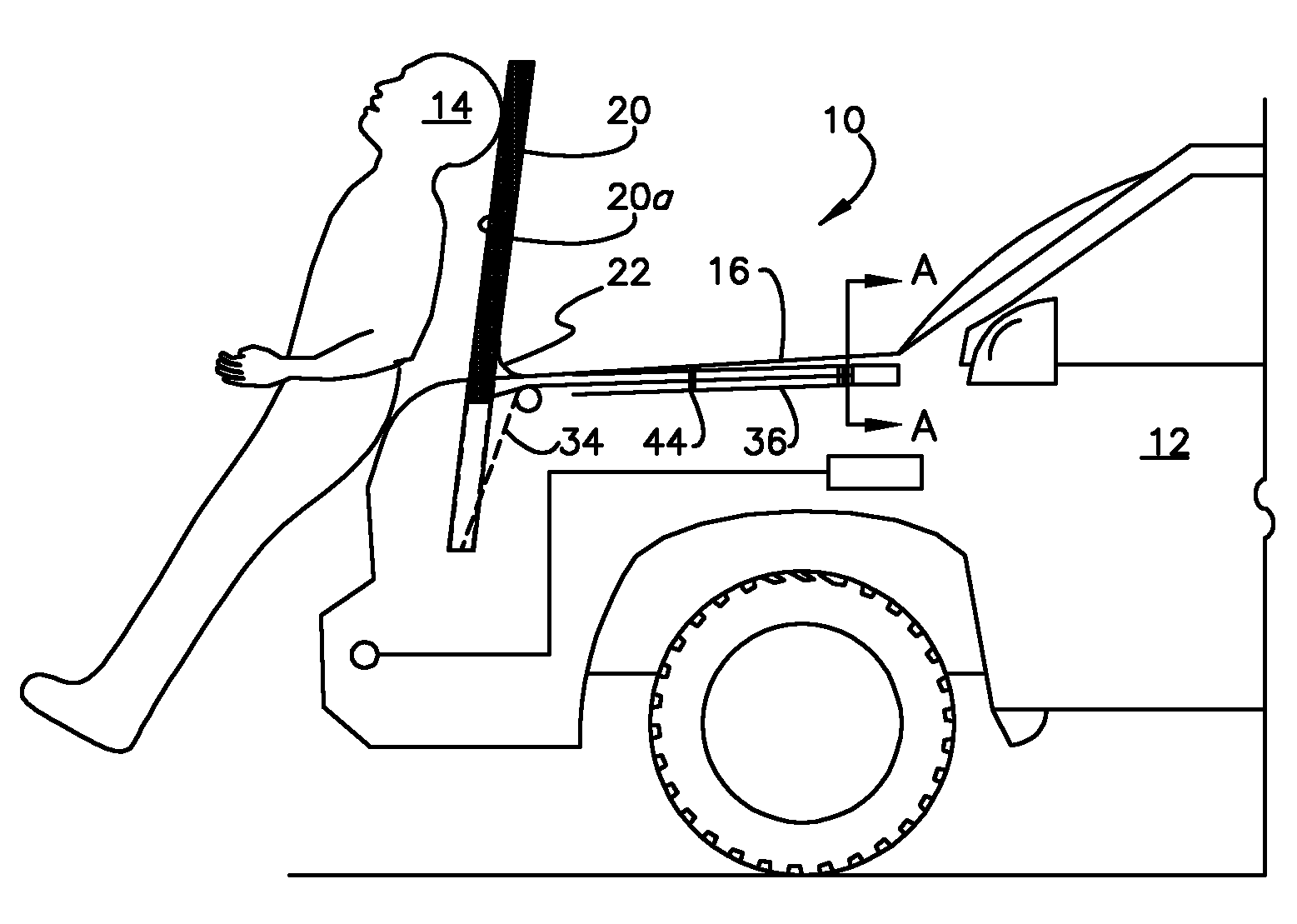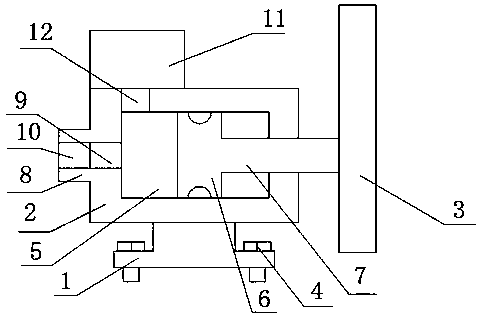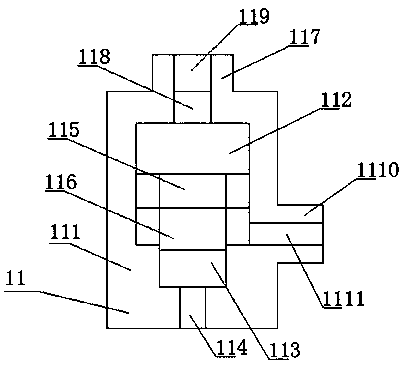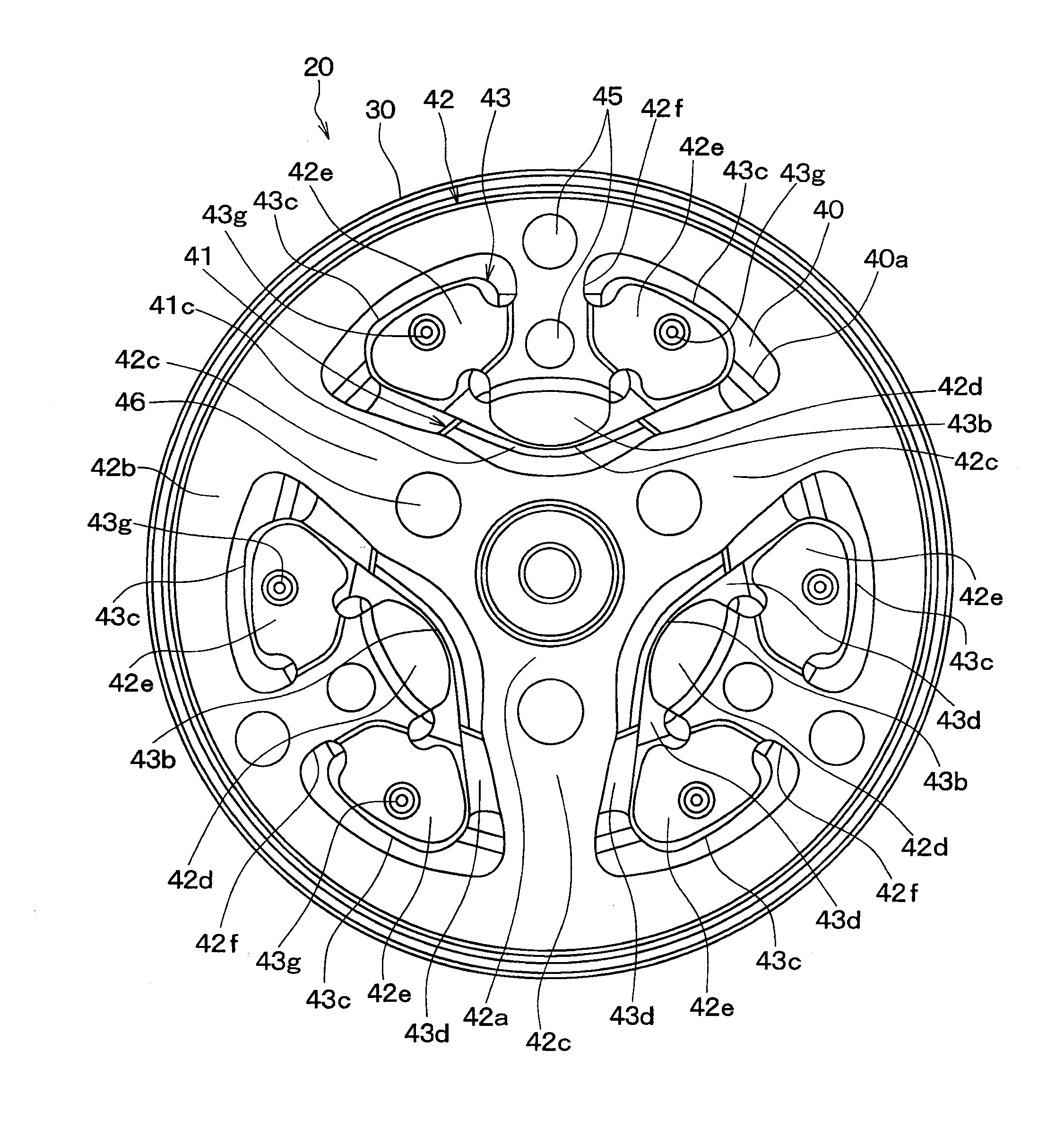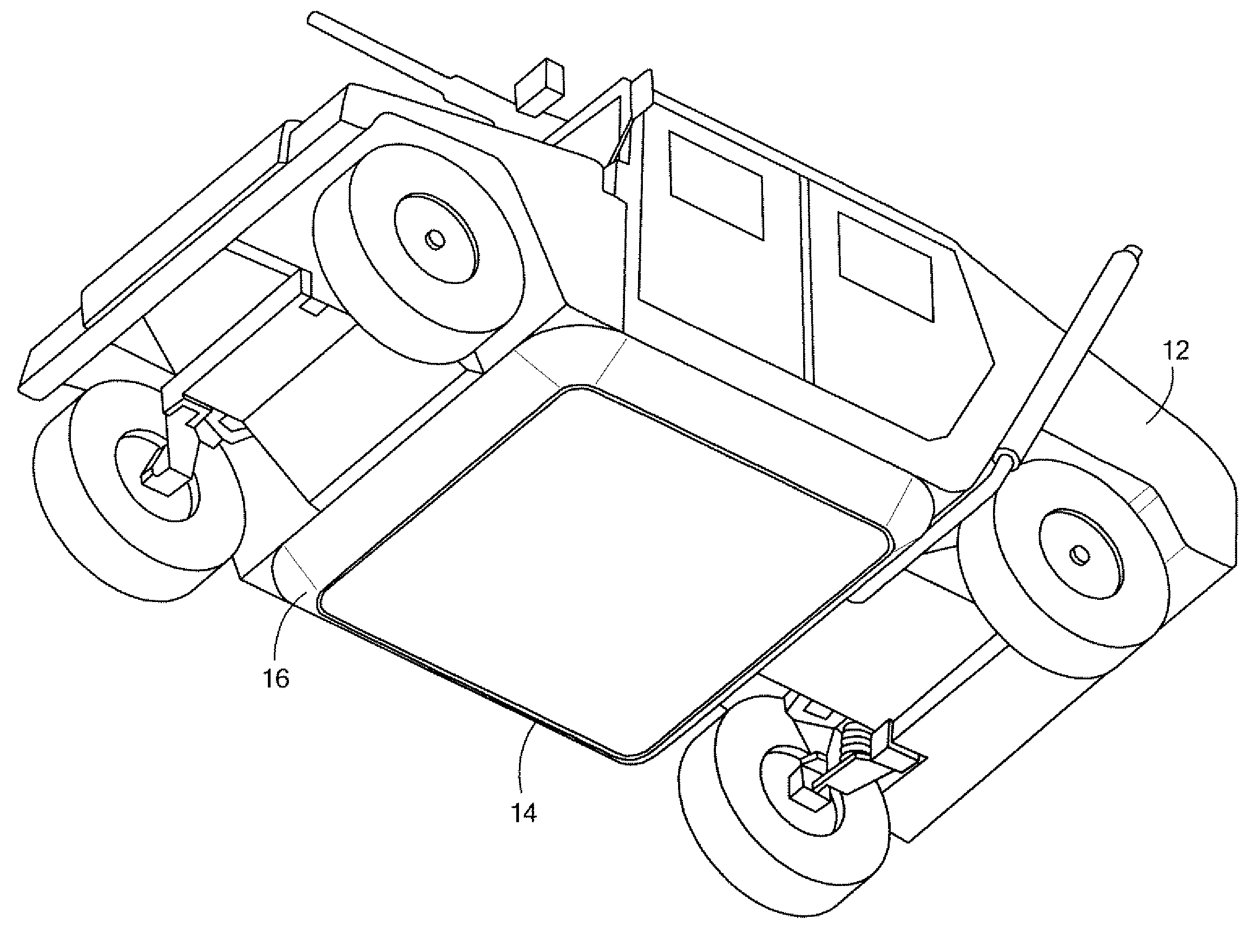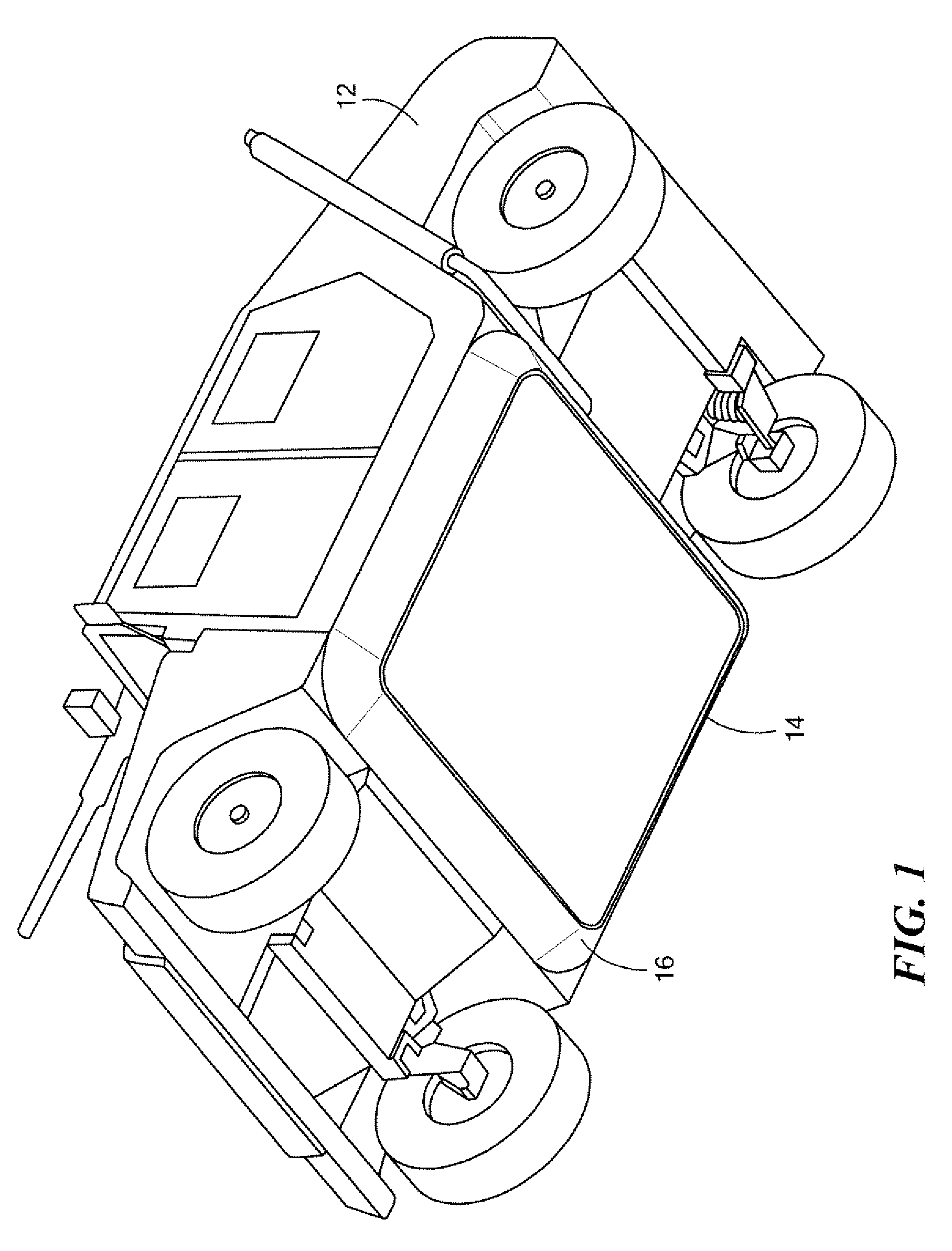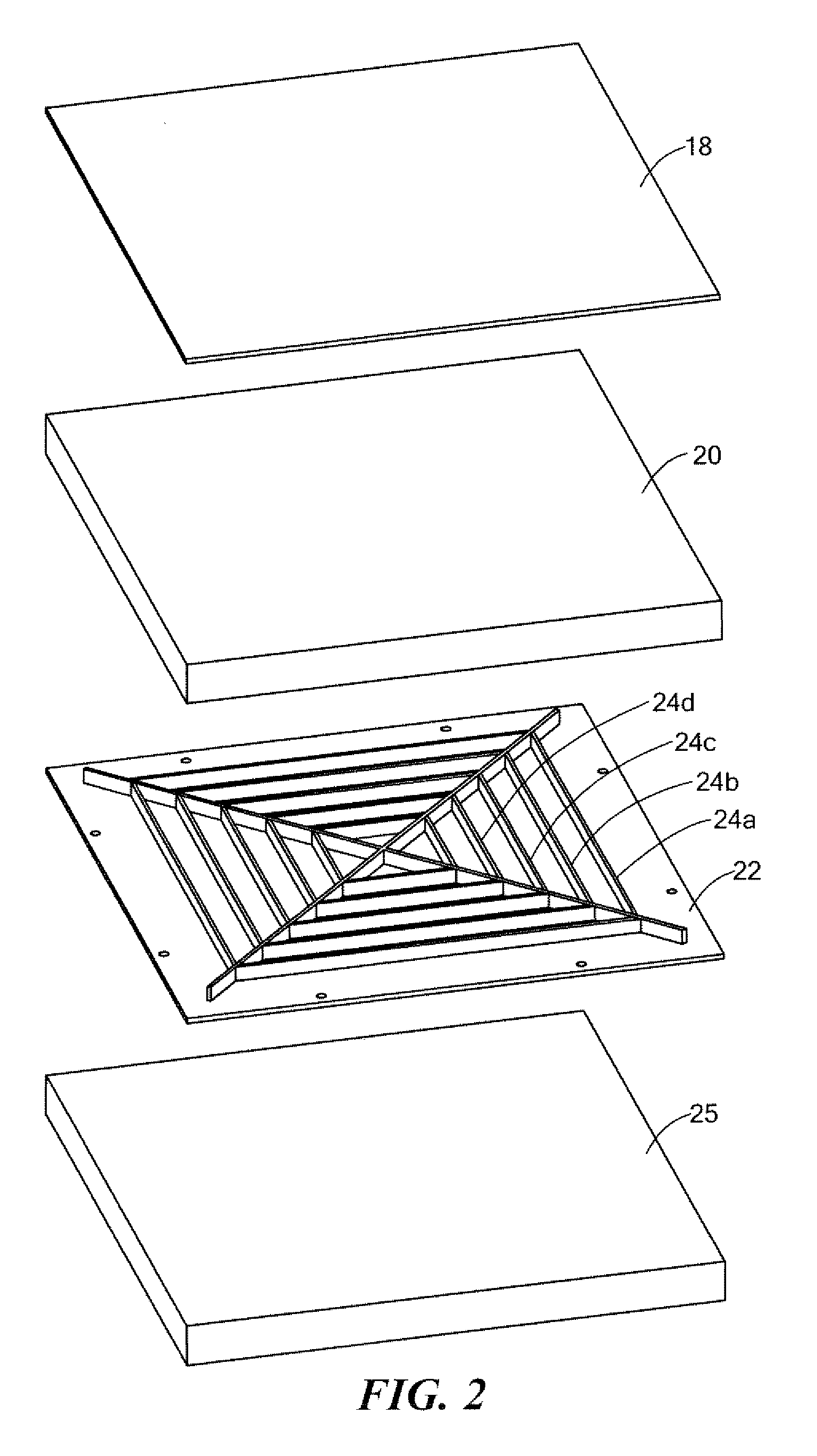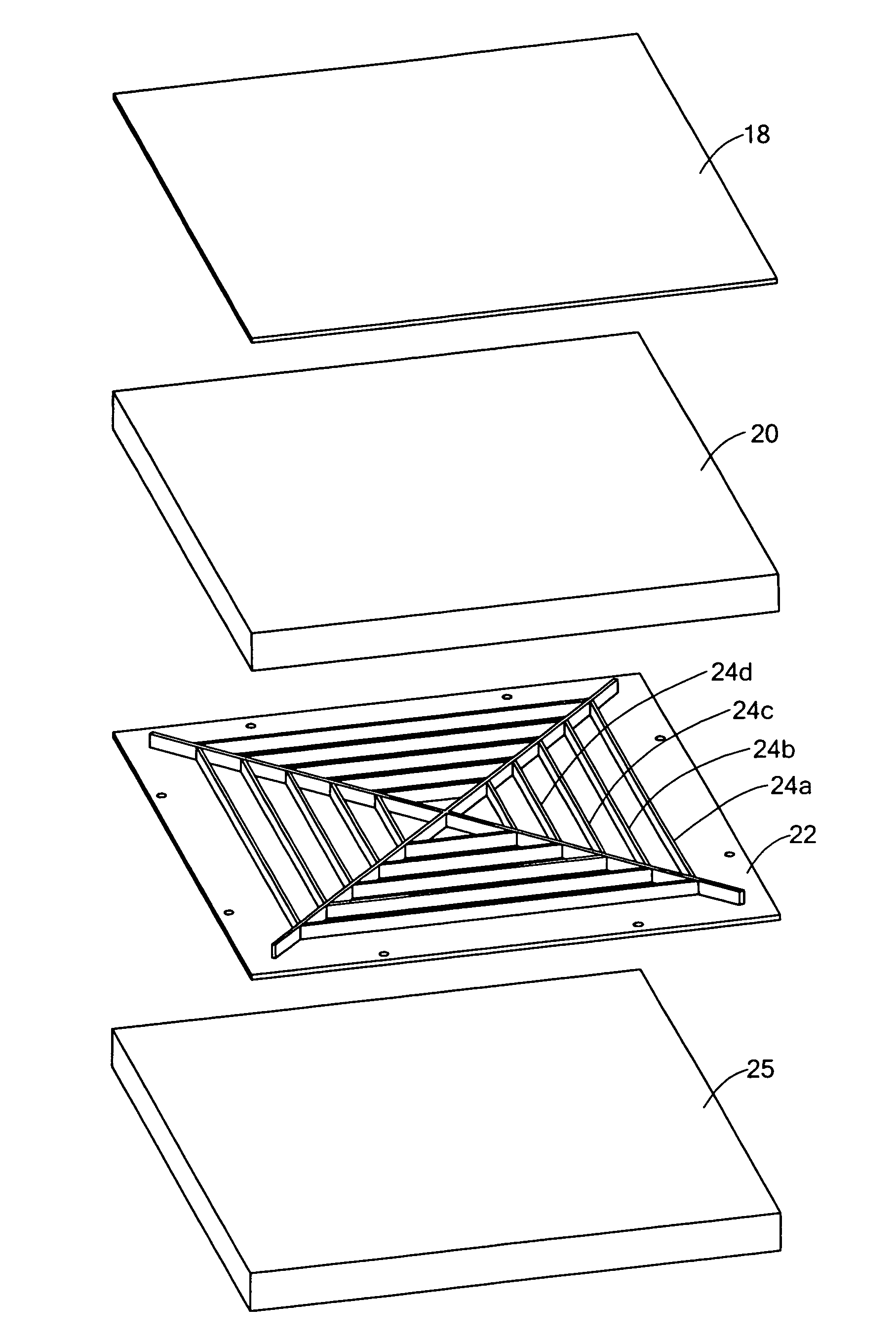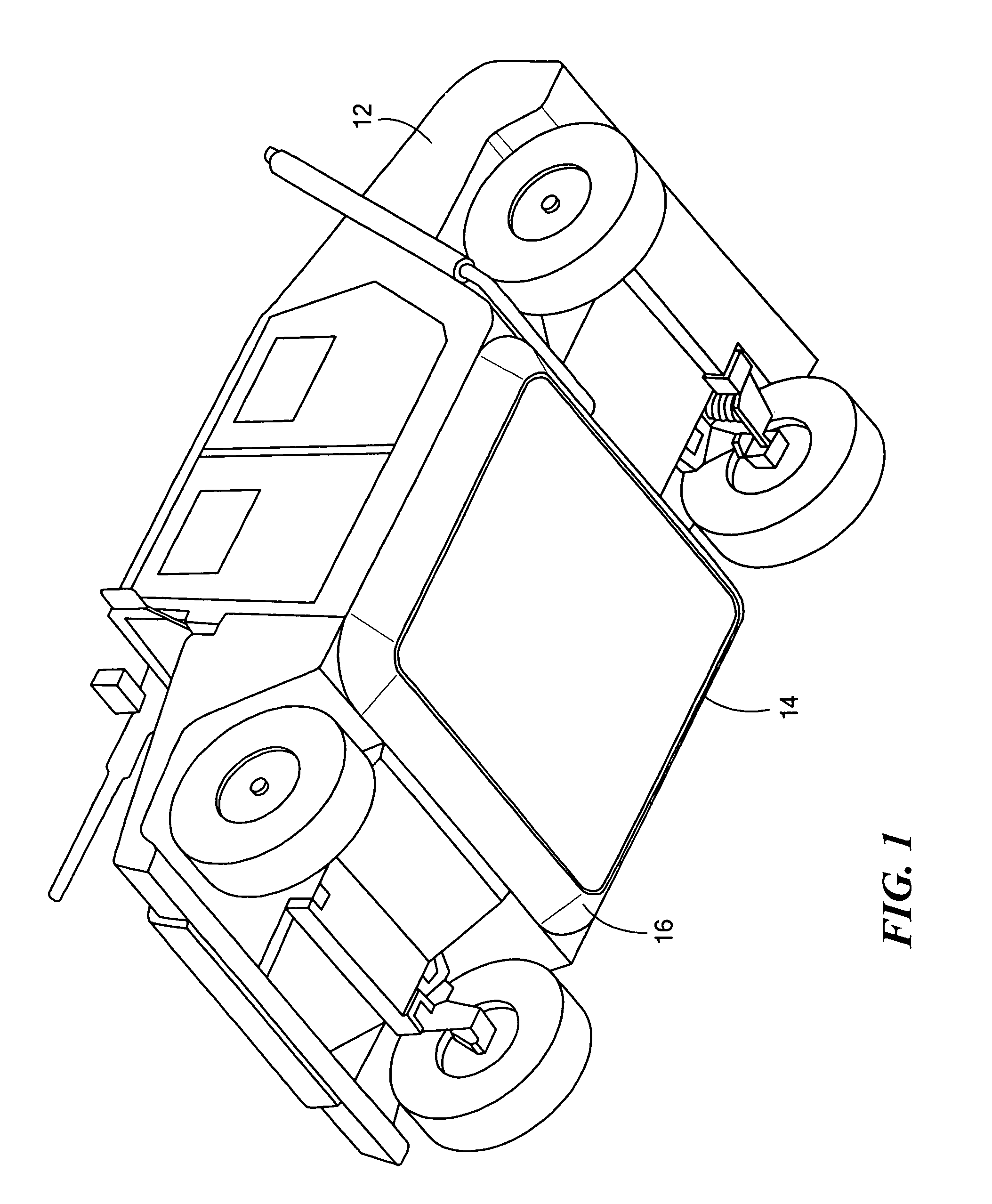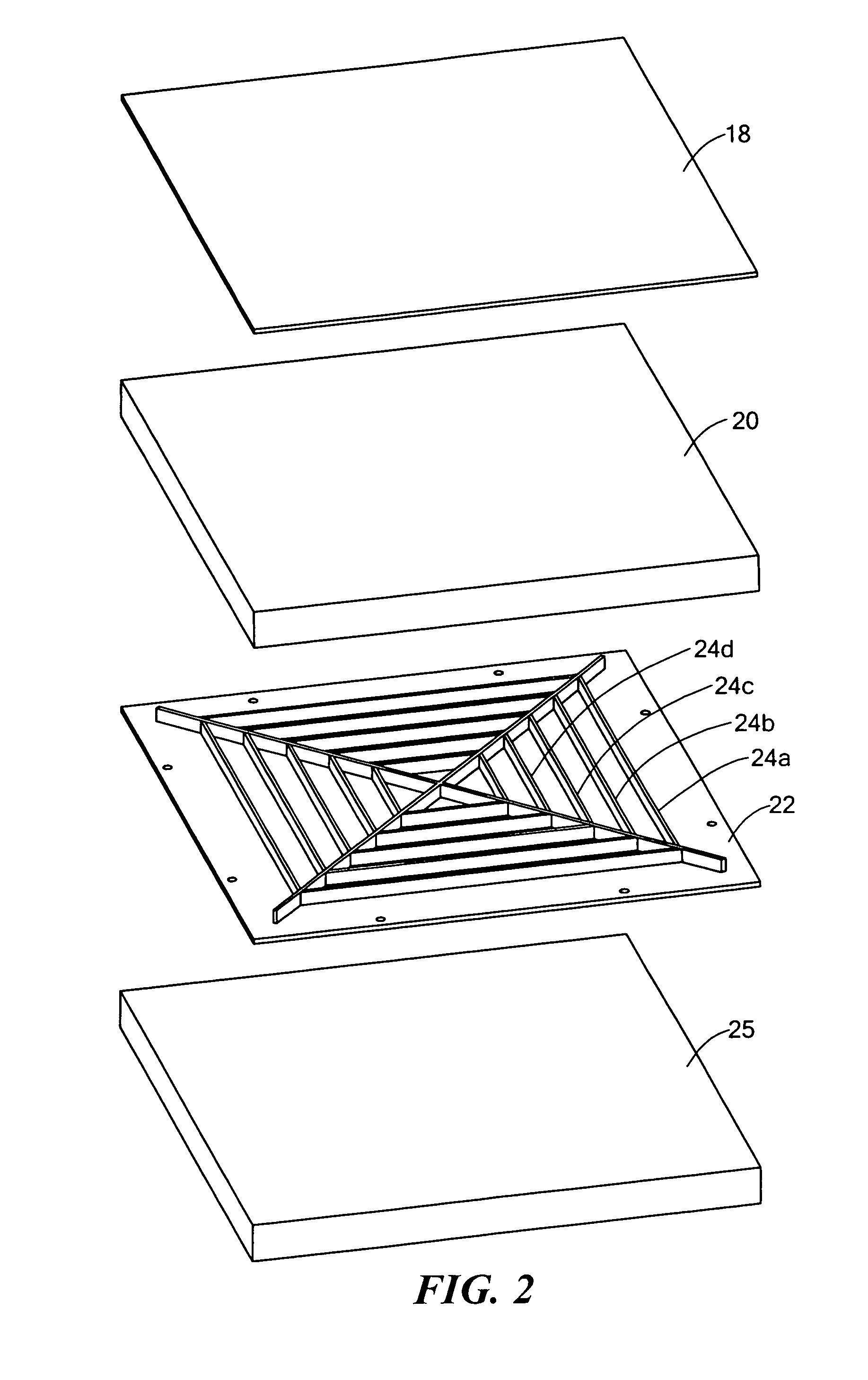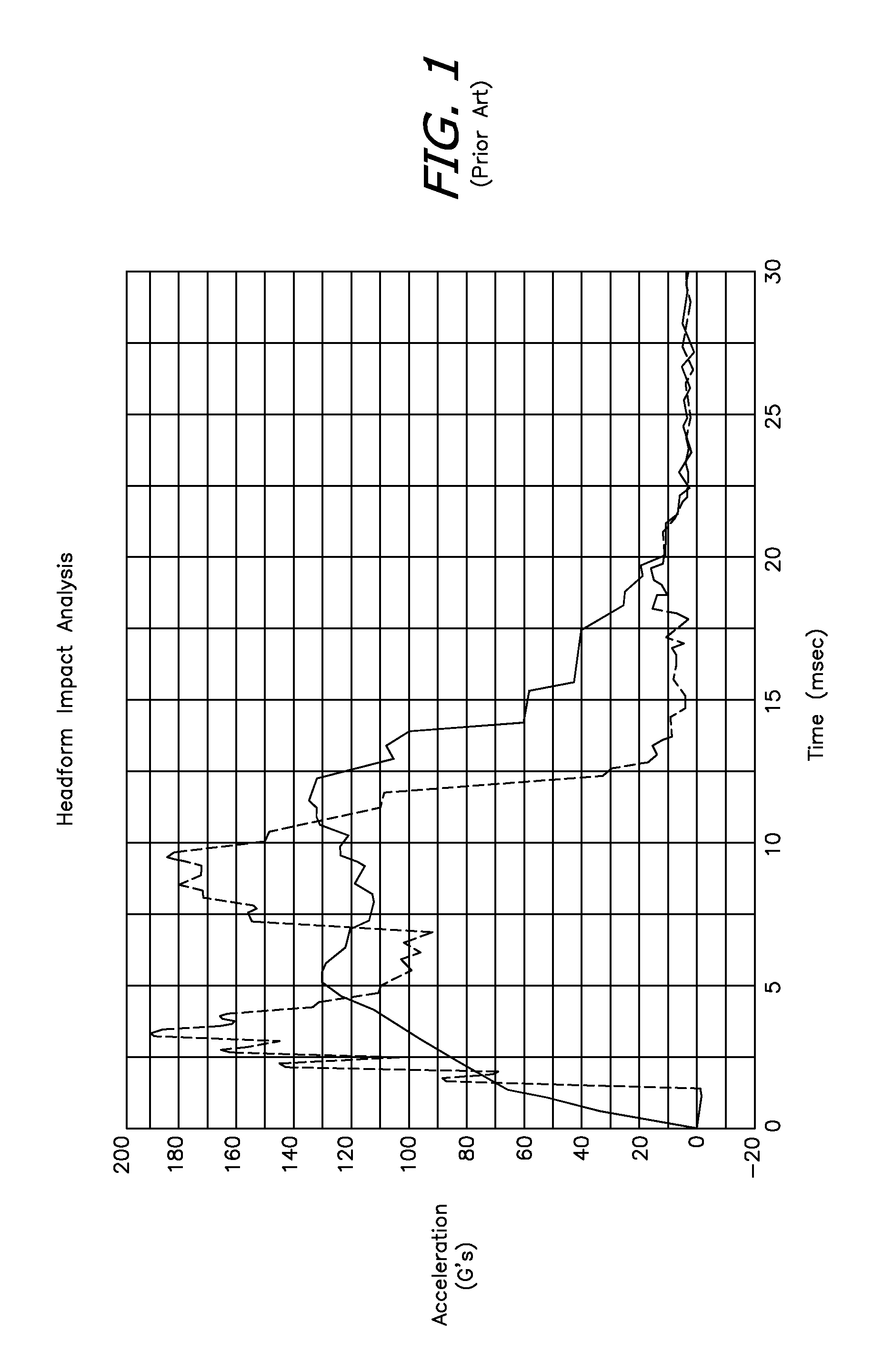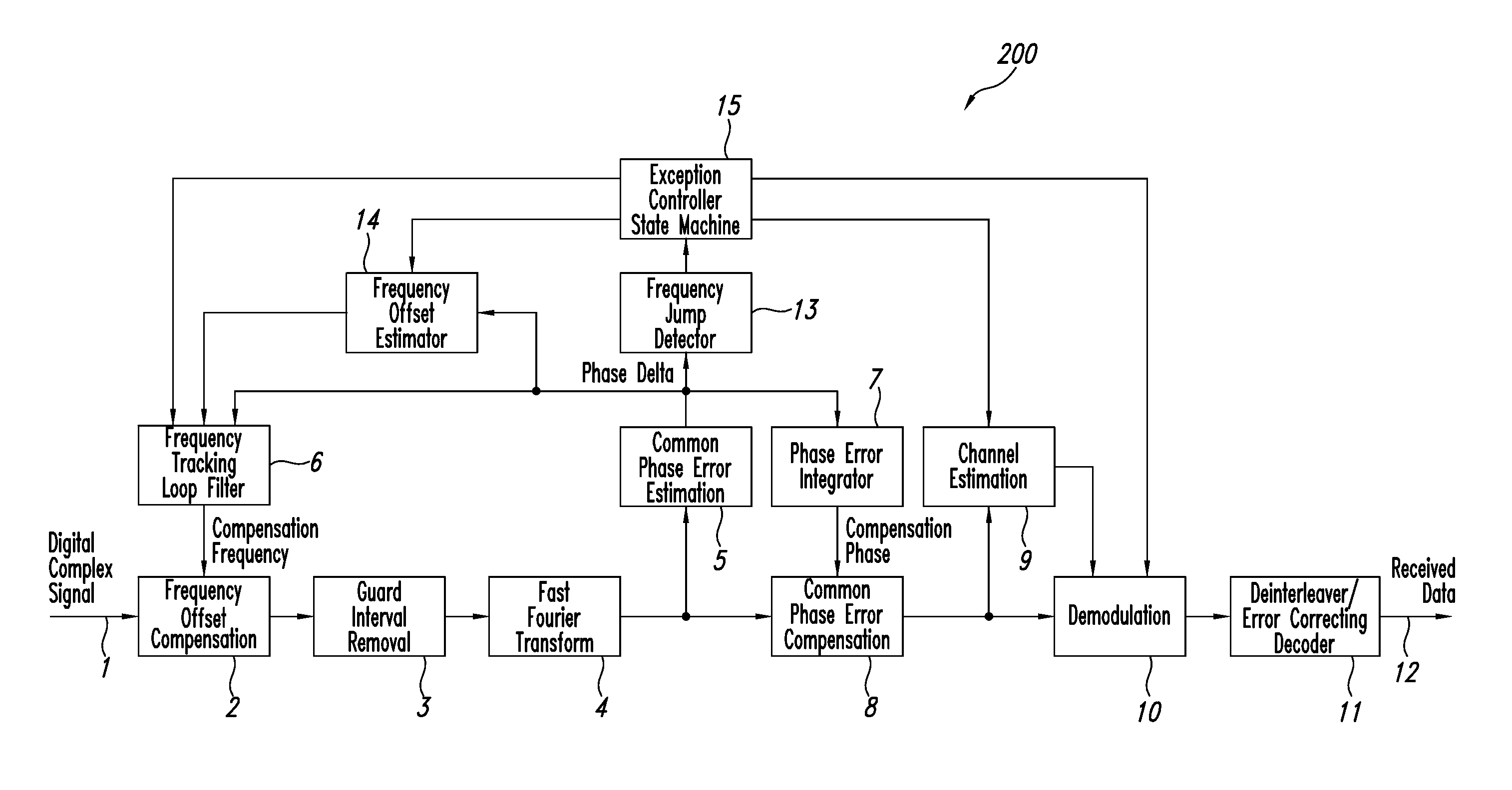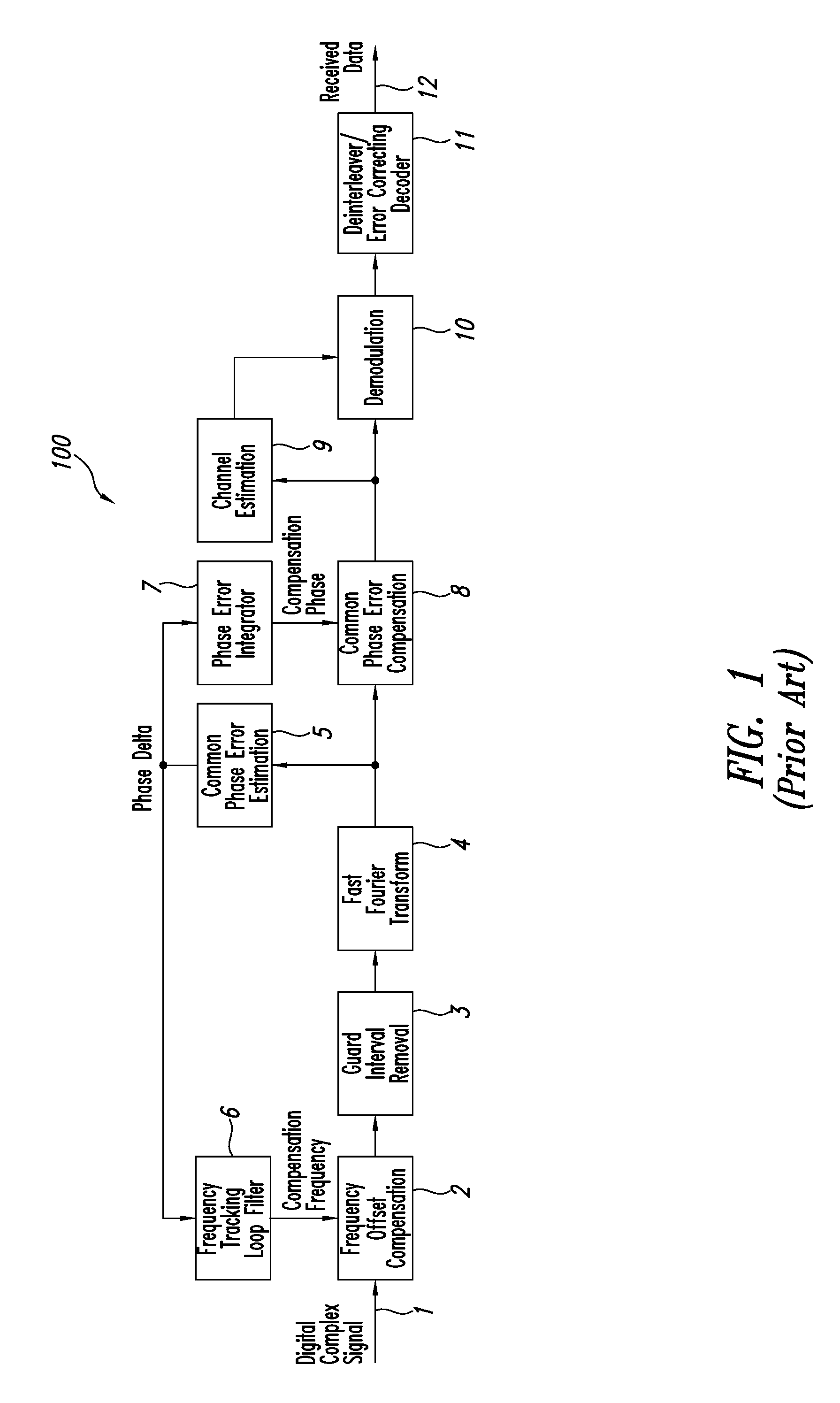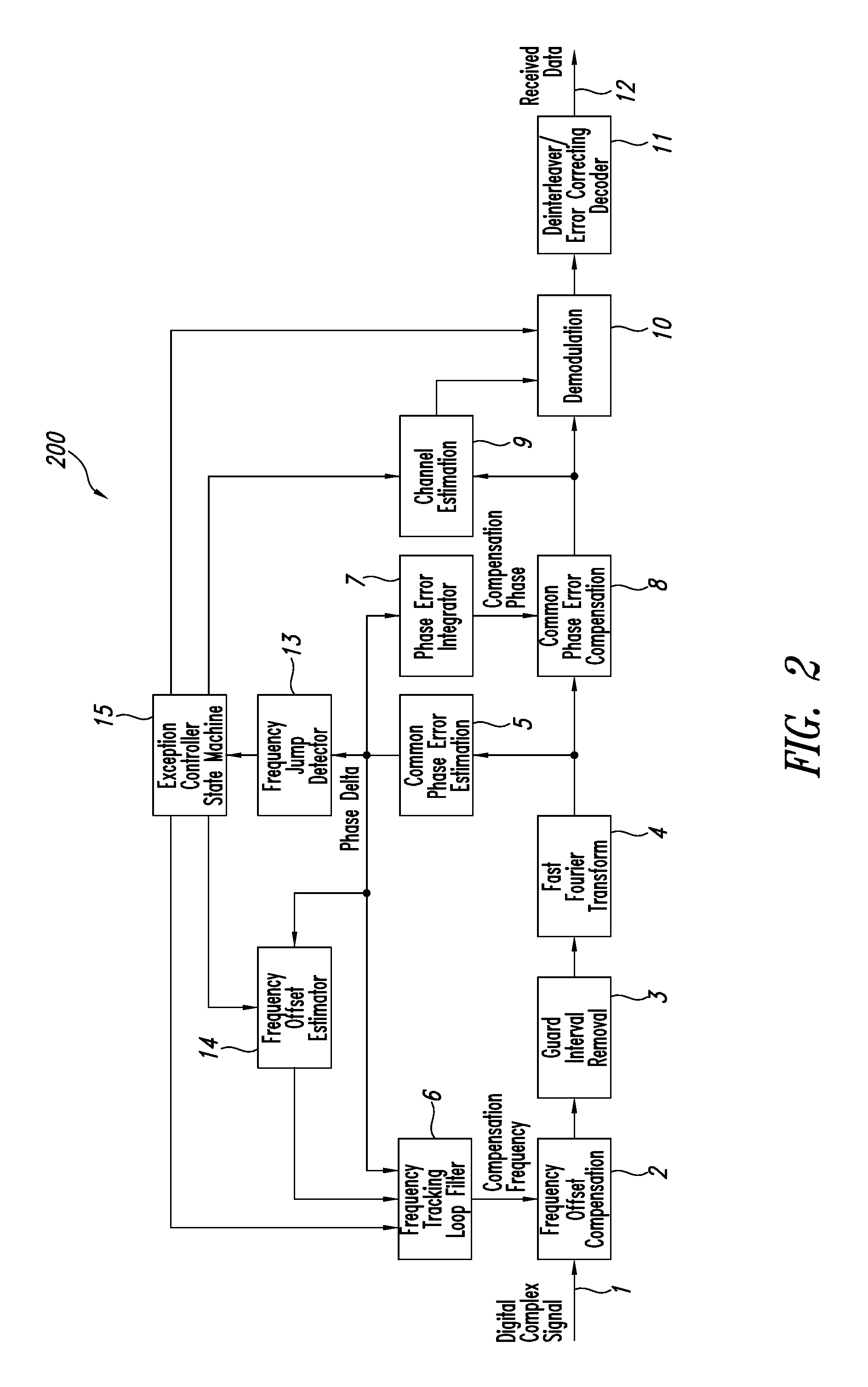Patents
Literature
Hiro is an intelligent assistant for R&D personnel, combined with Patent DNA, to facilitate innovative research.
47 results about "Impact mitigation" patented technology
Efficacy Topic
Property
Owner
Technical Advancement
Application Domain
Technology Topic
Technology Field Word
Patent Country/Region
Patent Type
Patent Status
Application Year
Inventor
Mitigation is the effort to reduce loss of life and property by lessening the impact of disasters. In order for mitigation to be effective we need to take action now—before the next disaster—to reduce human and financial consequences later (analyzing risk, reducing risk, and insuring against risk).
Ladar enabled impact mitigation system
ActiveUS20150202939A1Reduce harmReduce severityRoad vehicles traffic controlDigital data processing detailsImpact mitigationEngineering
A collision mitigation system is proposed which makes use of forward mounted long range ladar sensors and short range ladar sensors mounted in auxiliary lamps to identify obstacles and to predict unavoidable collisions therewith, and a duplex radio link in communication with secondary vehicles, and a number of external airbags deployable under the control of an airbag control unit, to reduce the forces of impact on the host vehicle, secondary vehicles, and bipeds and quadrupeds wandering into the roadway. A suspension modification system makes use of headlight mounted long range ladar sensors and short range ladar sensors mounted in auxiliary lamps to characterize the road surface, identify road hazards, and make adaptations to a number of active suspension components, each with the ability to absorb shock, elevate or lower the vehicle, and adjust the spring rate of the individual wheel suspensions.
Owner:CONTINENTAL AUTONOMOUS MOBILITY US LLC
Ocular-performance-based head impact measurement applied to rotationally-centered impact mitigation systems and methods
ActiveUS20190167095A1Reduce chanceDiagnostic recording/measuringEye diagnosticsHertzVisual perception
A system or method for measuring human ocular performance can be implemented using an eye sensor, a head orientation sensor, and an electronic circuit. The device is configured for measuring vestibulo-ocular reflex, pupillometry, saccades, visual pursuit tracking, vergence, eyelid closure, dynamic visual acuity, retinal image stability, foveal fixation stability, focused position of the eyes or visual fixation of the eyes at any given moment and nystagmus. The eye sensor comprises a video camera that senses vertical movement and horizontal movement of at least one eye. The head orientation sensor senses pitch and yaw in the range of frequencies between 0.01 Hertz and 15 Hertz. The system is implemented as part of an impact reduction helmet that comprises an inner frame having interior pads configured to rest against a person's head and one or more shock absorption elements attached between the inner frame and the spherical shell that couple the spherical shell to the inner frame. The spherical shell has a circular geometry, that when viewed horizontally at its horizontal midplane, includes a center point that is the rotational center of the spherical shell. The one or more shock absorption elements are sized to provide greater spacing between the inner frame and the spherical shell at the sides and rear of the spherical shell than at the front of the spherical shell. The one or more shock absorption elements are sized to configure the alignment of the rotational center of the spherical shell with the proximate rotational center of the wearer's head.
Owner:NOVUTZ LLC
Hood assembly utilizing active materials based mechanisms
InactiveUS7392876B2Improve energy absorptionReduce harmVehicle seatsWindowsImpact mitigationElectricity
An active material hood impact mitigation mechanism is activated in response to a signal generated from an impact sensor or pre-impact sensor or manually. The mitigation mechanism is capable of changing either reversibly or irreversibly the stiffness, shape, location, orientation, or displacement force of the hood either globally or locally, before an impact against the hood. The active material mitigation mechanism is held in a device designed to be installed in operative communication with the hood surface. The active material is characterized by a first shape or stiffness and is operative to change to a second shape or stiffness in response to the activation signal. Such active materials include shape memory alloys, electroactive polymers, shape memory polymers, magnetic shape memory alloys, magnetorheological fluids, magnetorheological elastomers, electrorheological fluids, and piezoelectric materials.
Owner:GM GLOBAL TECH OPERATIONS LLC
Method for manufacture of cellular materials and structures for blast and impact mitigation and resulting structure
Provided is the utilization of face panels (20) containing core materials (16) topologically structured at small scale, relative to a system (e.g. ship hull) that utilize them. They are optimized Lo absorb or reflect the energy subject to their while also possessing the ability to efficiently support high structural loads. It is entirely compatible with double-hull ship design concepts, because the volume between the hulls is used to locate the energy absorbing material substructures. The approach can be generalized to provide protection from impacts of low, intermediate or high intensity. The technology to design such structures requires materials selection and cell topology designs coupled with and techniques for the affordable manufacturing of structures that must he able to sustain severe dynamic deformations. It requires a coupling of effects occurring and phenomena that occur at the materials and structural levels.
Owner:UNIV OF VIRGINIA ALUMNI PATENTS FOUND
LADAR enabled impact mitigation system
ActiveUS9110169B2Reduce severityAvoid damagePedestrian/occupant safety arrangementAnti-collision systemsImpact mitigationRadar
A collision mitigation system is proposed which makes use of forward mounted long range ladar sensors and short range ladar sensors mounted in auxiliary lamps to identify obstacles and to predict unavoidable collisions therewith, and a duplex radio link in communication with secondary vehicles, and a number of external airbags deployable under the control of an airbag control unit, to reduce the forces of impact on the host vehicle, secondary vehicles, and bipeds and quadrupeds wandering into the roadway. A suspension modification system makes use of headlight mounted long range ladar sensors and short range ladar sensors mounted in auxiliary lamps to characterize the road surface, identify road hazards, and make adaptations to a number of active suspension components, each with the ability to absorb shock, elevate or lower the vehicle, and adjust the spring rate of the individual wheel suspensions.
Owner:CONTINENTAL AUTONOMOUS MOBILITY US LLC
Hood assembly utilizing active materials based mechanisms
InactiveUS20050275246A1Reduce harmImprove energy absorptionVehicle seatsWindowsImpact mitigationElectricity
An active material hood impact mitigation mechanism is activated in response to a signal generated from an impact sensor or pre-impact sensor or manually. The mitigation mechanism is capable of changing either reversibly or irreversibly the stiffness, shape, location, orientation, or displacement force of the hood either globally or locally, before an impact against the hood. The active material mitigation mechanism is held in a device designed to be installed in operative communication with the hood surface. The active material is characterized by a first shape or stiffness and is operative to change to a second shape or stiffness in response to the activation signal. Such active materials include shape memory alloys, electroactive polymers, shape memory polymers, magnetic shape memory alloys, magnetorheological fluids, magnetorheological elastomers, electrorheological fluids, and piezoelectric materials.
Owner:GM GLOBAL TECH OPERATIONS LLC
Mobile electronic device with enhanced impact mitigation
InactiveUS9124676B2Improve toleranceTransmissionTelephone set constructionsImpact mitigationEngineering
Owner:GOOGLE TECHNOLOGY HOLDINGS LLC
Multi-Functional Hybrid Panel For Blast and Impact Mitigation and Method of Manufacture
InactiveUS20130263727A1Easy constructionImprove bending resistanceProtective equipmentArmour platesImpact mitigationMulti-function structure
This invention relates to a multifunctional structure for mitigating the effects of explosions and impeding the penetration of projectiles that is also highly effective at supporting structural (i.e. static) loads. By wrapping a tile in multiple layers of high-performance fabric, upon impact by a projectile additional tensile forces are created, aiding in the deceleration of the projectile. With added layers the tensile forces aiding projectile deceleration increase, resulting in a ballistic panel for use in multifunctional structural / armor systems having a lighter weight and greater stopping power than conventional armor systems in addition to functioning as part of a structure for supporting static loads.
Owner:UNIV OF VIRGINIA ALUMNI PATENTS FOUND
Method and system for impact mitigation of sudden carrier frequency shifts in OFDM receivers
InactiveUS20090232257A1Minimize impactReduce impactPolarisation/directional diversityLine-faulsts/interference reductionImpact mitigationCarrier signal
Owner:ST ERICSSON SA
Blast/impact mitigation shield
A shield includes a first body made of damping material in a solid state and which transitions to a viscous fluid state when critically stressed in compression and a plunger plate with blades extending outwardly therefrom adjacent the first body for transitioning material of the first body from a solid to a viscous fluid state locally near the blades when the blades of the plunger plate are driven into the body. The plunger plate includes a truncated-V shape, a V-shape or a double V-shape.
Owner:FOSTER-MILLER
Blast/impact mitigation shield
A blast / impact mitigation shield includes, in one example, a first body including a damping material in a solid state and which transitions to a viscous fluid state when stressed beyond a critical stress and a second body including damping material in a solid state and which transitions to a viscous fluid state when stressed. A plunger plate has blades extending outwardly therefrom and is located between the first and second bodies.
Owner:FOSTER-MILLER
Clutch mechanism
A clutch mechanism includes a pulley, an armature, an electromagnet, a plate spring, and a damper. The armature is joined to the pulley in a direction of a rotation axis. The electromagnet generates attracting magnetic force, which attracts the armature in a joining direction. The plate spring generates resilient force, which urges the armature in an opposite direction from the joining direction. The damper includes an impact mitigation part mitigating an impact when the armature collides with the pulley. The pulley, the armature, the damper, and the plate spring are arranged in this order in the direction of the rotation axis. The damper includes a contact portion in contact with part of the armature in the direction of the rotation axis. The plate spring includes a pressing part pressing the contact portion on the armature both at time of joining and at time of unjoining between the armature and the pulley.
Owner:DENSO CORP
Multi-Layered Self-Healing Material System Towards Impact Mitigation
ActiveUS20160167811A1Increase speedRepair damageCosmonautic vehiclesSpace suitsImpact mitigationRepair material
Various embodiments provide multi-layered self-healing materials, capable of repairing puncture damage. The multi-layered self-healing materials, capable of repairing puncture damage of the various embodiments may be constructed by sandwiching a reactive (e.g., oxygen sensitive) liquid monomer formulation between two solid polymer panels, such as a polymer panel of Barex 210 IN (PBG) serving as the front layer panel and a polymer panel of Surlyn® 8940 serving as the back layer panel. The various embodiments may provide methods to produce multi-layered healing polymer systems. The various embodiments may provide a two-tier, self-healing material system that provides a non-intrusive capability to mitigate mid to high velocity impact damage in structures.
Owner:NASA
Security threat information gathering and incident reporting systems and methods
InactiveUS20200329068A1Easy to identifyMitigation extensionTransmissionImpact mitigationData science
A common misconception equates information with intelligence. To transform information into intelligence a number of analytical steps must occur within a framework designed to yield very specific datum associable with other raw or formulated datum, that provides an answer or solution to a sub-problem. Every organization has threats and risks including cyber threats, threats to infrastructure, etc. that can impact the organization on many levels. However, most organizations do not understand how to quantify and assess these risks / threats yet alone assess different preemptive actions for mitigating impact. It would therefore be beneficial to provide organizations with a software based system that provides threat information gathering, incident reporting, and asset identification / valuation as part of its compounded intelligence and supports predictive context specific analysis of risks and countermeasures. Further, distributed countermeasure monitoring provides incident levels of known and unknown, or yet to be categorized threats.
Owner:FINDLAY VALARIE ANN
Vehicular collision sensing system
InactiveUS20080269993A1Reduce harmDigital data processing detailsPedestrian/occupant safety arrangementImpact mitigationElectronic controller
A crash sensing system for determining a vehicle impact includes an electronic controller for activating impact mitigation equipment during both a first stage event and a second stage event. One or more sensors are used for determining the magnitude of both frontal and side impact forces during the vehicle impact. The controller operates to adjust the sensitivity of the sensors based upon vehicle speed measurements.
Owner:DELPHI TECH INC
Blast/impact mitigation shield
A blast mitigation method includes forming a body of solid material which transitions from a solid state to a non-flowing viscous fluid state when stressed which attaching it to the body of the undercarriage of a vehicle. The material of the body transitions from a solid state to a viscous fluid, state when an explosion occurs, is proximate the body and it absorbs at least some energy from the explosion mitigating impact on the vehicle. A plunger plate with blades extending outwardly therefrom is coupled to the body and oriented such that the blades are adjacent the body.
Owner:FOSTER-MILLER
Vehicle impact mitigation system
The present disclosure relates to a vehicle impact mitigation system. The impact mitigation system can be configured to mitigate front impact situations. A main rail and an extendable rail-configured to move with respect to the main rail-are provided. A front module is attached to the extendable rail and attachable to the main rail. A spring is positioned between the front module and main rail, the spring is configured to apply a force to the front module when the front module is detached from the main rail. An actuator is configured to control attachment of the front module to the main rail.
Owner:FORD GLOBAL TECH LLC
Mobile electronic device with enhanced impact mitigation
ActiveUS20130017864A1Improve toleranceCasings/cabinets/drawers detailsTransmissionImpact mitigationEngineering
A mobile electronic device with enhanced impact absorber is disclosed. The device can include: a housing including a front and a rear housing; and a user interface, the rear housing including an impact absorber located on an outer most portion of the rear housing. Beneficially, the impact absorber can provide enhanced impact mitigation. The impact absorber can allow a mobile electronic device to sustain an impact and mitigate damage to the housing and components therein.
Owner:GOOGLE TECH HLDG LLC
Composite material closed boxcar
InactiveCN101767611AGuaranteed StrengthPrevent impactSynthetic resin layered productsGlass/slag layered productsThermal insulationNoise isolation
The invention relates to a composite material closed boxcar which comprises a box body, wherein the box body consists of an outer layer, a middle layer and an inner layer. The outer layer consists of a gel coat layer and a structure layer, wherein the middle layer consists of a metal frame and a sandwich glass steel plate, the inner layer is the structure layer, and the structure layer consists of a plurality of polyester resin layers and a fiber layer; and all the layers are connected by using adhesive layers. The composite material closed boxcar has good luster, is colorable, simultaneously has the good performances of water resistance, chemical resistance, corrosion resistance, abrasion resistance, impact resistance and the like, further has toughness, rebound elasticity and good corrosion resistance, light weight and collision rebound elasticity, can effectively prevent small collision and also has the good functions of heat preservation, thermal insulation or anti-freezing property, impact mitigation and noise isolation. The composite material closed boxcar has the advantages of reasonable design, low production cost, easy fabrication, good effects of heat preservation and thermal insulation, strong anti-collision capacity and a wide range of applications.
Owner:SHENYANG LIGONG UNIV
Blast/impact mitigation shield
A method of manufacturing a shield by fabricating a plunger plate to include outwardly extending blades on one surface thereof and coupling the plunger plate to a body of damping material with blades of the plunger plate adjacent the body of damping material. The damping material is configured to transition from a solid to a non-flowing viscous fluid state locally near the blades of the plunger plate as they are driven into the body.
Owner:FOSTER-MILLER
Releasable impact mitigating fastener
InactiveUS20190328071A1Decoupling forceLarge compressive loadingSheet joiningHelmetsImpact mitigationReusability
The releasable impact mitigating fasteners is an adaptable mechanism that may be used as the main energy management source and / or be used as a supplemental energy management source. The improved releasable impact mitigating fasteners are easily incorporated into protective devices such as helmets and / or other protective gear for a variety of activities, applications and / or industries, that require enhanced impact absorption, reusability, and / or quick release capabilities under specifically designed impact loads, etc. Each of the releasable impact mitigating fasteners comprise a first end, a second end and an impact mitigation structure. The first end comprises a face plate, the second end may comprise at least one flange. Each of the releasable impact mitigating fasteners may further comprise a base.
Owner:SPARK MEDICAL INC
Security threat information gathering and incident reporting systems and methods
A common misconception equates information with intelligence. To transform information into intelligence a number of analytical steps must occur within a framework designed to yield very specific datum associable with other raw or formulated datum, that provides an answer or solution to a sub-problem. Every organization has threats and risks including cyber threats, threats to infrastructure, etc. that can impact the organization on many levels. However, most organizations do not understand how to quantify and assess these risks / threats yet alone assess different preemptive actions for mitigating impact. It would therefore be beneficial to provide organizations with a software based system that provides threat information gathering, incident reporting, and asset identification / valuation as part of its compounded intelligence and supports predictive context specific analysis of risks and countermeasures. Further, distributed countermeasure monitoring provides incident levels of known and unknown, or yet to be categorized threats.
Owner:FINDLAY VALERIE ANN
Compounded high explosive composites for impact mitigation
InactiveUS8943971B1Reduce vulnerabilityAmmunition projectilesAmmunition loadingImpact mitigationDetonation
Compounded High Explosive Composites provide a novel family of low-cost explosives that exhibit anisotropic (directionally dependent, non-symmetric) sensitivity properties to replace current homogenous plastic bonded high explosives that are vulnerable to unwanted detonation from a variety of hazards and operating conditions. Anisotropic sensitivity behavior is largely achieved by manipulating the bulk property of critical diameter to fine-tune the compounded geometry of the explosive composite. As such, Compounded High Explosive Composites represent structural arrangements of small, spatially distributed, highly consolidated explosive units (pellets) arranged in a prescribed (but versatile) fashion in a motion and energy-dampening rubbery matrix. The compounded geometry and structural arrangement allows the explosive pellets to function cooperatively and detonate in an exemplary orientation, while ensuring the pellets do not cooperate in other directions to mitigate against known vulnerabilities and threats.
Owner:THE UNITED STATES OF AMERICA AS REPRESENTED BY THE SECRETARY OF THE NAVY
Pedestrian impact mitigation system and method of use
InactiveCN102133885ALarge absorption capacityReduce packaging processPedestrian/occupant safety arrangementImpact mitigationEnergy absorption
A system for and method of mitigating pedestrian impact utilizing an energy absorption member, such as an expandable honeycomb celled matrix, and at least one tether disposed within a recessed formation defined by the vehicle and interconnected to the member and a drive mechanism, wherein the member is selectively caused to extend and be spaced from an exterior surface.
Owner:GM GLOBAL TECH OPERATIONS LLC
Impact mitigation traffic guardrail device
ActiveCN108086200AReduce hard impactAvoid damageRoadway safety arrangementsRolloverImpact mitigation
Disclosed is an impact mitigation traffic guardrail device. A plurality of through holes are formed in a base, and bolts, screws and other objects can be fixed on a plane; the interior of a protectiondevice is provided with a force-resilient space, and a sealed type force-receiving mechanism is installed inside the force-resilient space; one end of the force-resilient space is provided with a force-receiving medium inlet and outlet which is the same structure with the force-resilient space, and a force-receiving medium access hole and a sealing switch which are connected with the outside andthe force-resilient space are disposed inside the force-receiving medium inlet and outlet; and a medium discharge mechanism which is the same structure with the force-resilient space is disposed abovethe force-resilient space. According to the impact mitigation traffic guardrail device, the protection device can be used for reducing the hard impact between a vehicle and a guardrail, and under theaction of the protection device, the guardrail can obtain a certain amount of resilient space, so as to reduce the damage of the hard impact in a traffic accident to the vehicle and people in the vehicle; and meanwhile, the certain amount of resilient space can reduce the chance of vehicle rollover under the hard impact and maximize the safety of personnel.
Owner:徐州科聚利鑫机械设备制造有限公司
Clutch mechanism
A clutch mechanism includes a pulley, an armature, an electromagnet, a plate spring and a damper. The armature combines with the pulley in a direction of a rotation axis. The electromagnet generates attracting magnetic force, which attracts the armature in a joining direction. The plate spring generates resilient force, which urges the armature in an opposite direction from the joining direction. The damper includes an impact mitigation part mitigating an impact when the armature collides with the pulley. The pulley, the armature, the damper and the plate spring are arranged in this order in the direction of the rotation axis. The damper includes a contact portion contacting part of the armature in the direction of the rotation axis. The plate spring includes a pressing part pressing the contact portion on the armature during both the joining and unjoining of the armature and the pulley.
Owner:DENSO CORP
Blast/impact mitigation shield
Owner:FOSTER-MILLER
Blast/impact mitigation shield
Owner:FOSTER-MILLER
Pedestrian impact mitigation system and method of use
InactiveUS20110181073A1Mitigating pedestrian impactLower packagingVehicle seatsPedestrian/occupant safety arrangementImpact mitigationEnergy absorption
A system for and method of mitigating pedestrian impact utilizing an energy absorption member, such as an expandable honeycomb celled matrix, and at least one tether disposed within a recessed formation defined by the vehicle and interconnected to the member and a drive mechanism, wherein the member is selectively caused to extend and be spaced from an exterior surface.
Owner:GM GLOBAL TECH OPERATIONS LLC
Features
- R&D
- Intellectual Property
- Life Sciences
- Materials
- Tech Scout
Why Patsnap Eureka
- Unparalleled Data Quality
- Higher Quality Content
- 60% Fewer Hallucinations
Social media
Patsnap Eureka Blog
Learn More Browse by: Latest US Patents, China's latest patents, Technical Efficacy Thesaurus, Application Domain, Technology Topic, Popular Technical Reports.
© 2025 PatSnap. All rights reserved.Legal|Privacy policy|Modern Slavery Act Transparency Statement|Sitemap|About US| Contact US: help@patsnap.com
